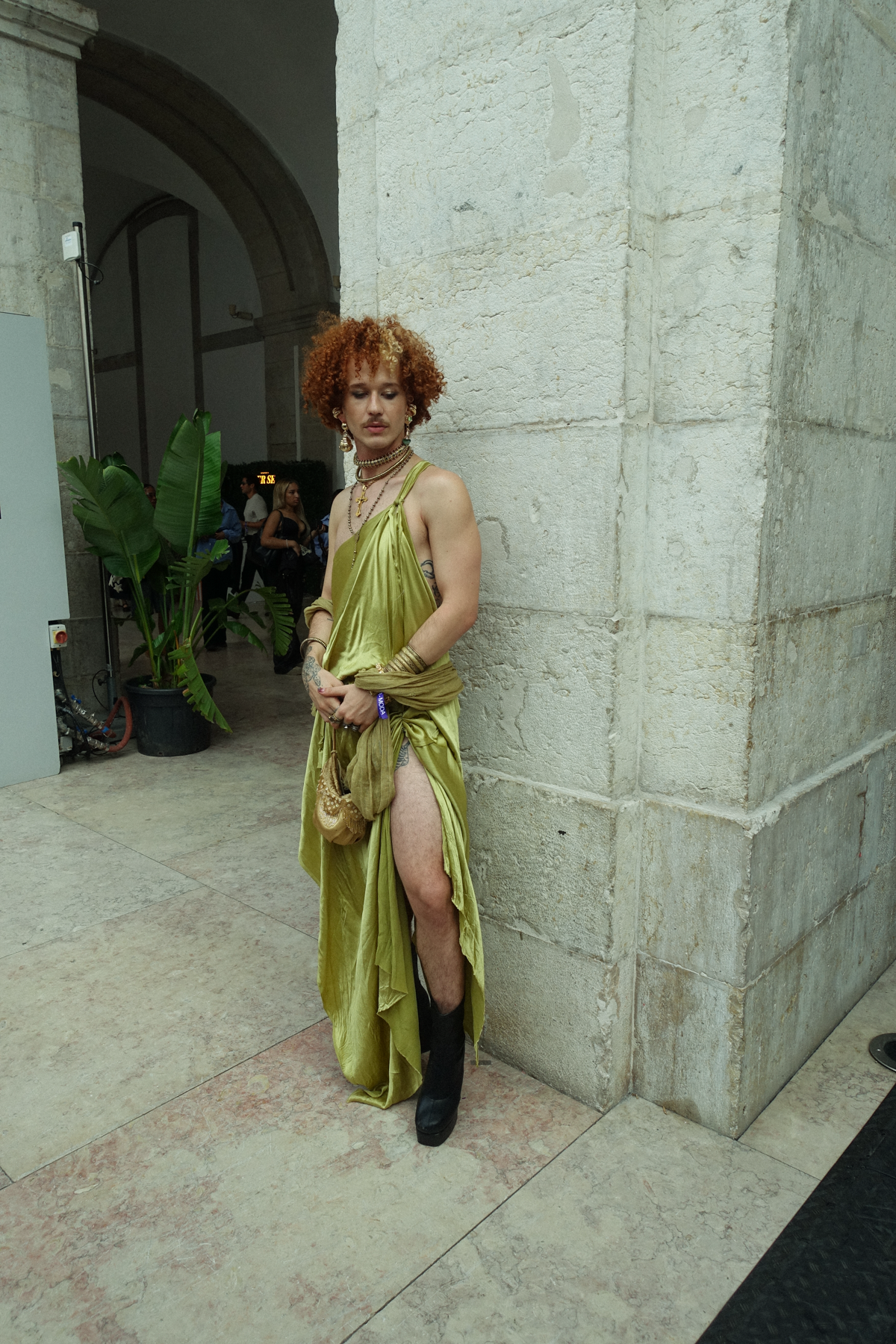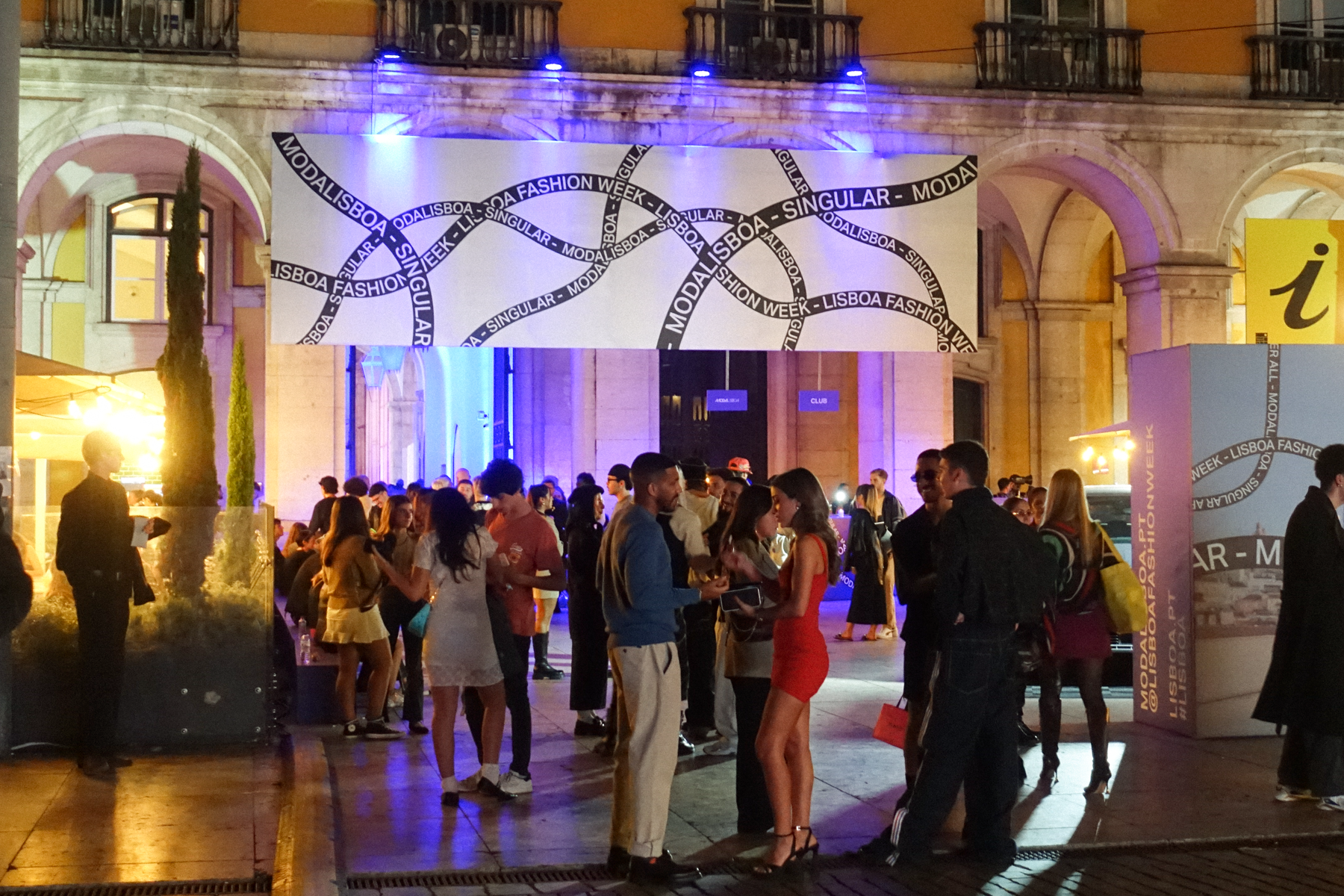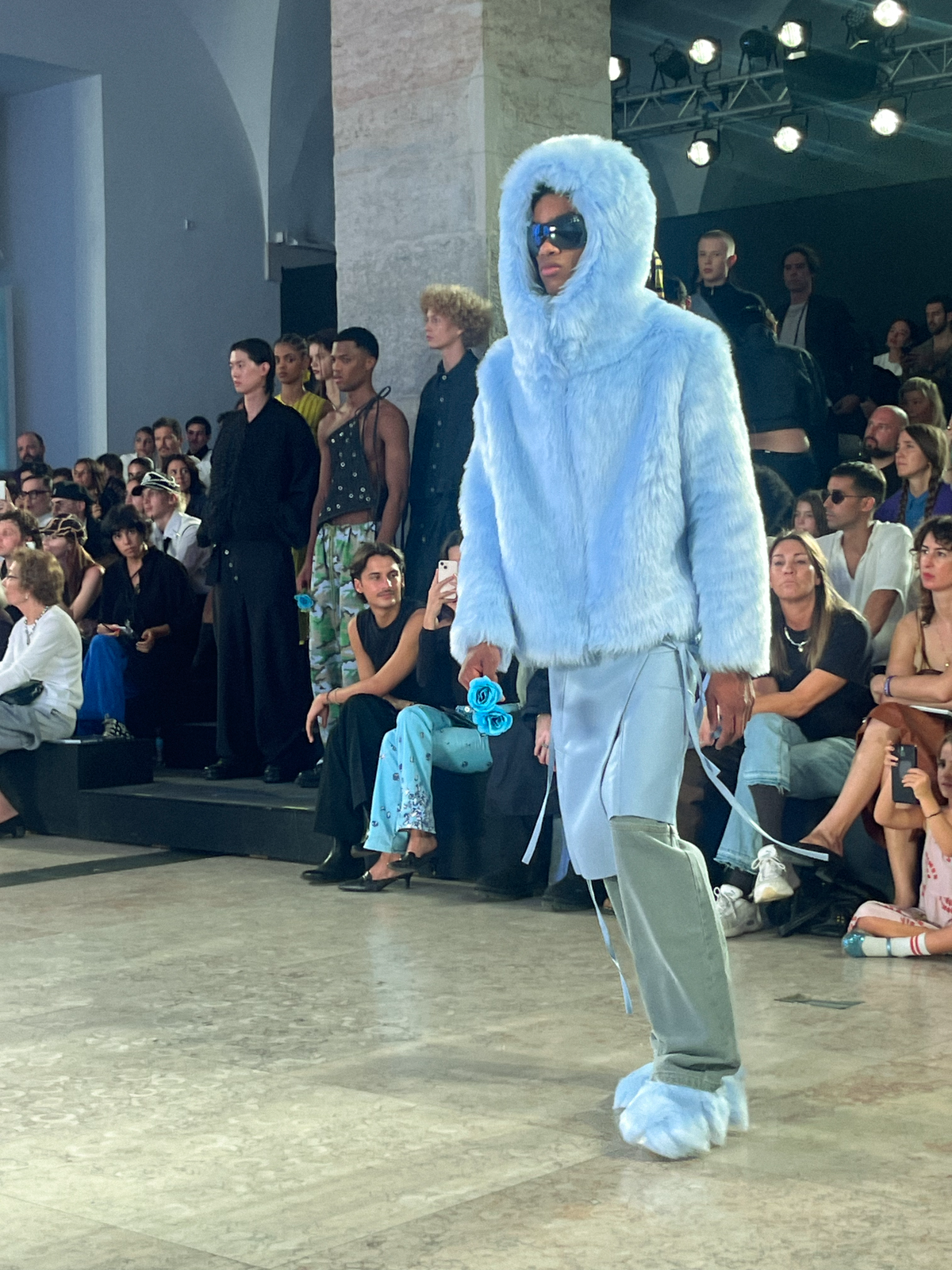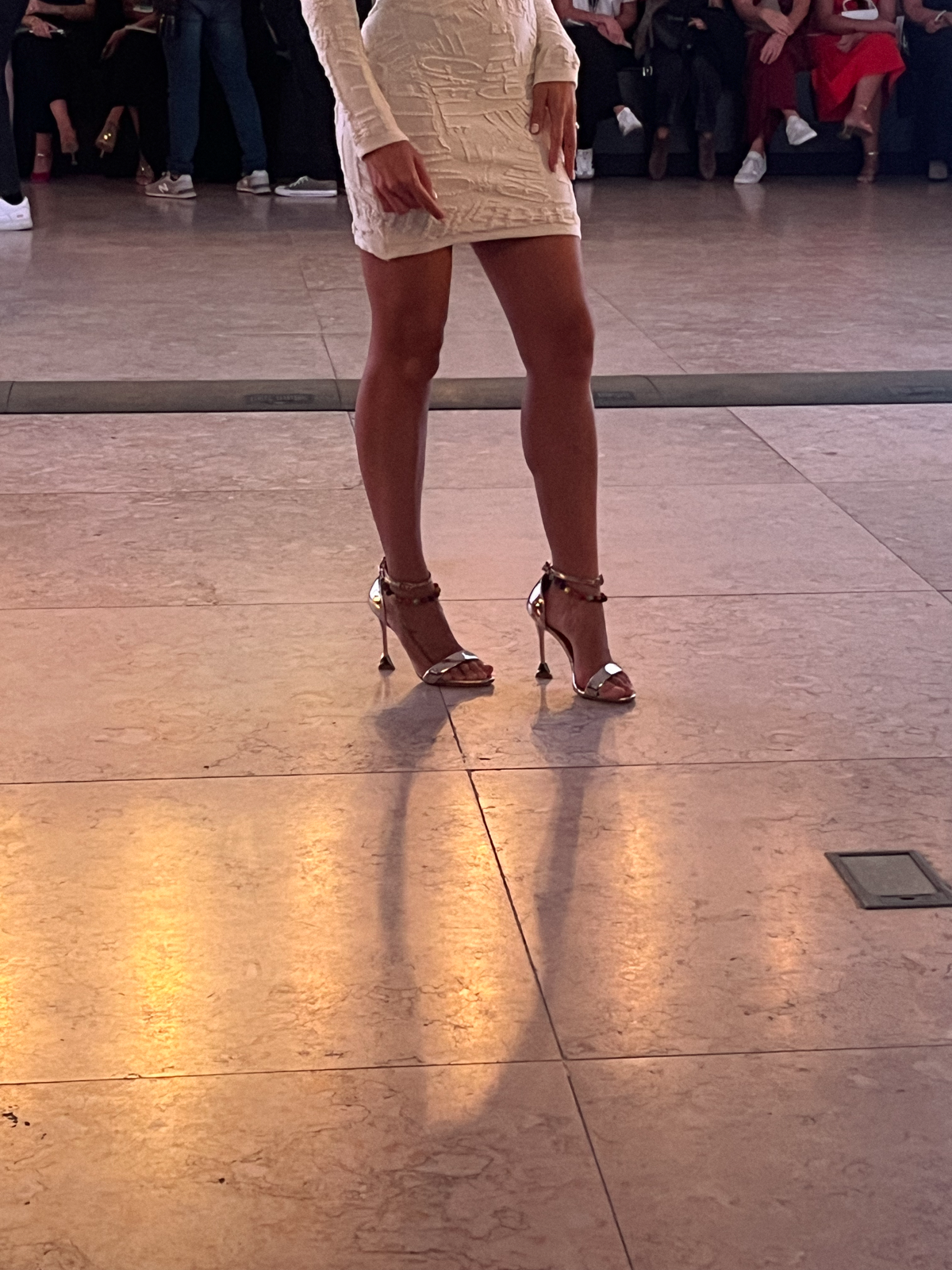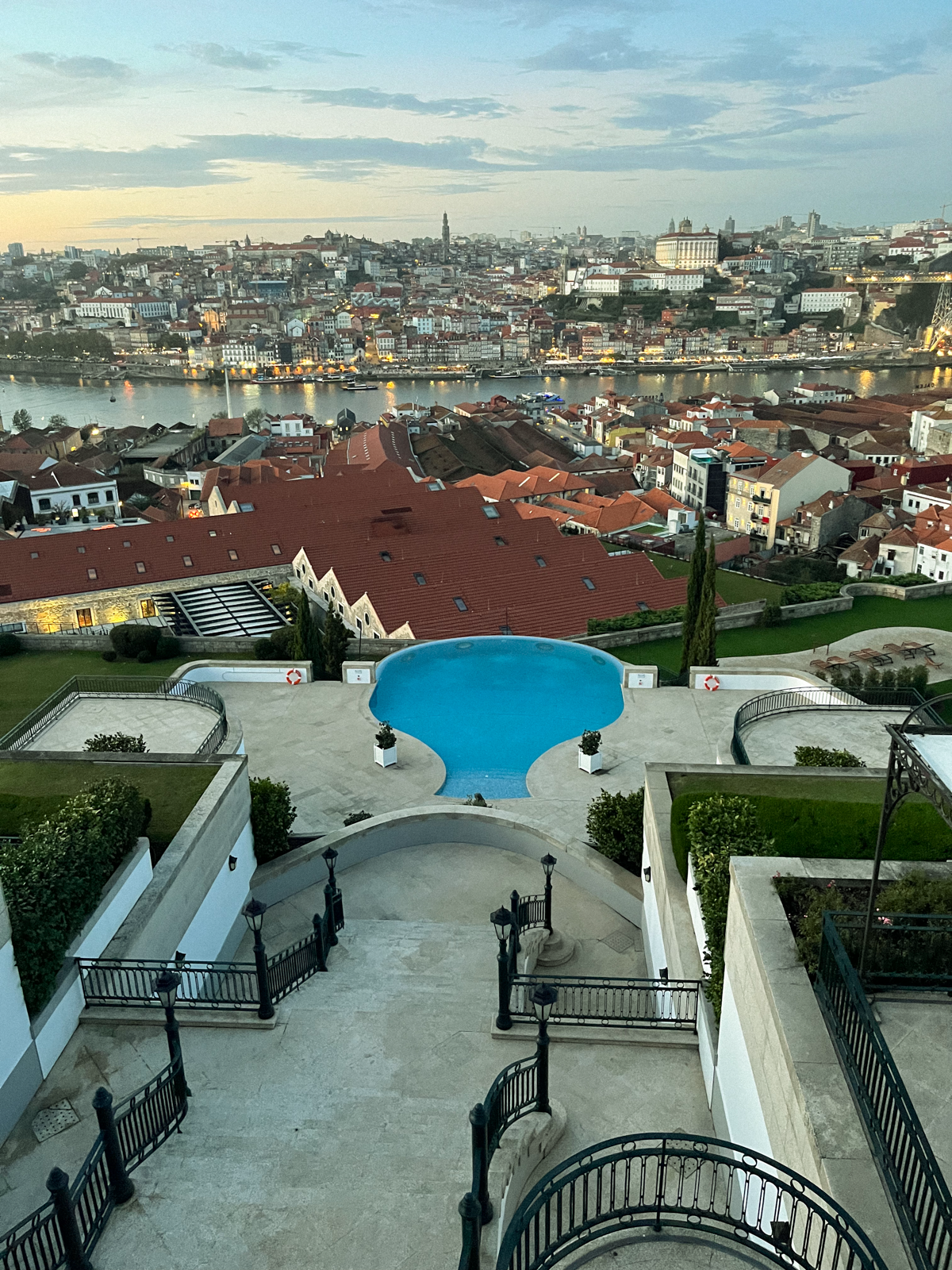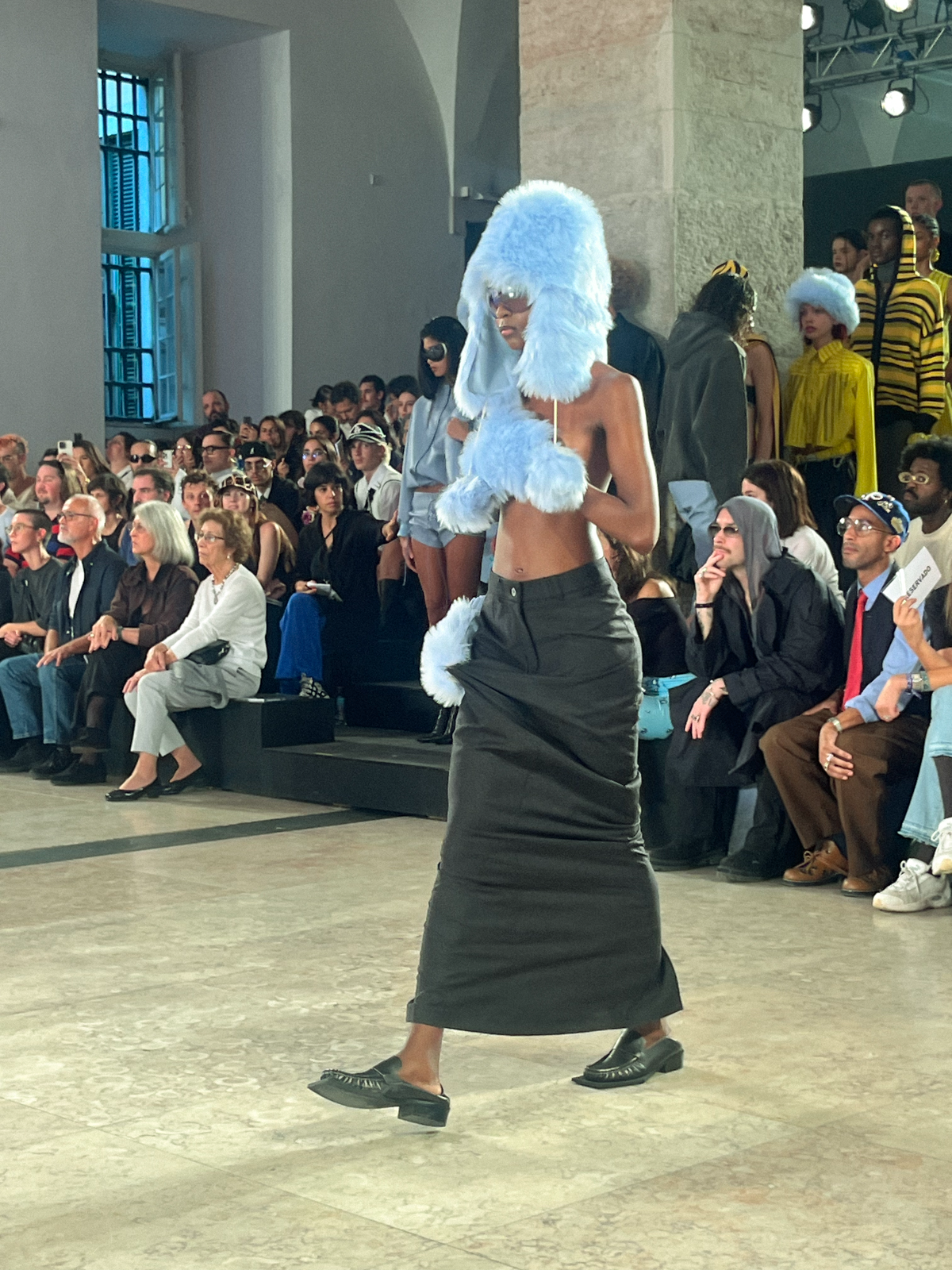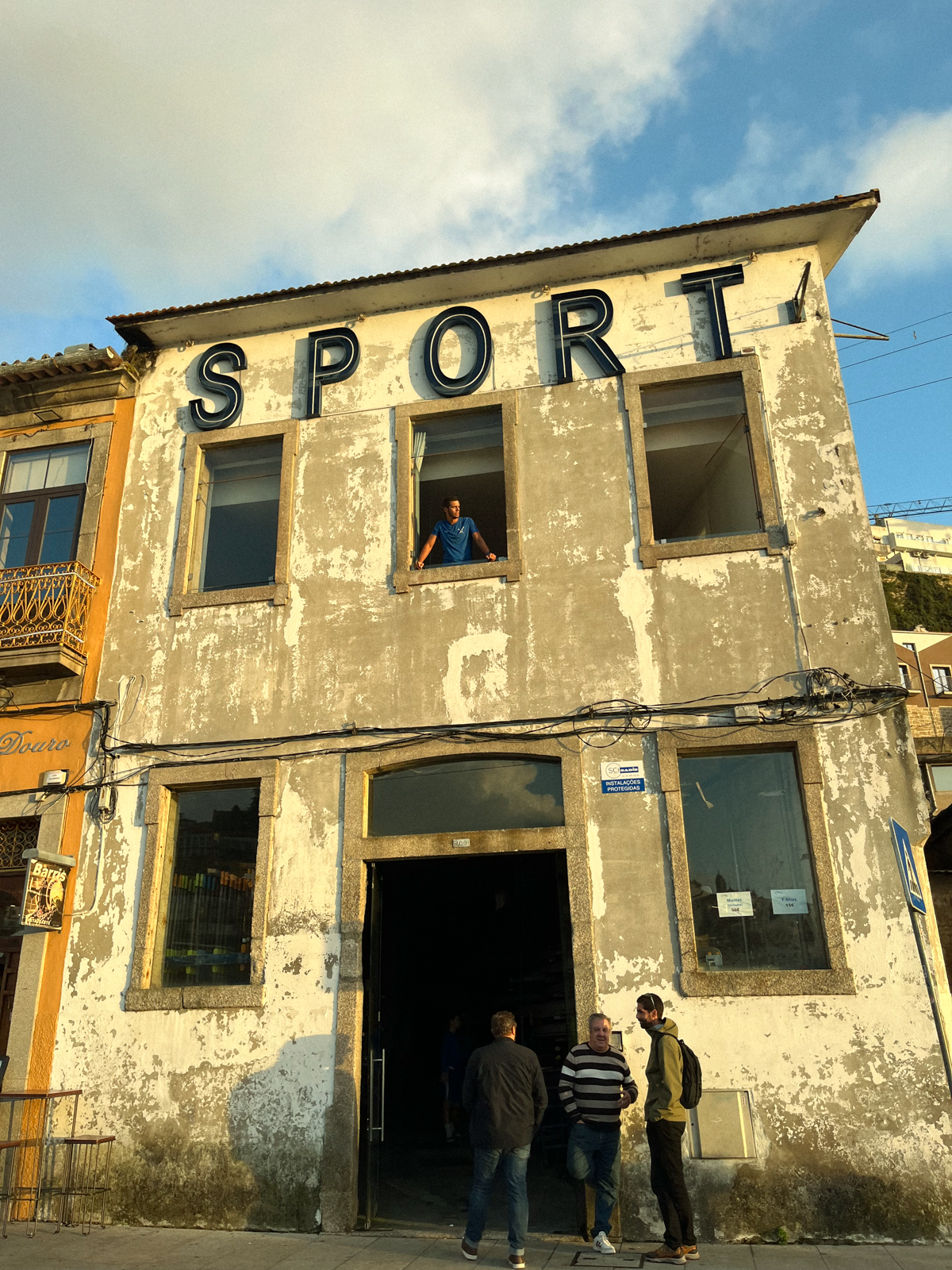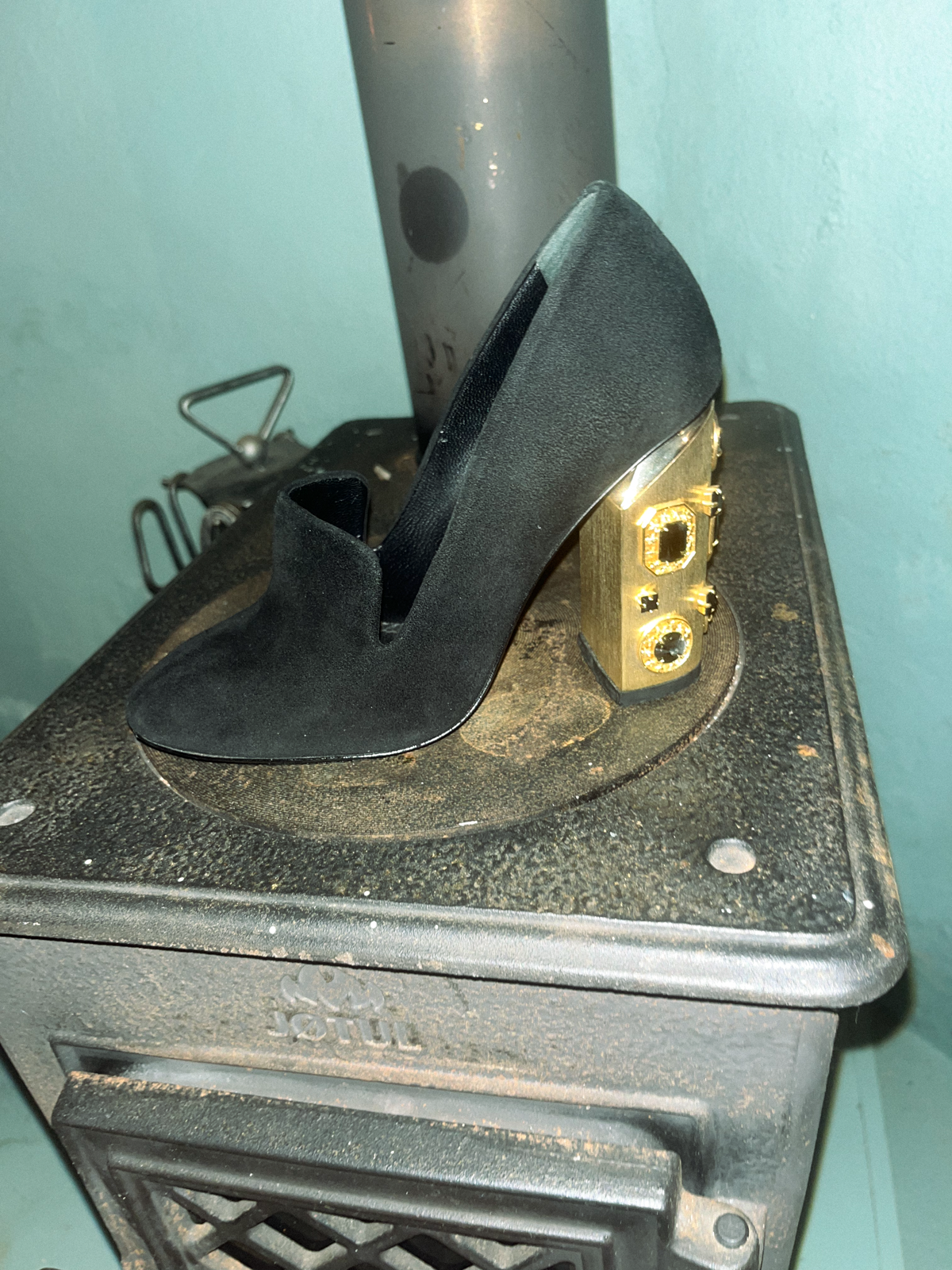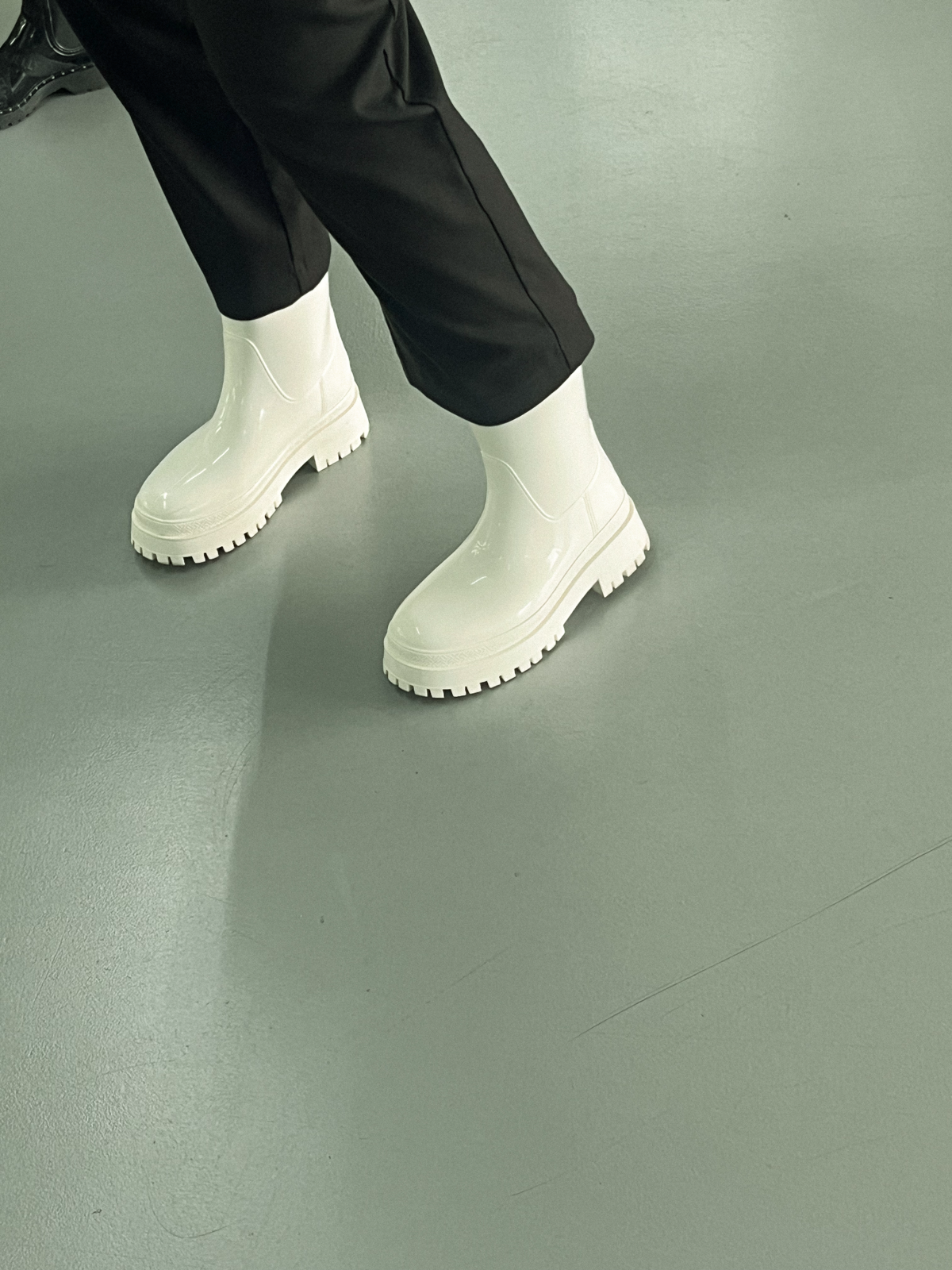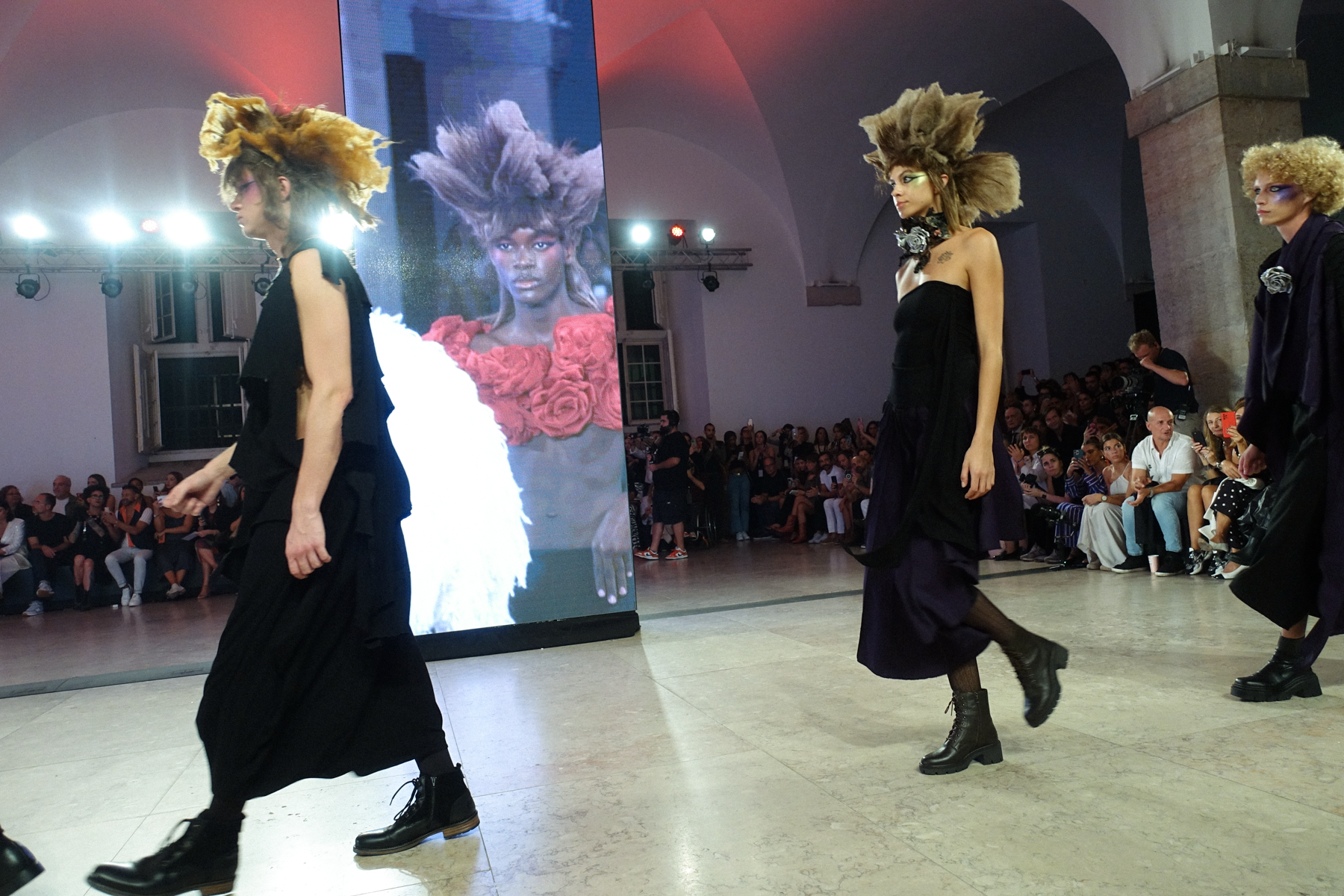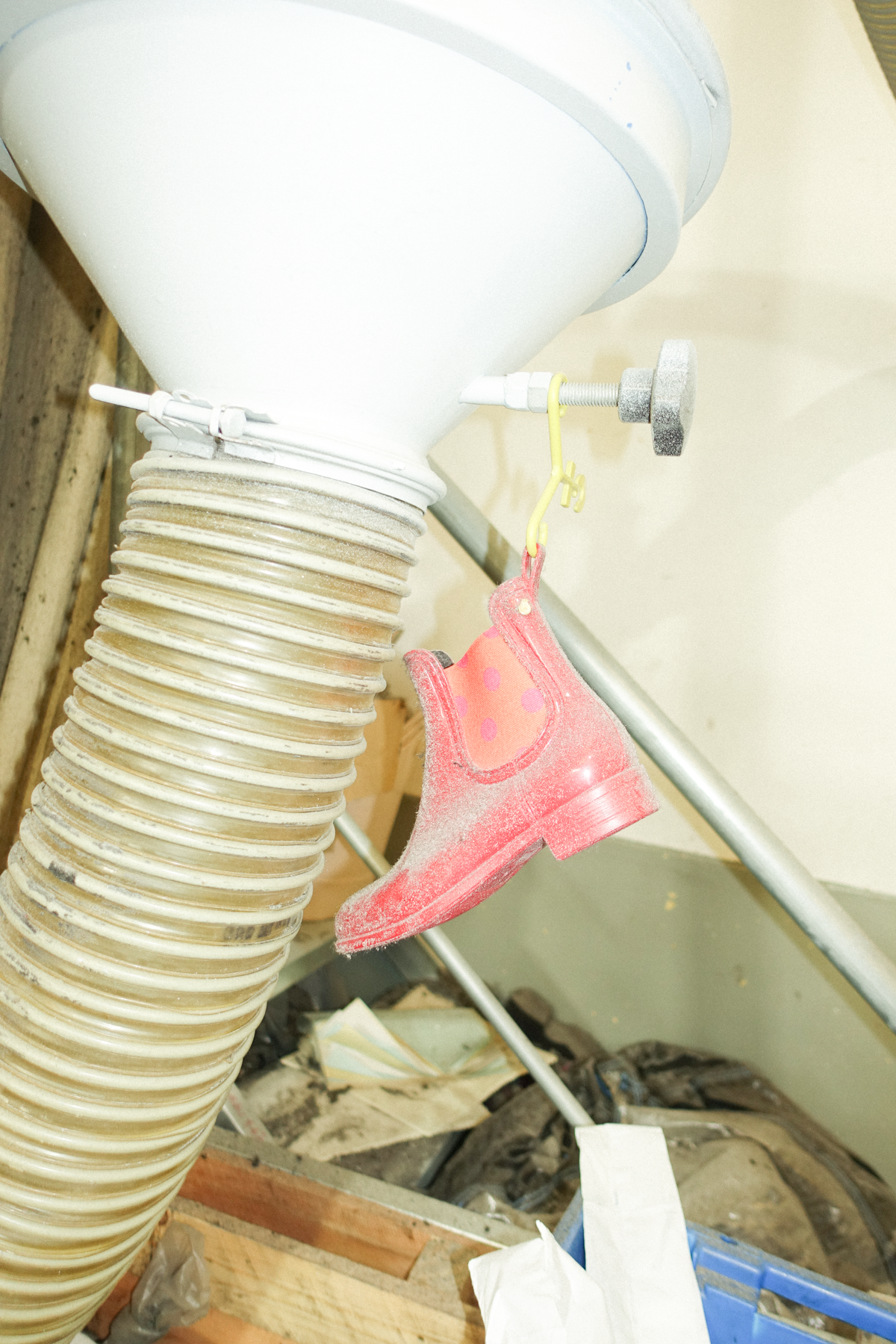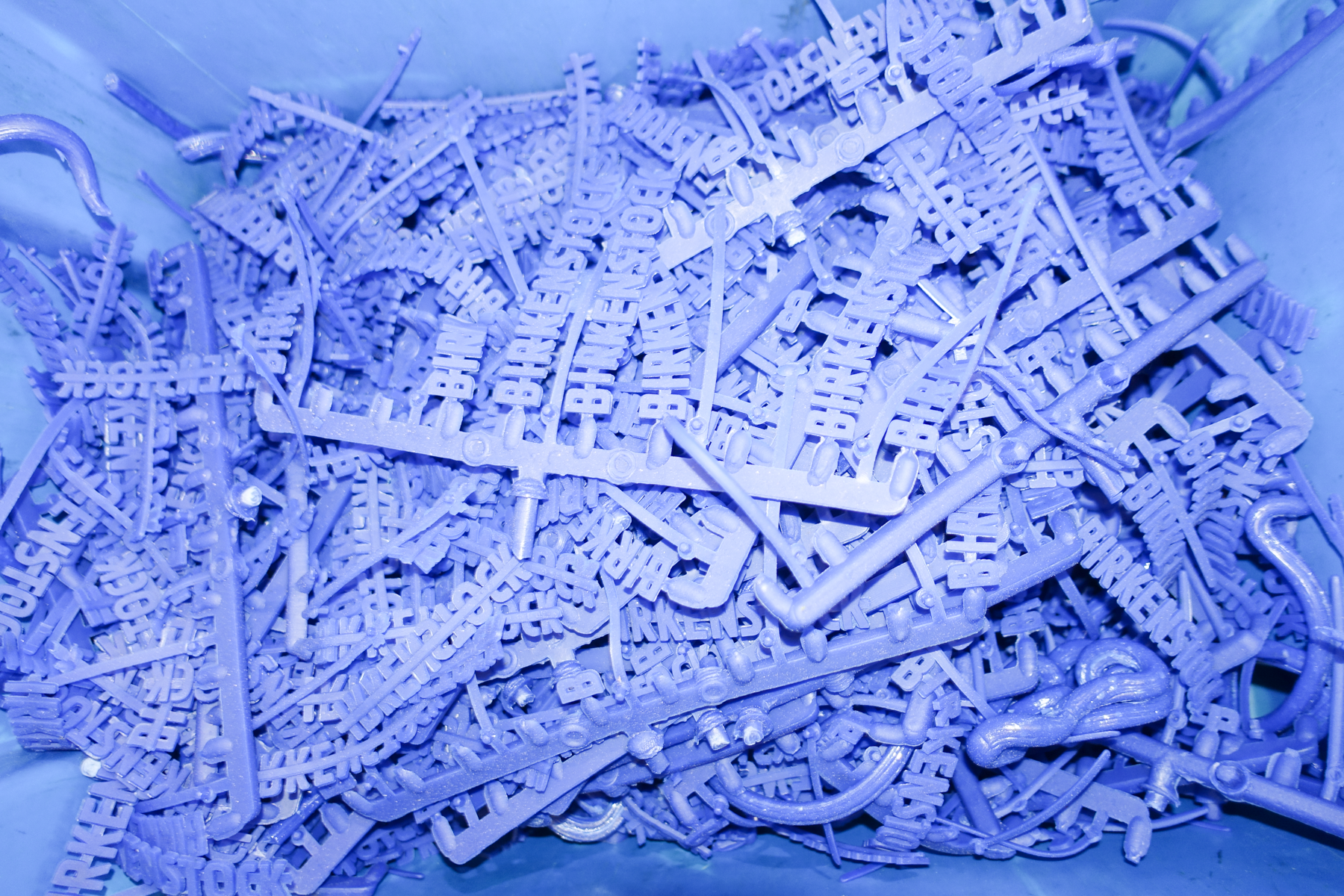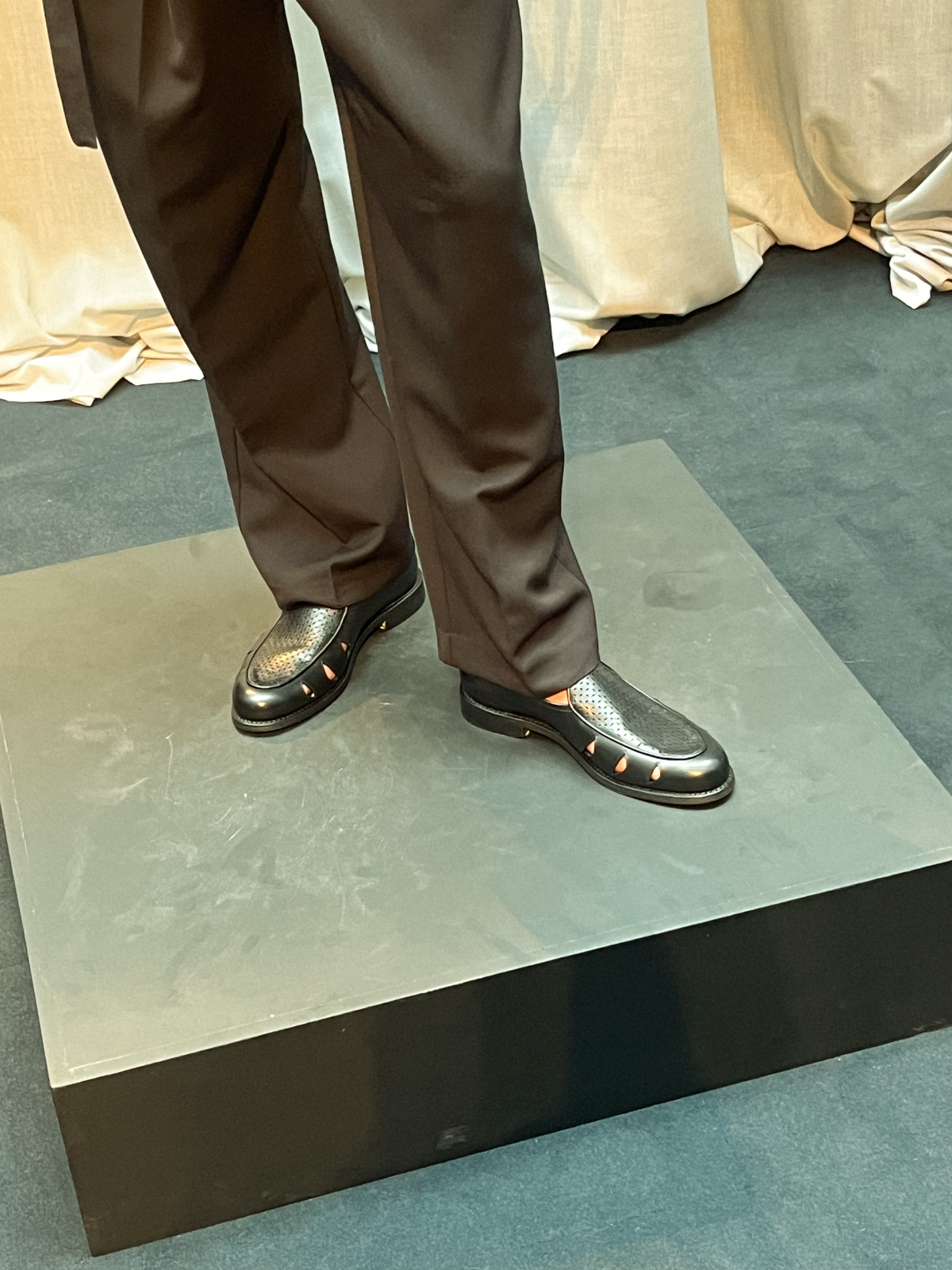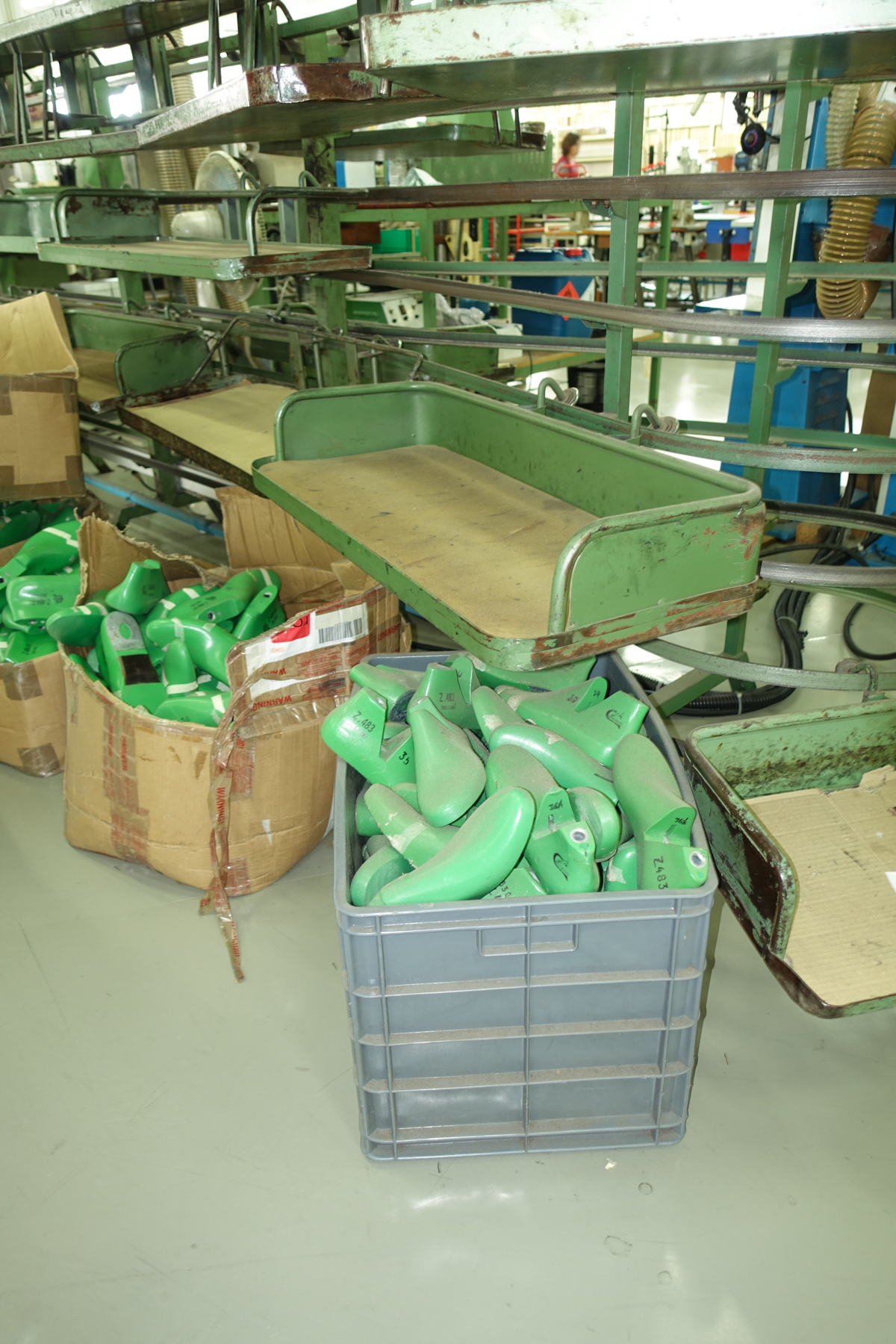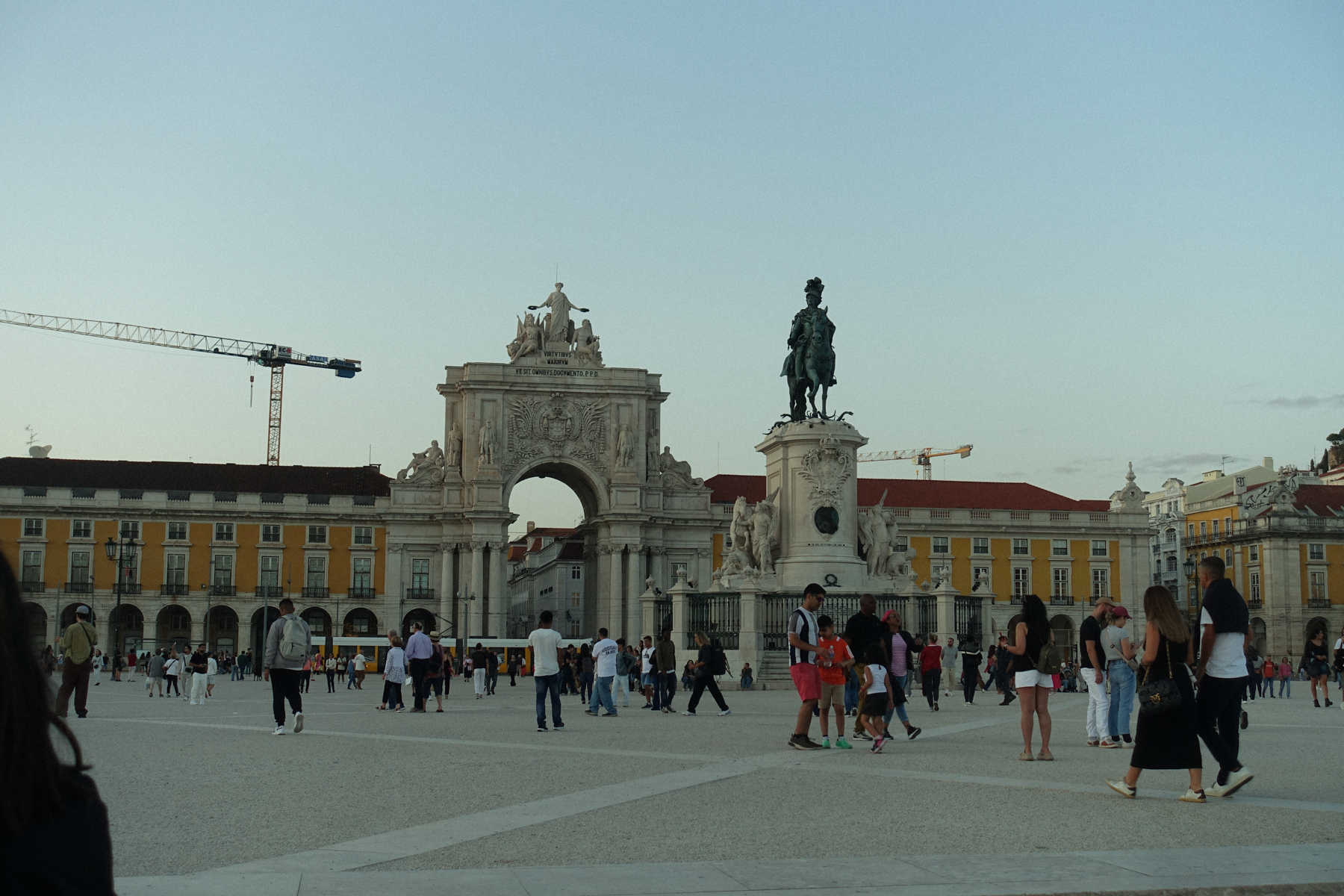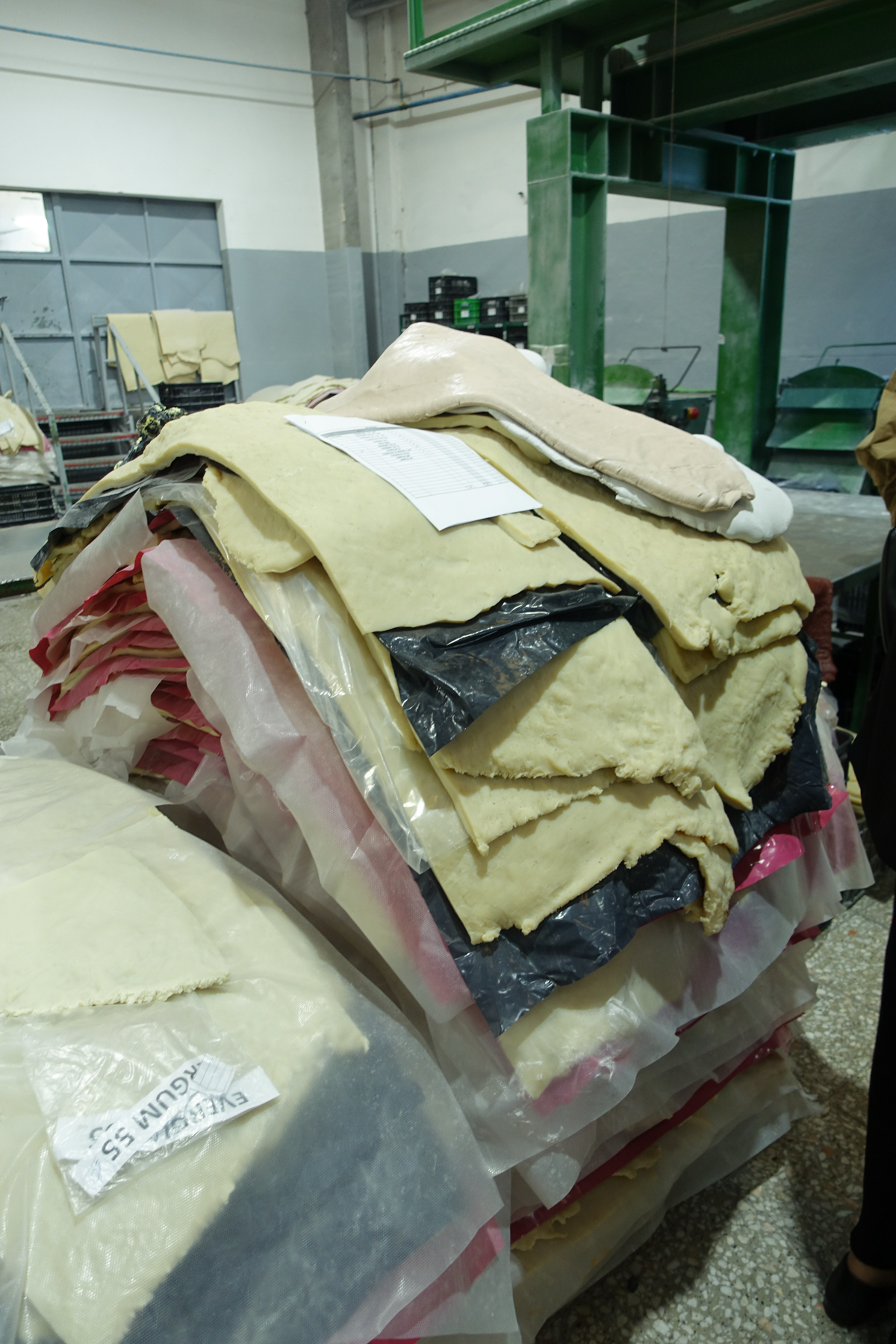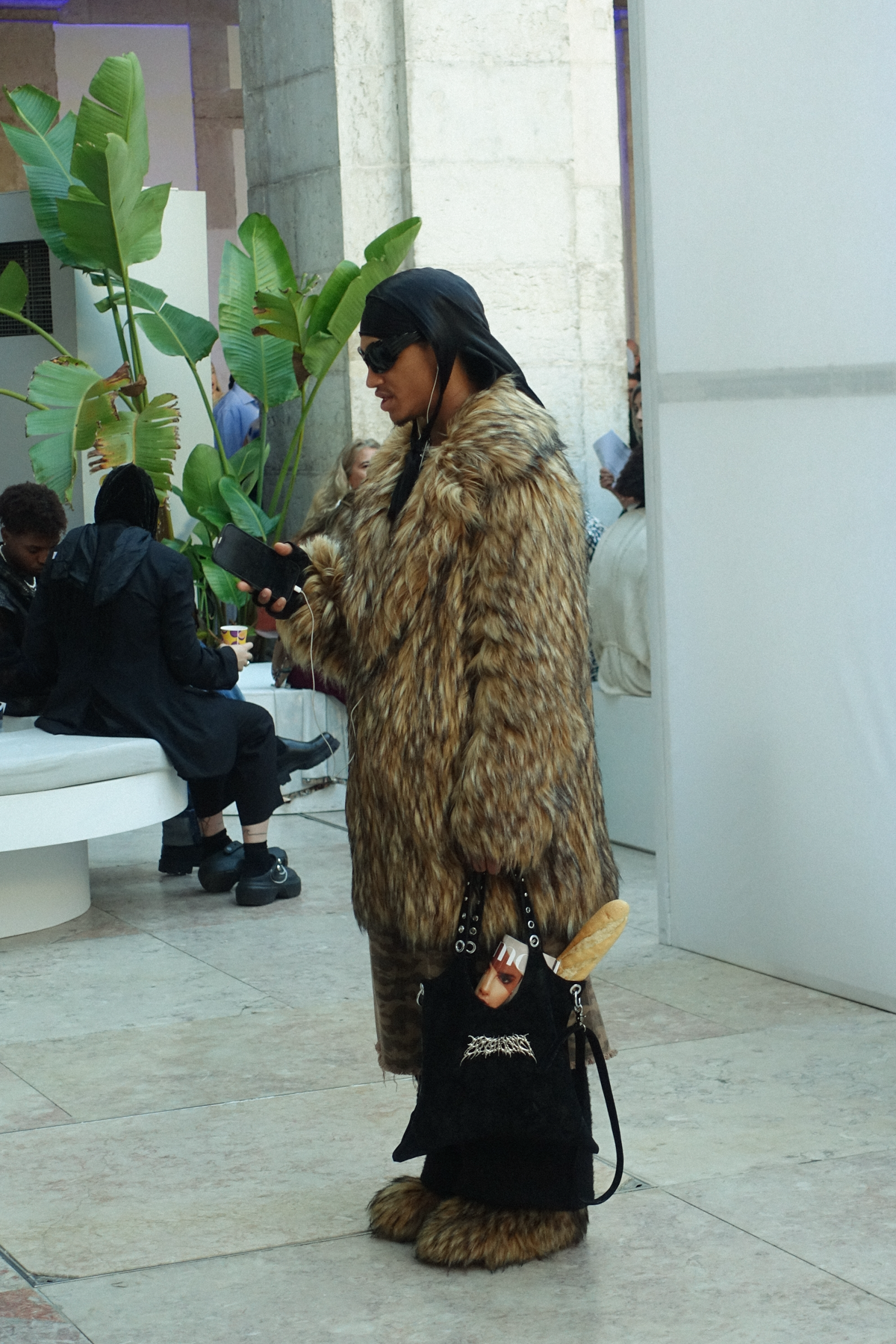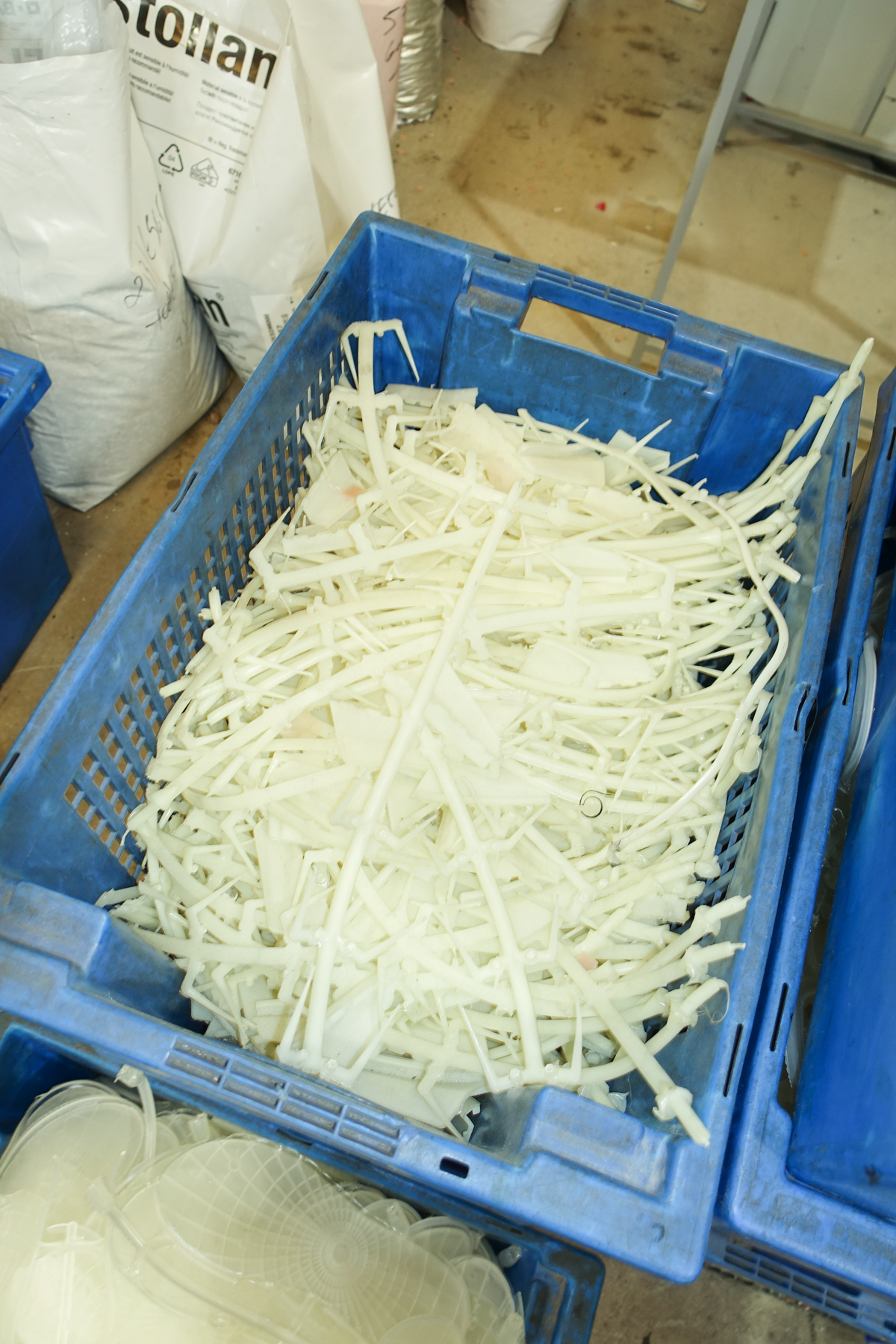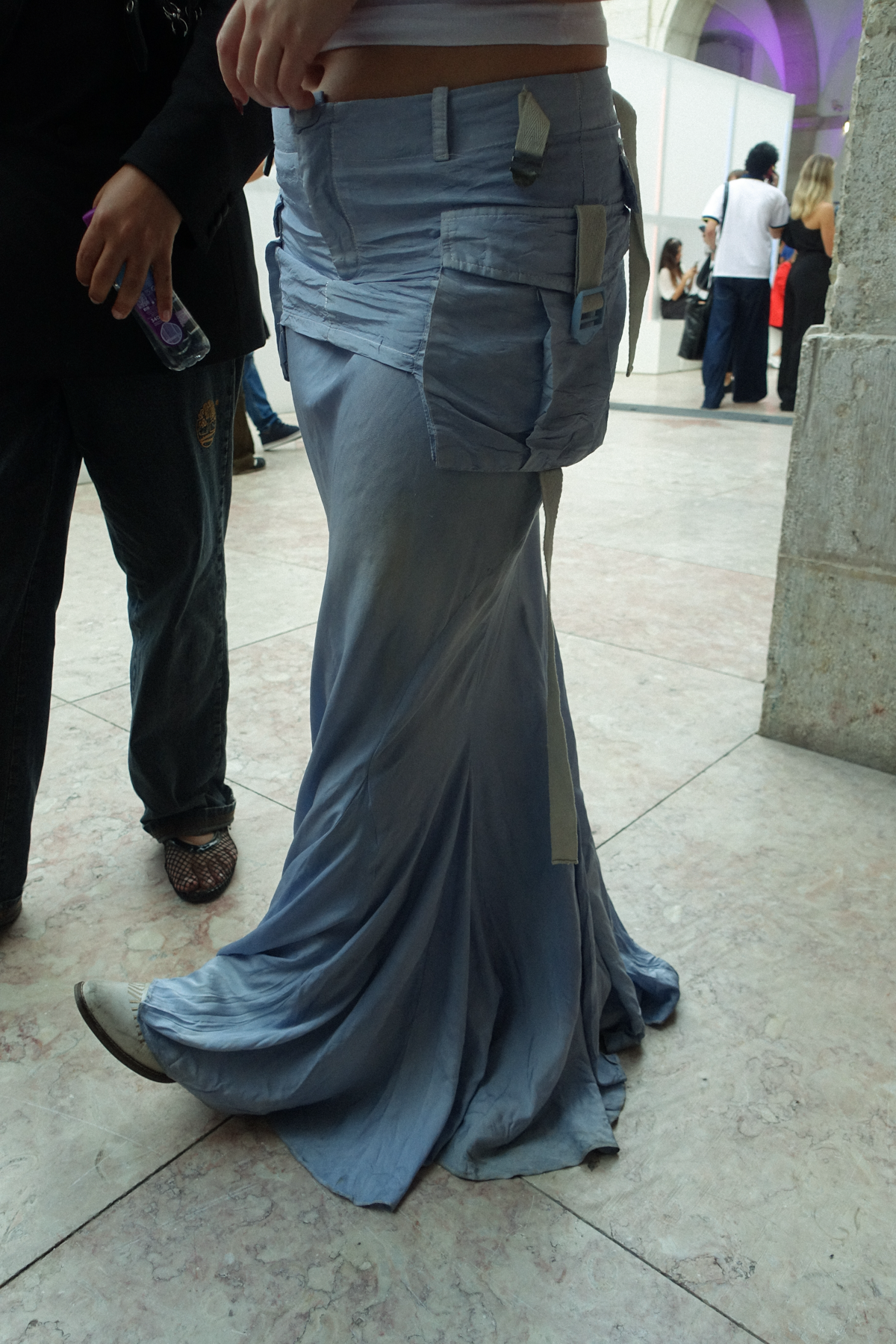Tekla: The Colors of Le Corbusier
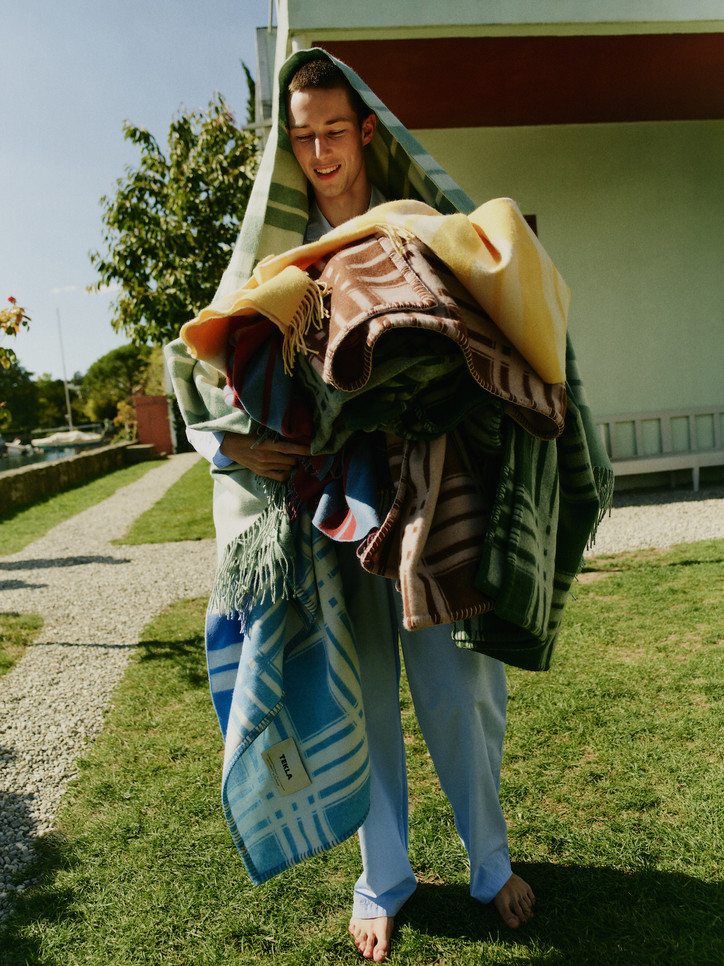
The limited-edition collection feature 140 x 200cm blankets available from February 21, 2023.
Stay informed on our latest news!

The limited-edition collection feature 140 x 200cm blankets available from February 21, 2023.
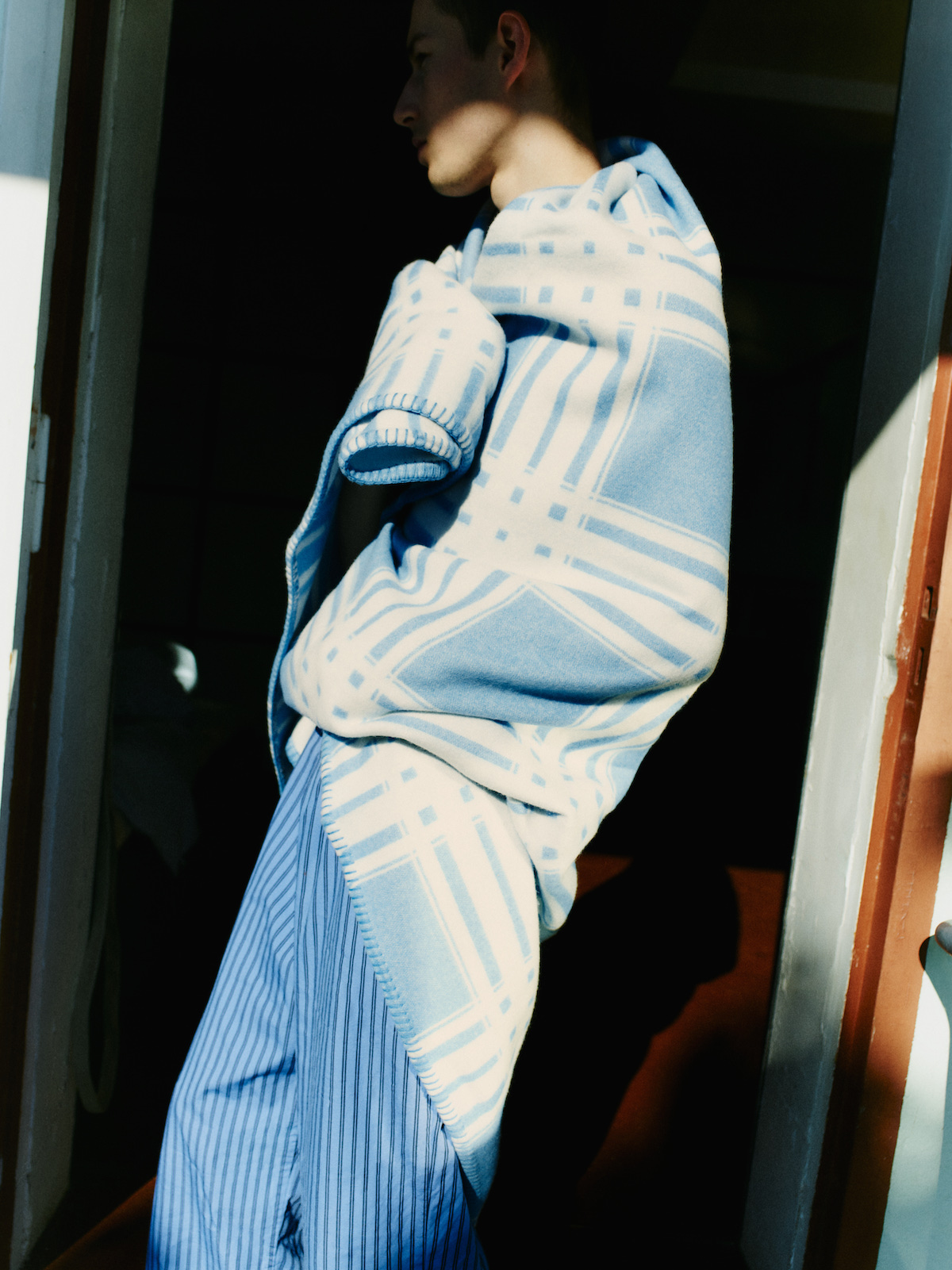
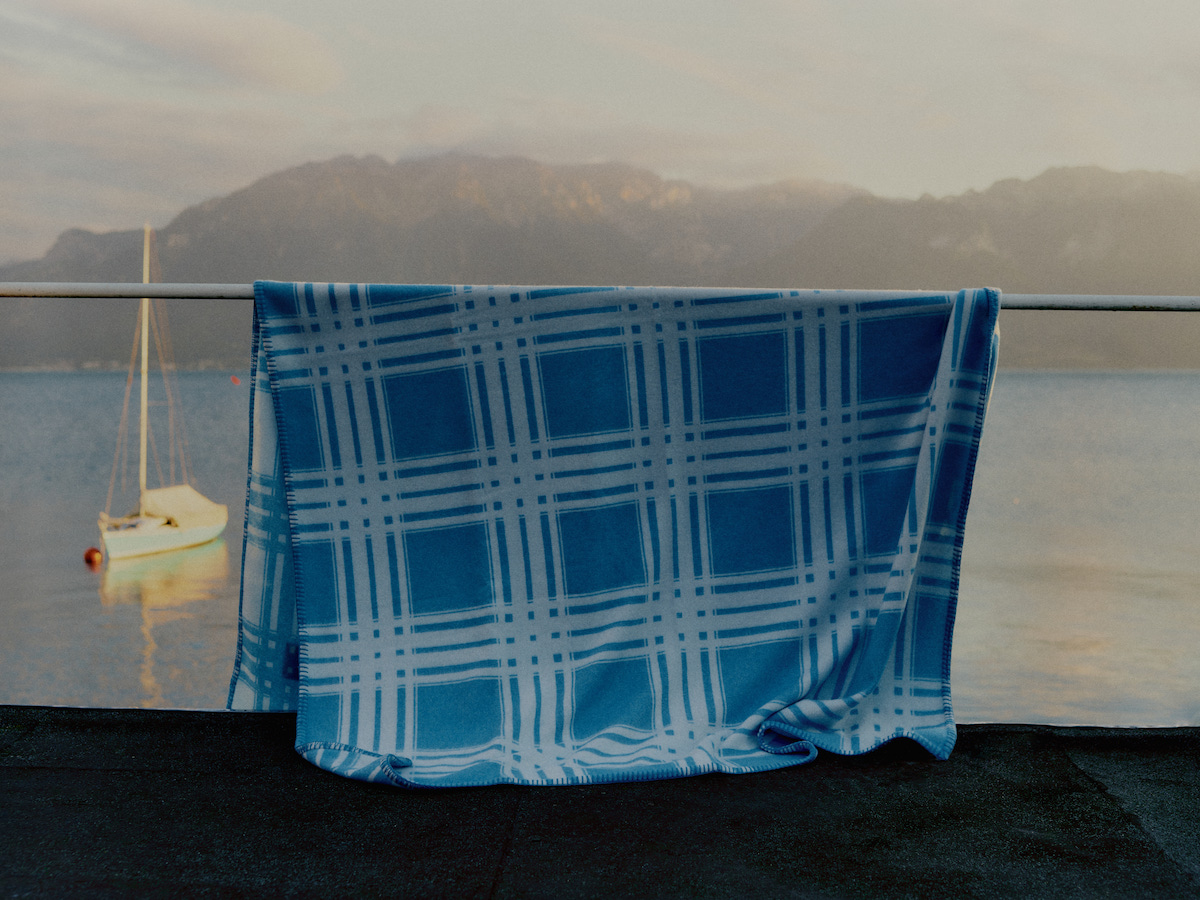
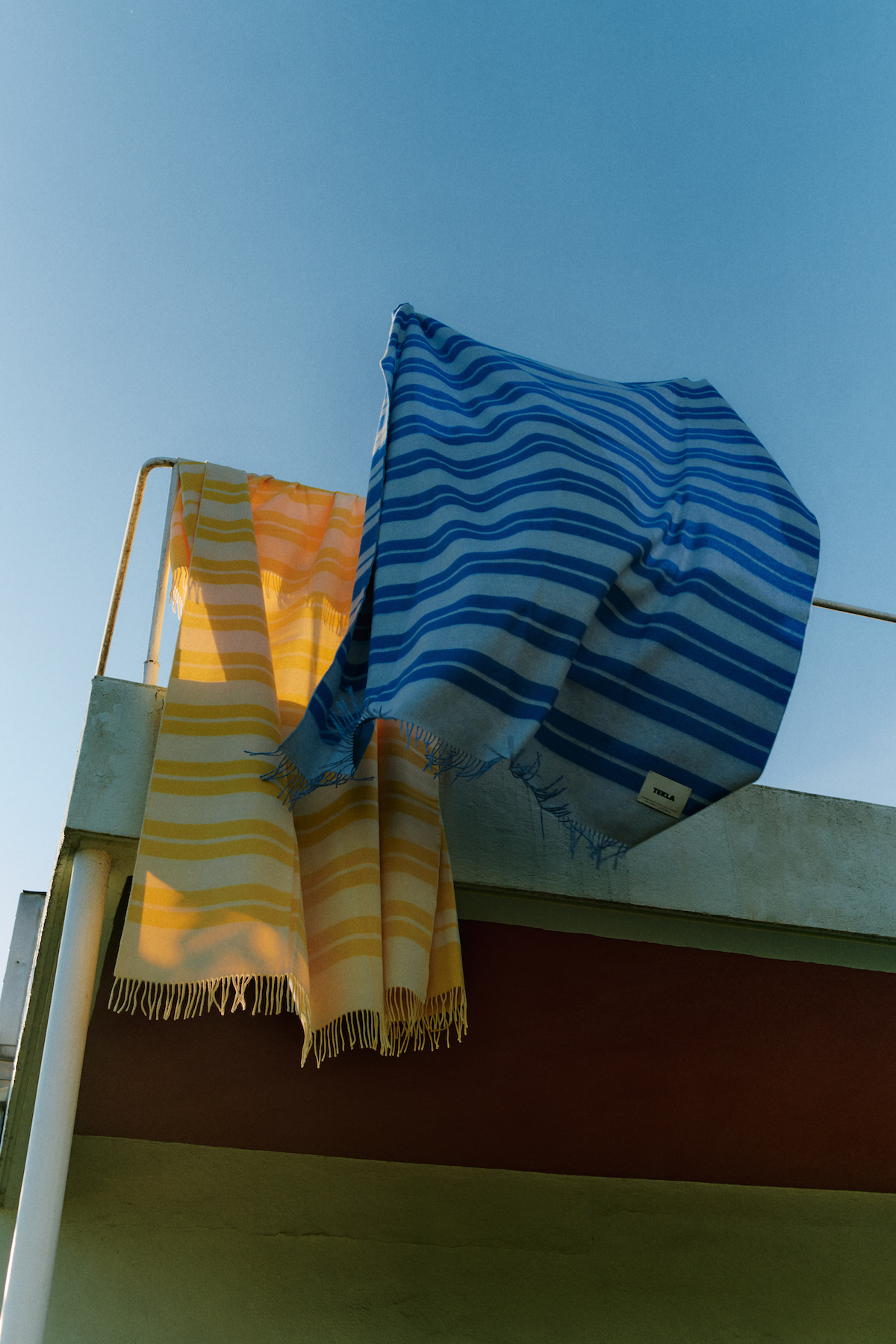
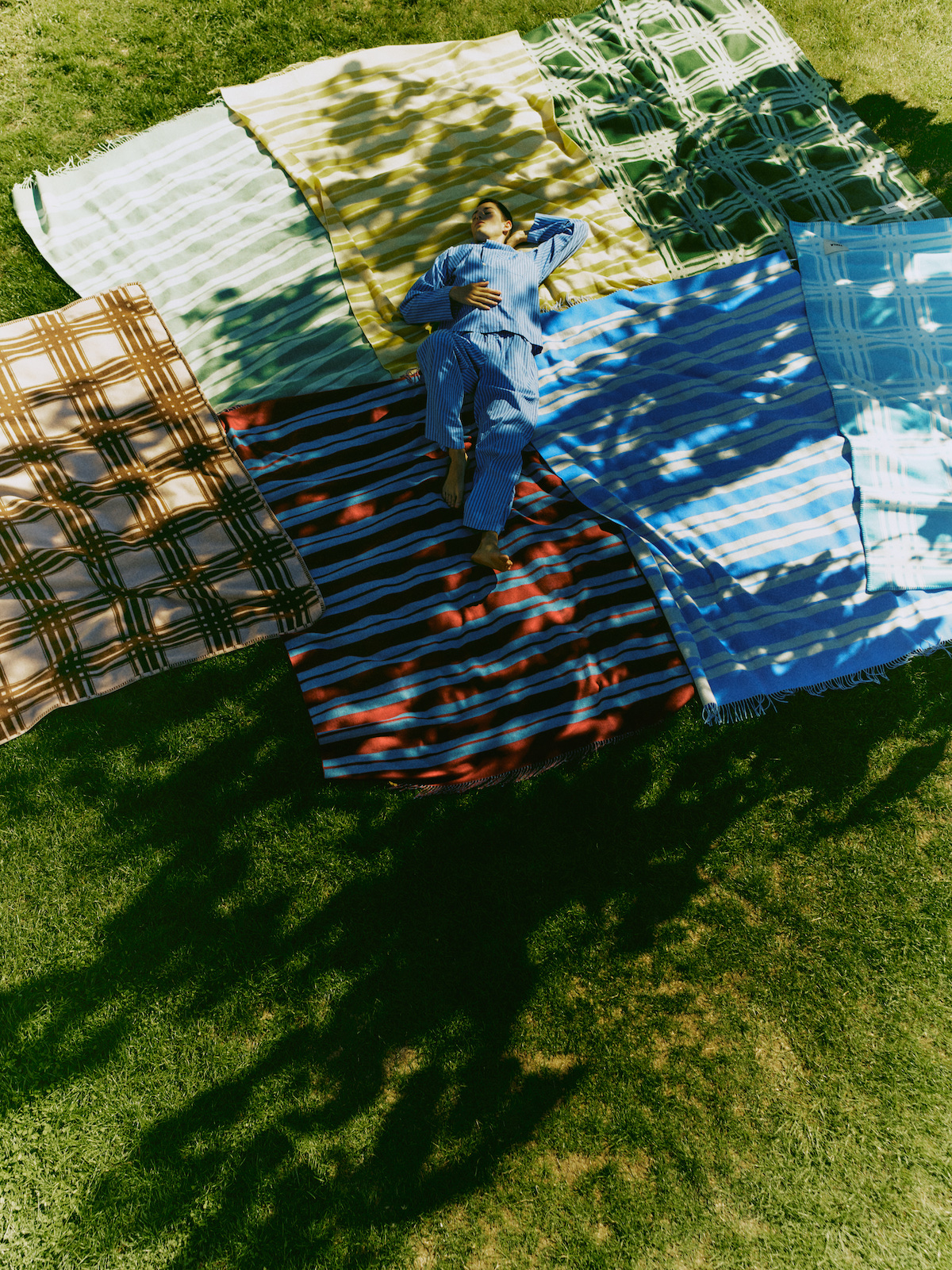
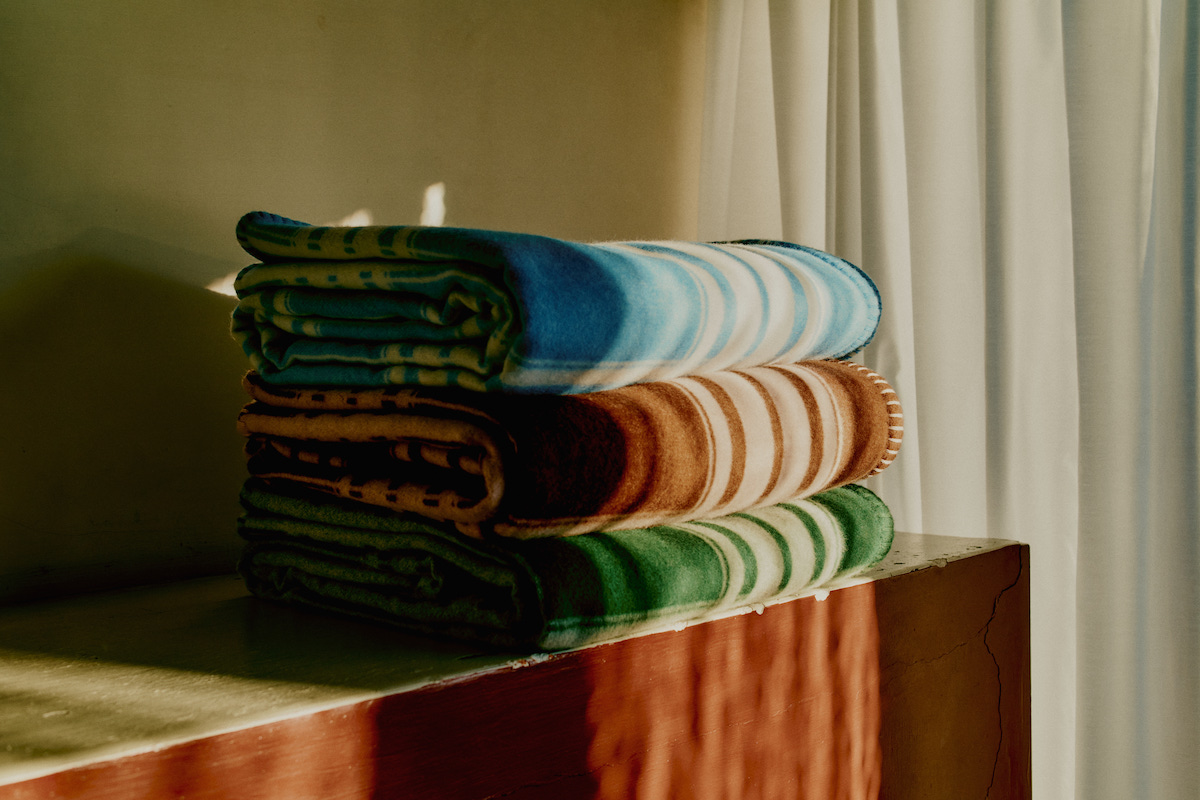

This collection in particular was inspired by a 1995 runway show by African designer Lamine Kouyaté, who collaborated with Puma for his brand Xuly-Bët. He created a collection of jerseys using all recycled materials. "Kouyaté’s words about reimagining synthetic materials that aren’t biodegradable struck me: 'These are modern fabrics... you could reinvent them instead of letting them rot,'" Chiro reflects.
By turning basketball jerseys into dresses, Chiro challenges our understanding of streetwear by taking it out of its stereotypical context. The dresses fuse elements of Black culture, sportswear, and femininity. This combination has resulted in innovative clothing that pulls from nostalgia while bringing in a contemporary twist. She recently debuted the dresses at Procell, a downtown vintage curator and storefront.



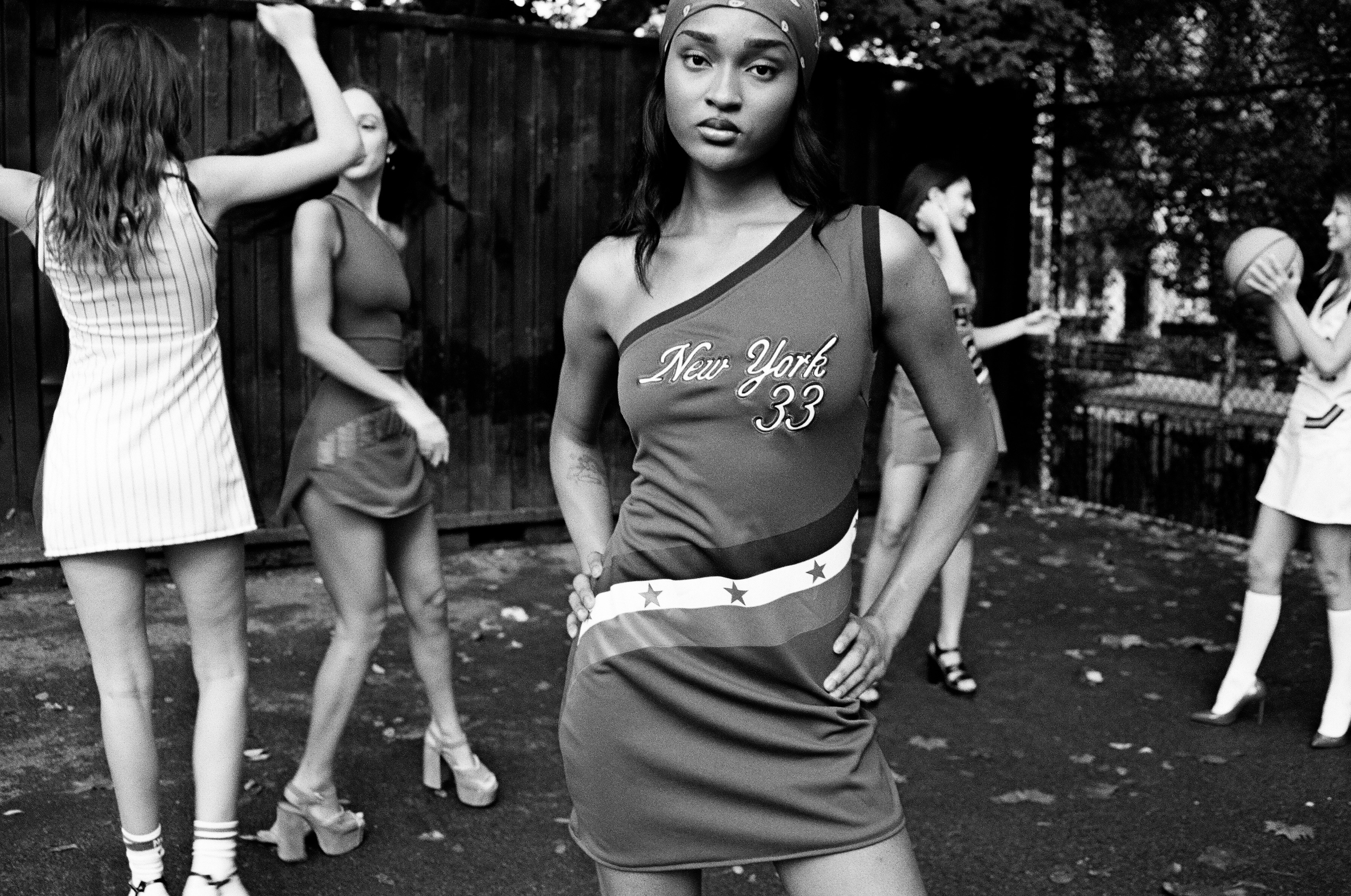

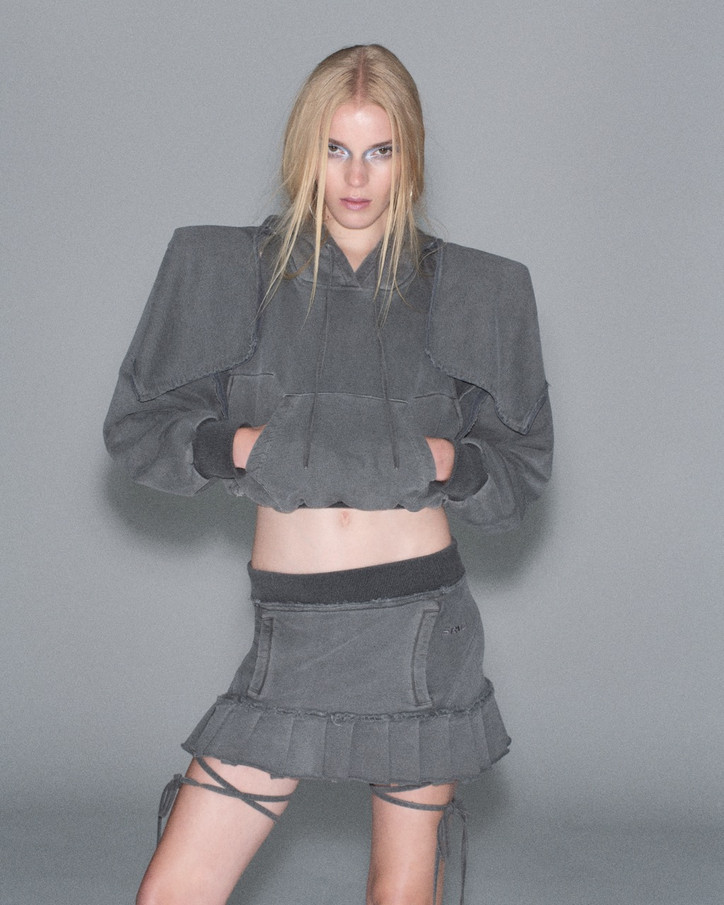
Anchored in emotional resonance, the collection draws from utilitarian and protective elements, merging them with soft, flowing fabrics that speak to the complexity of feminine strength. By refusing to confine itself within traditional gender expressions, SRVC champions a woman who is unapologetically both strong and vulnerable, urging her to embrace every facet of her identity. Preview the lookbook below.
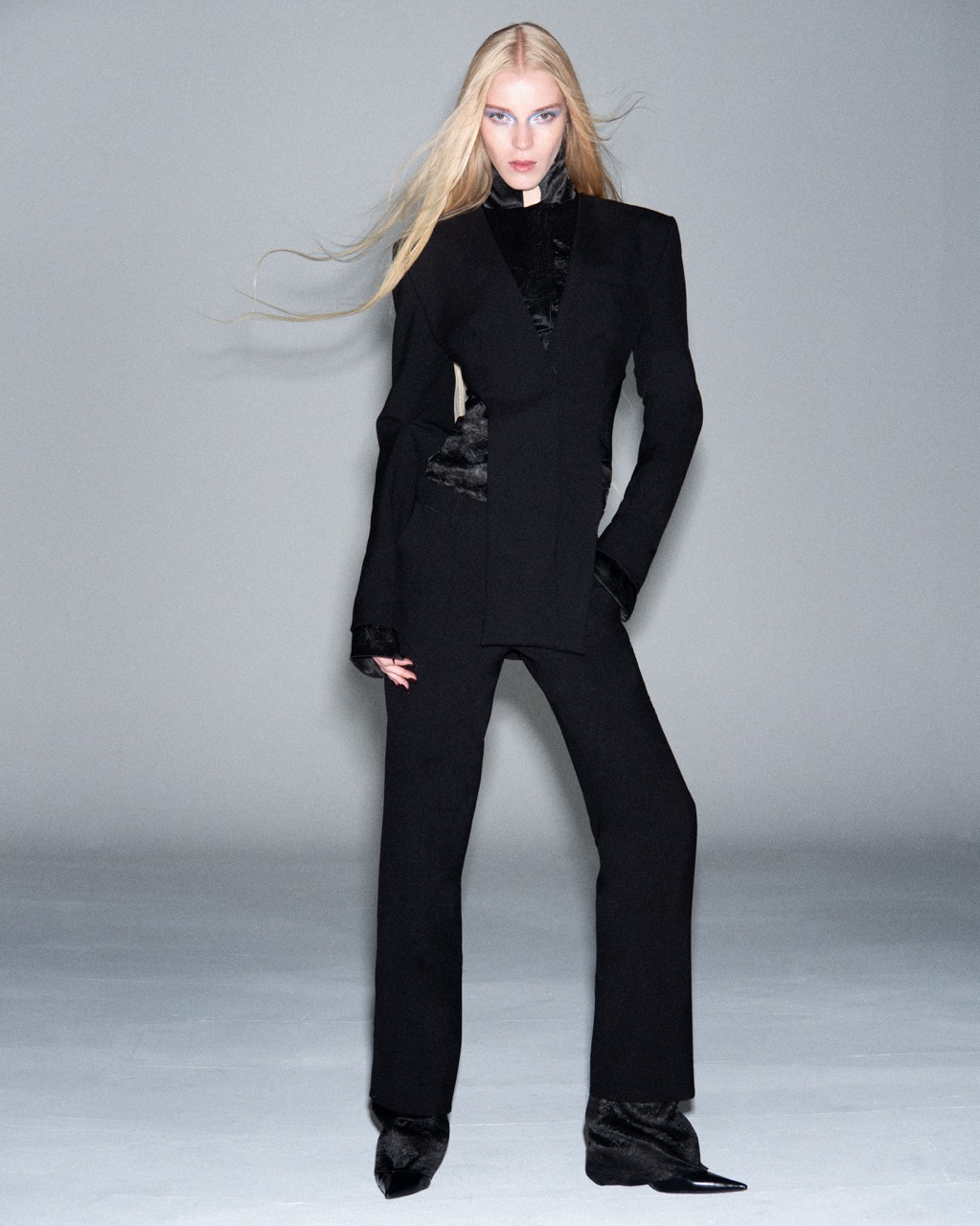
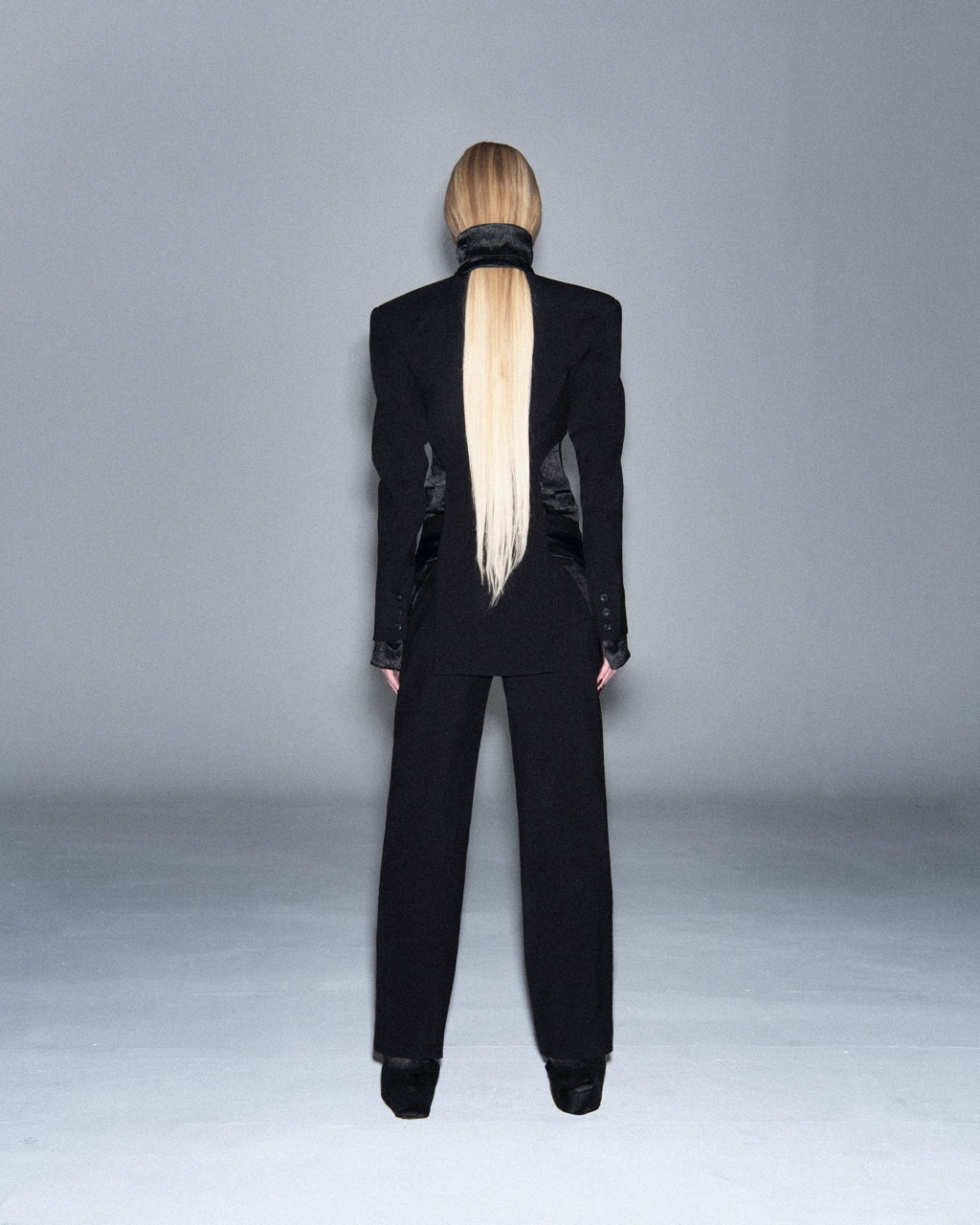
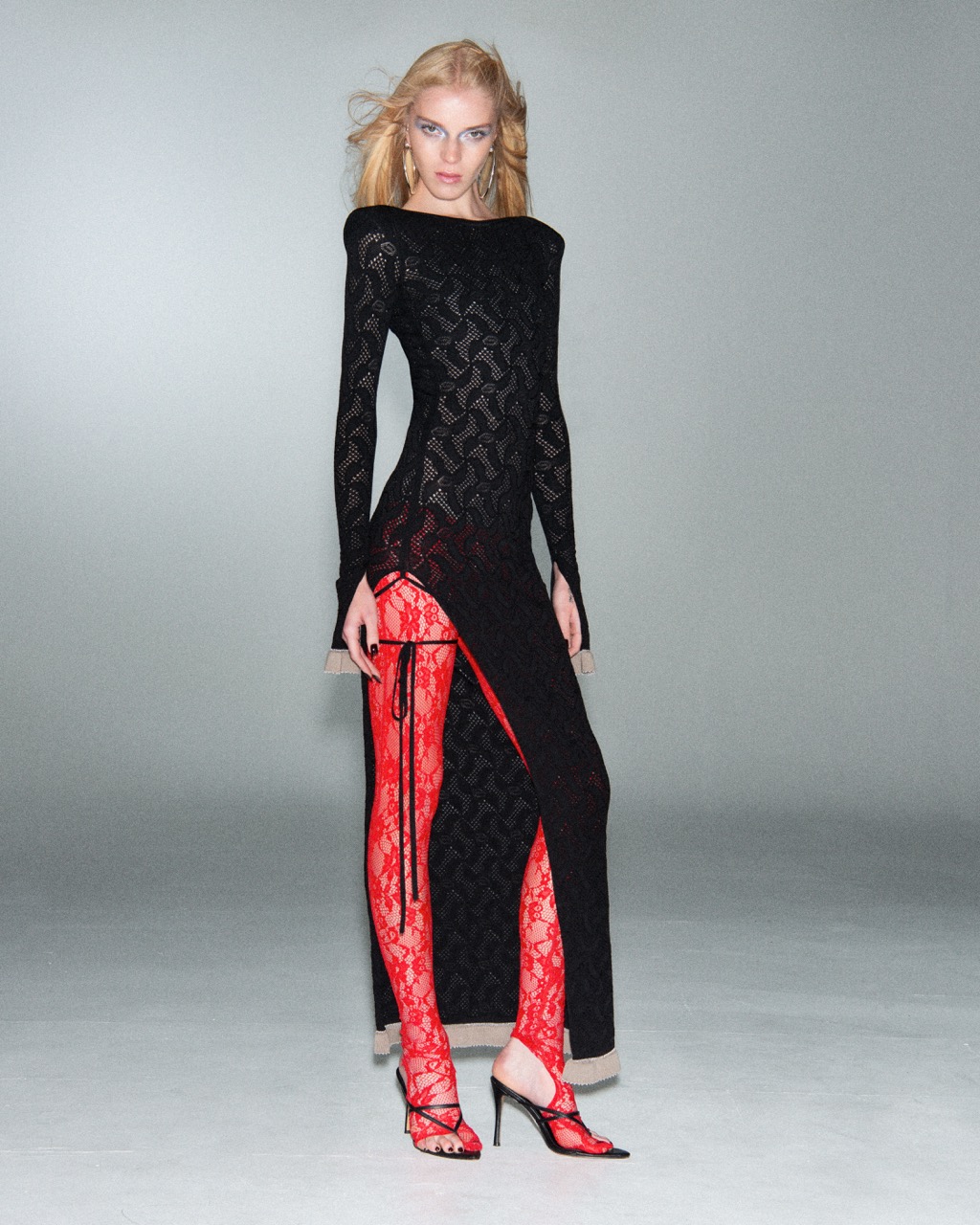
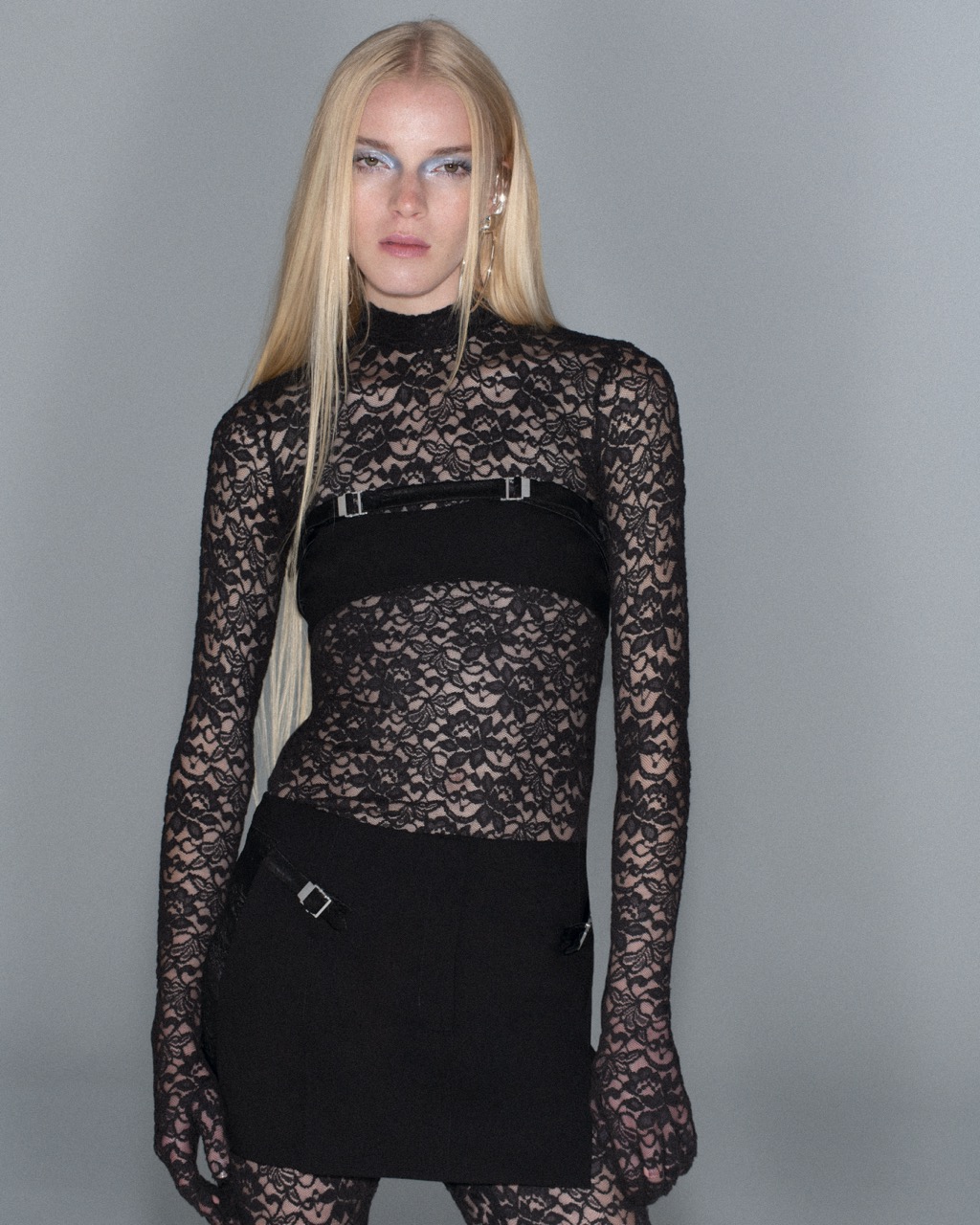
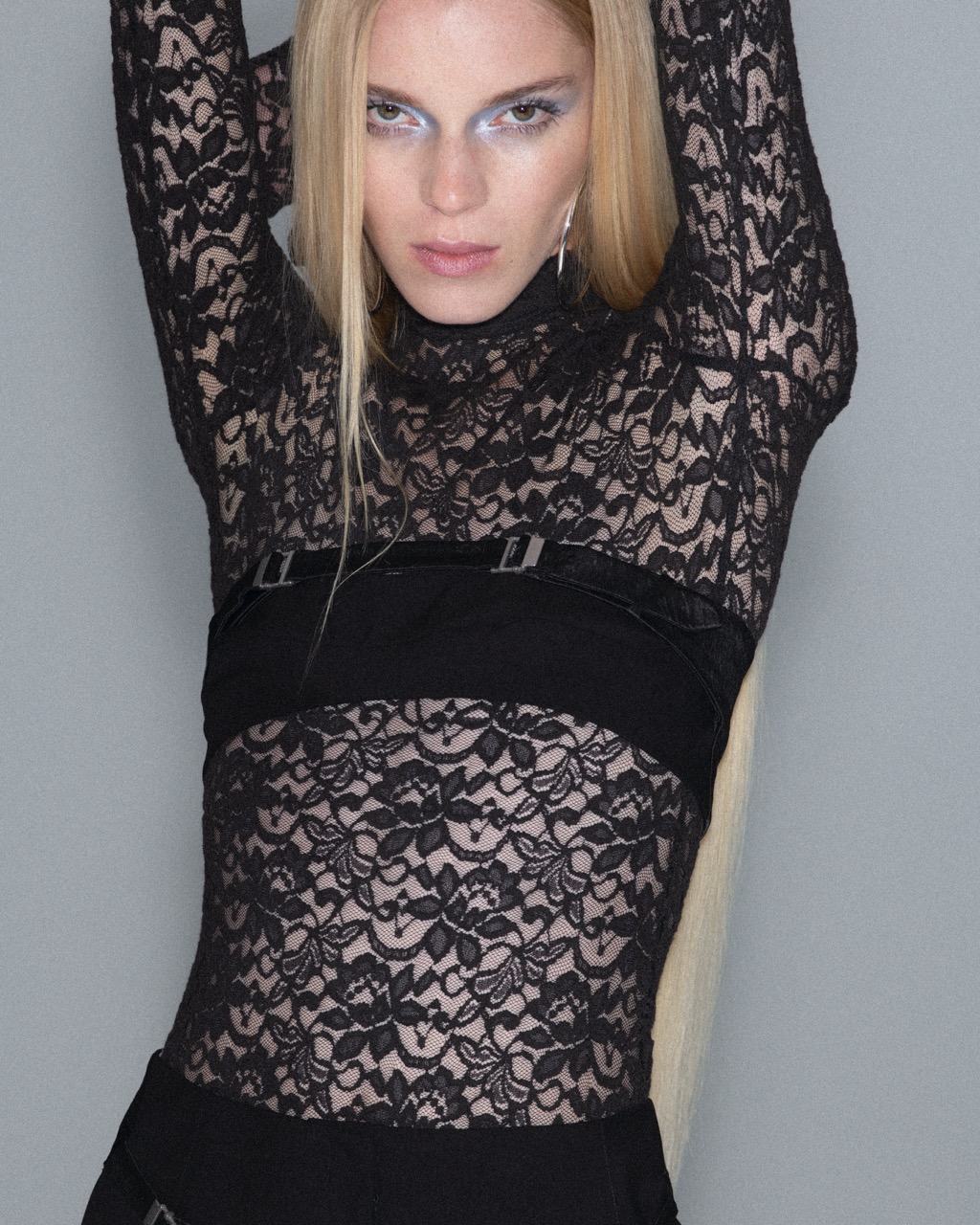
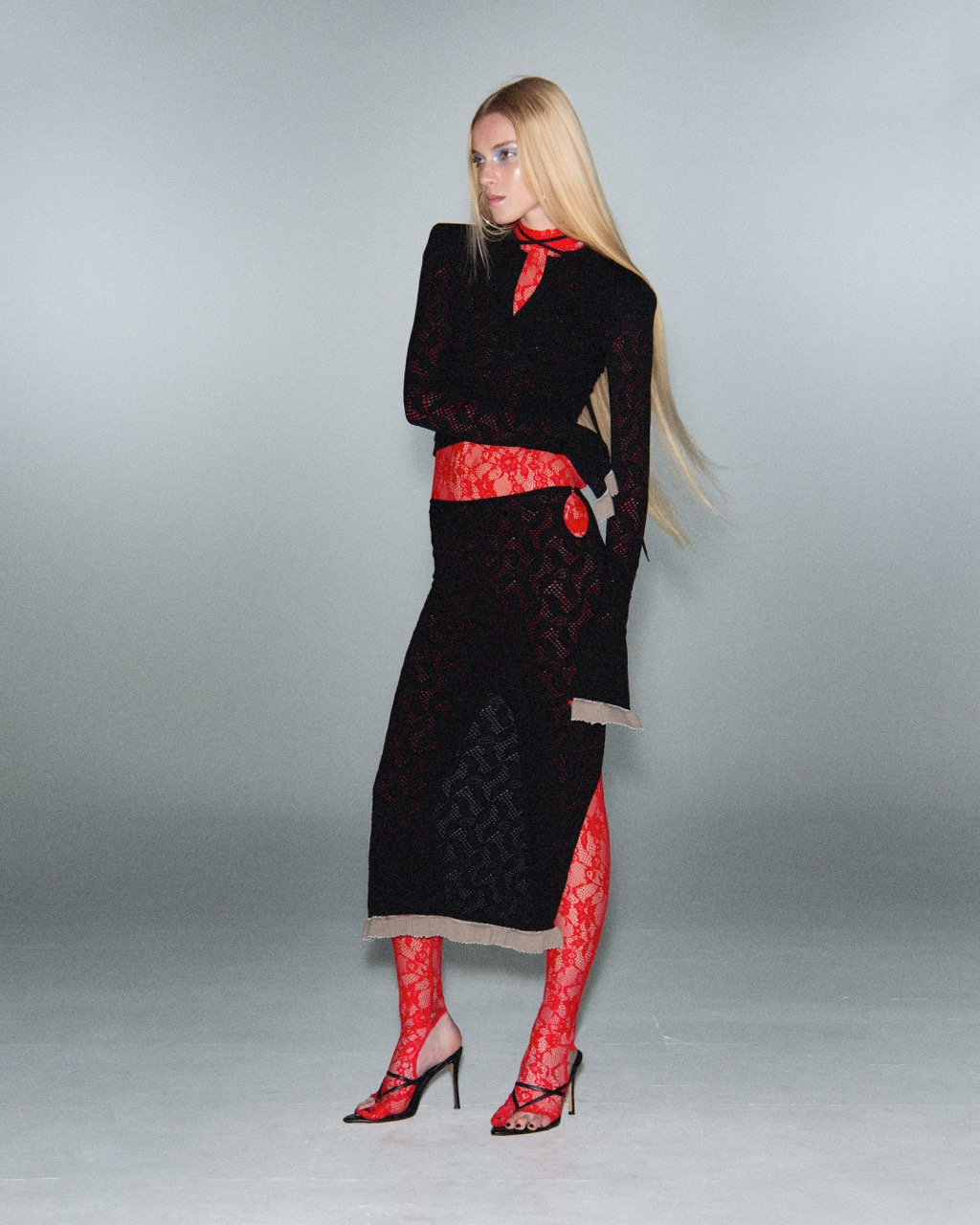
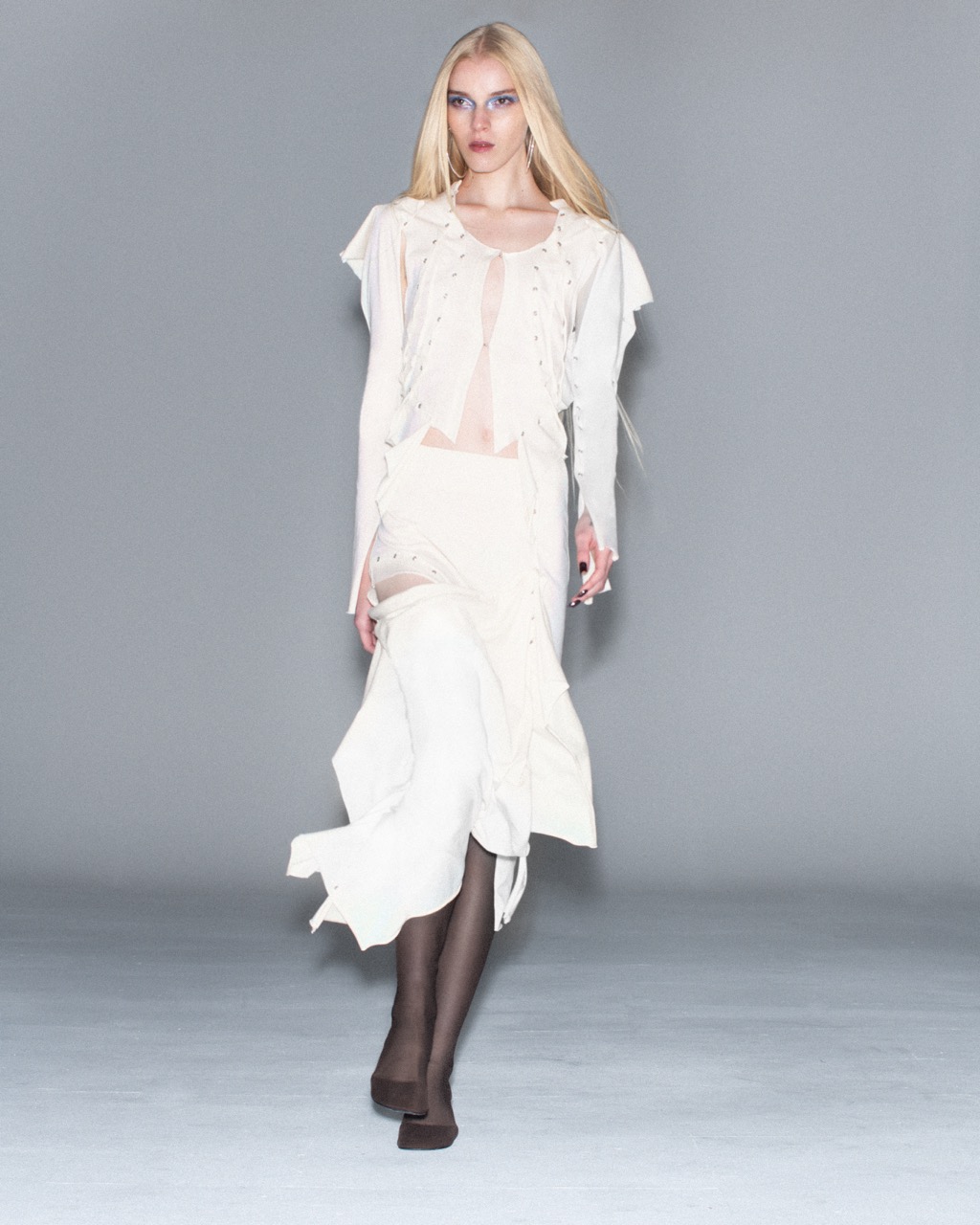

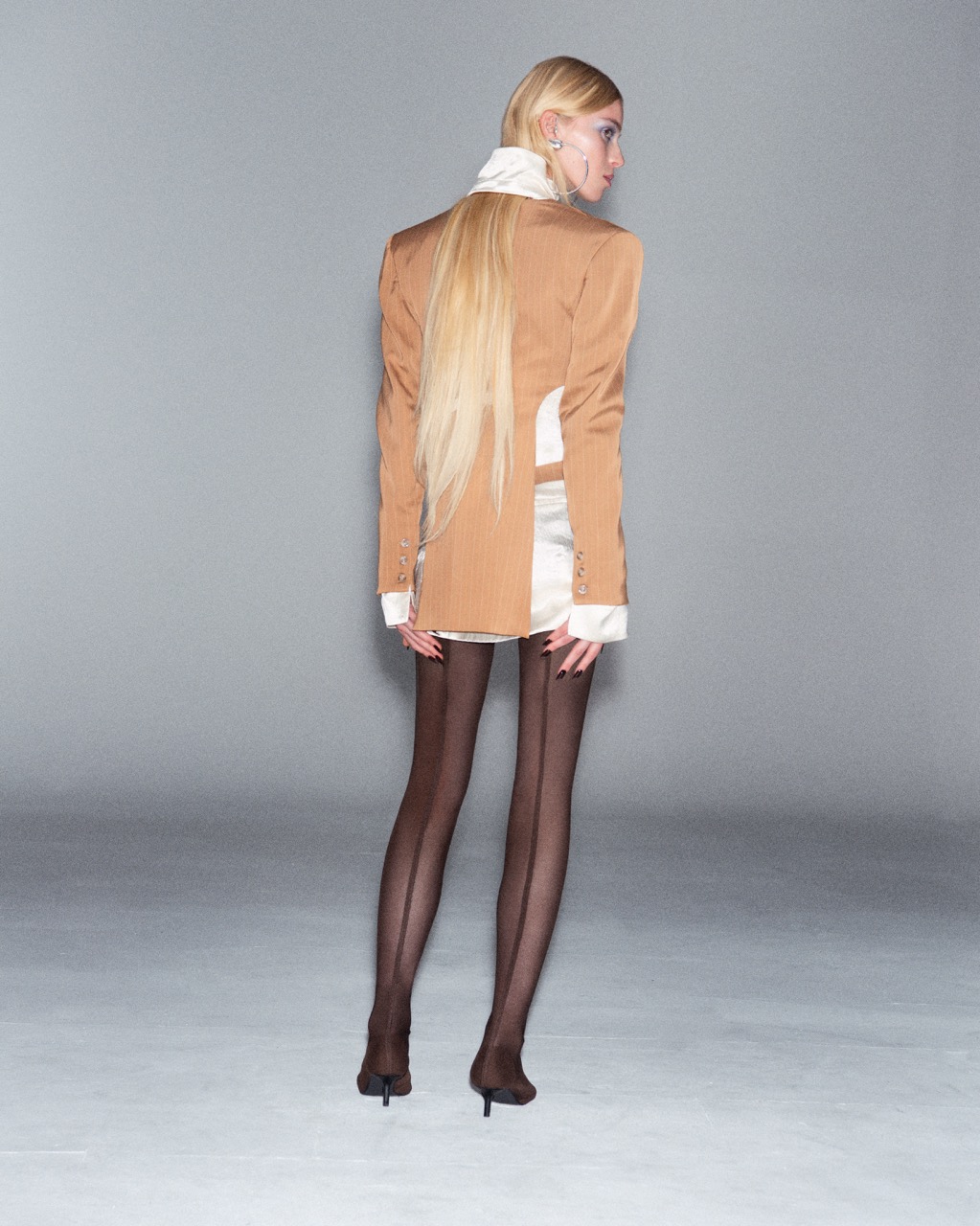
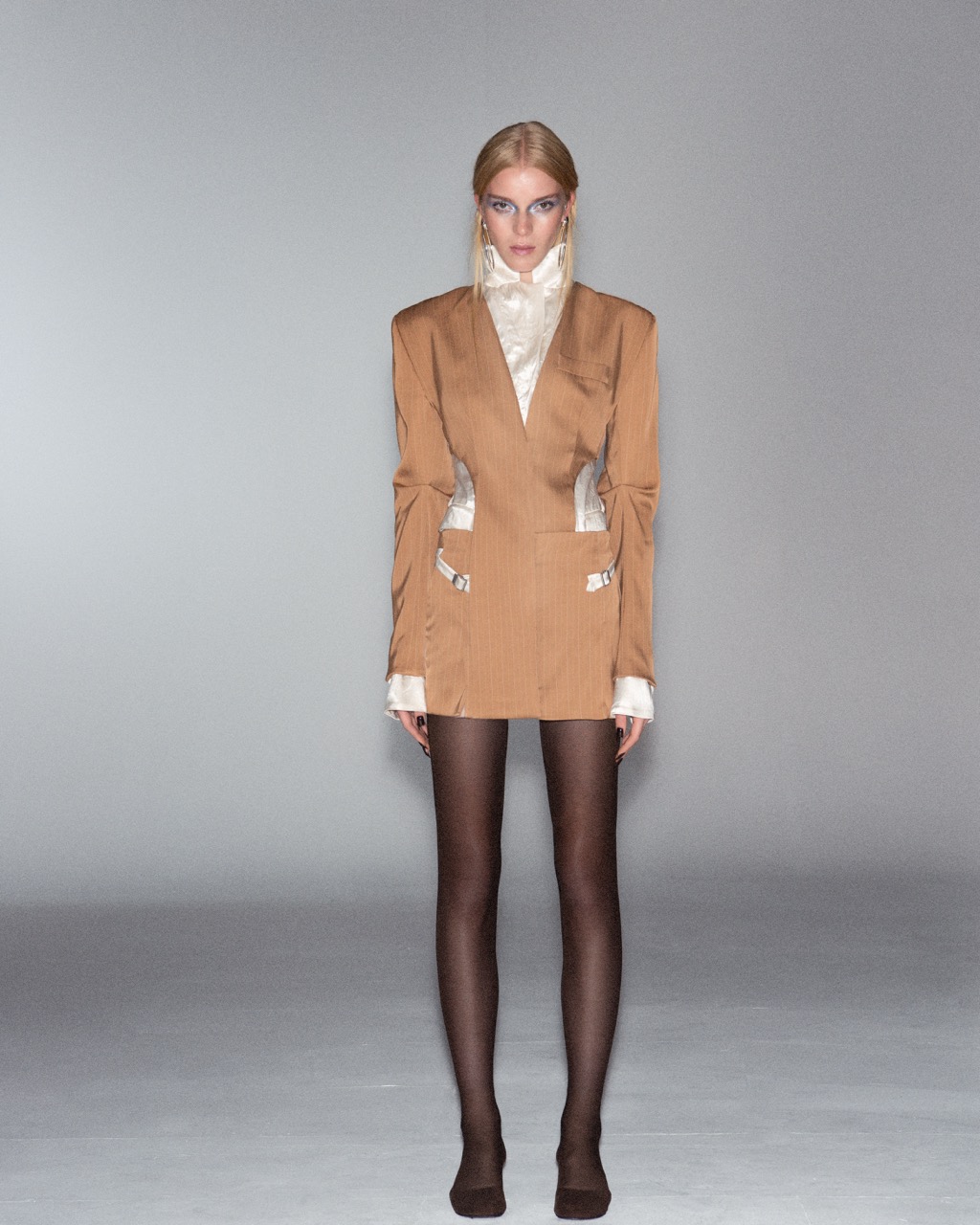
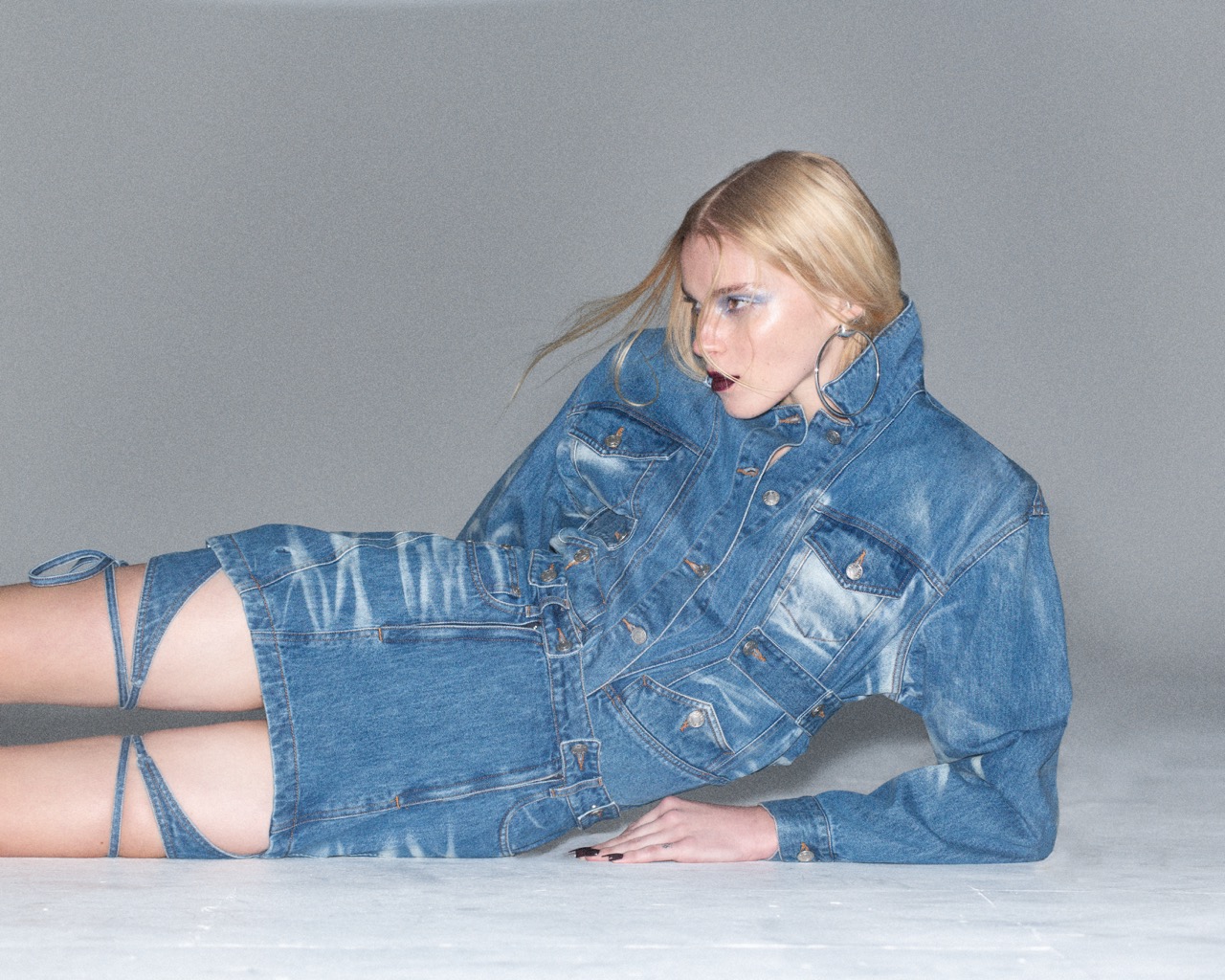
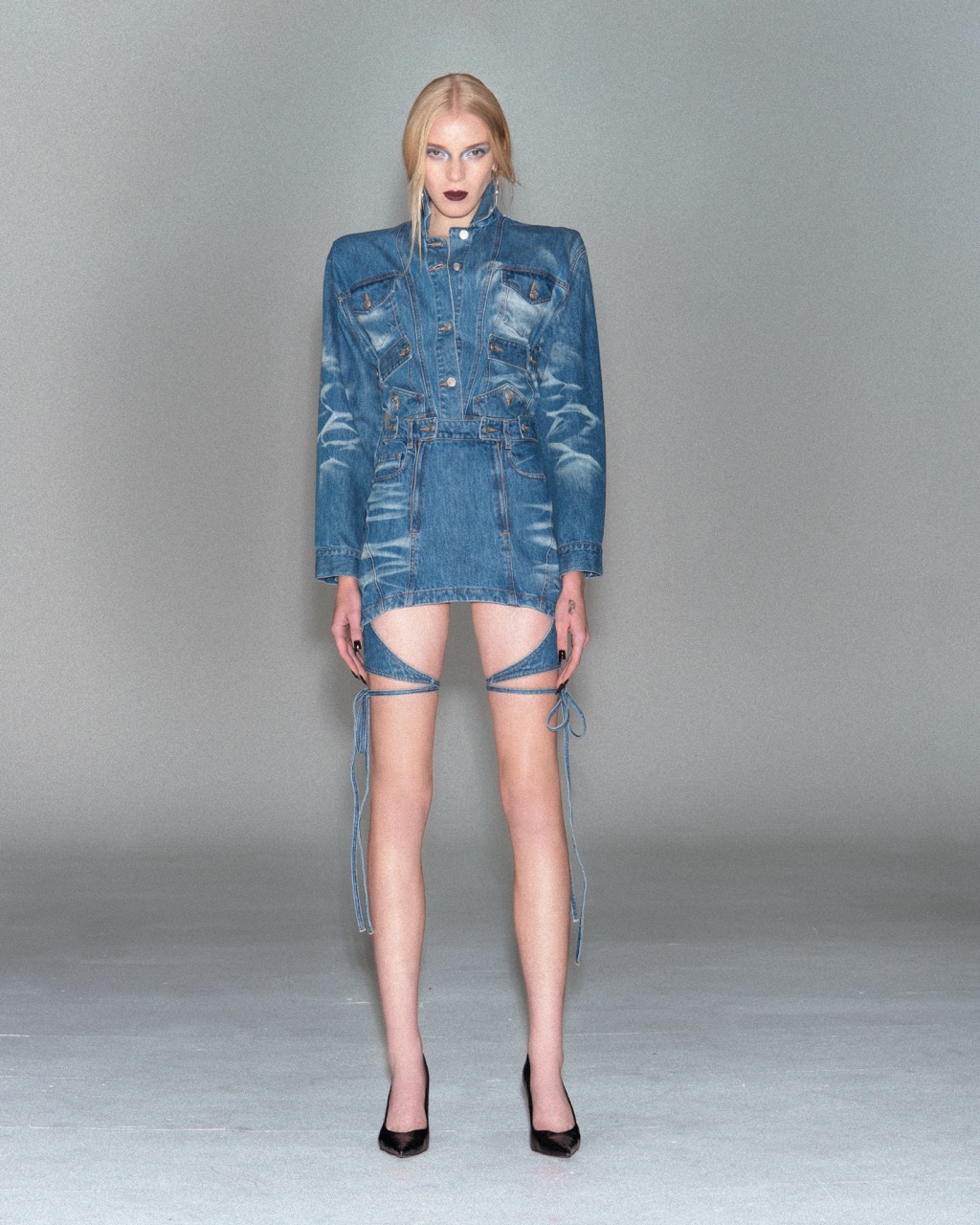
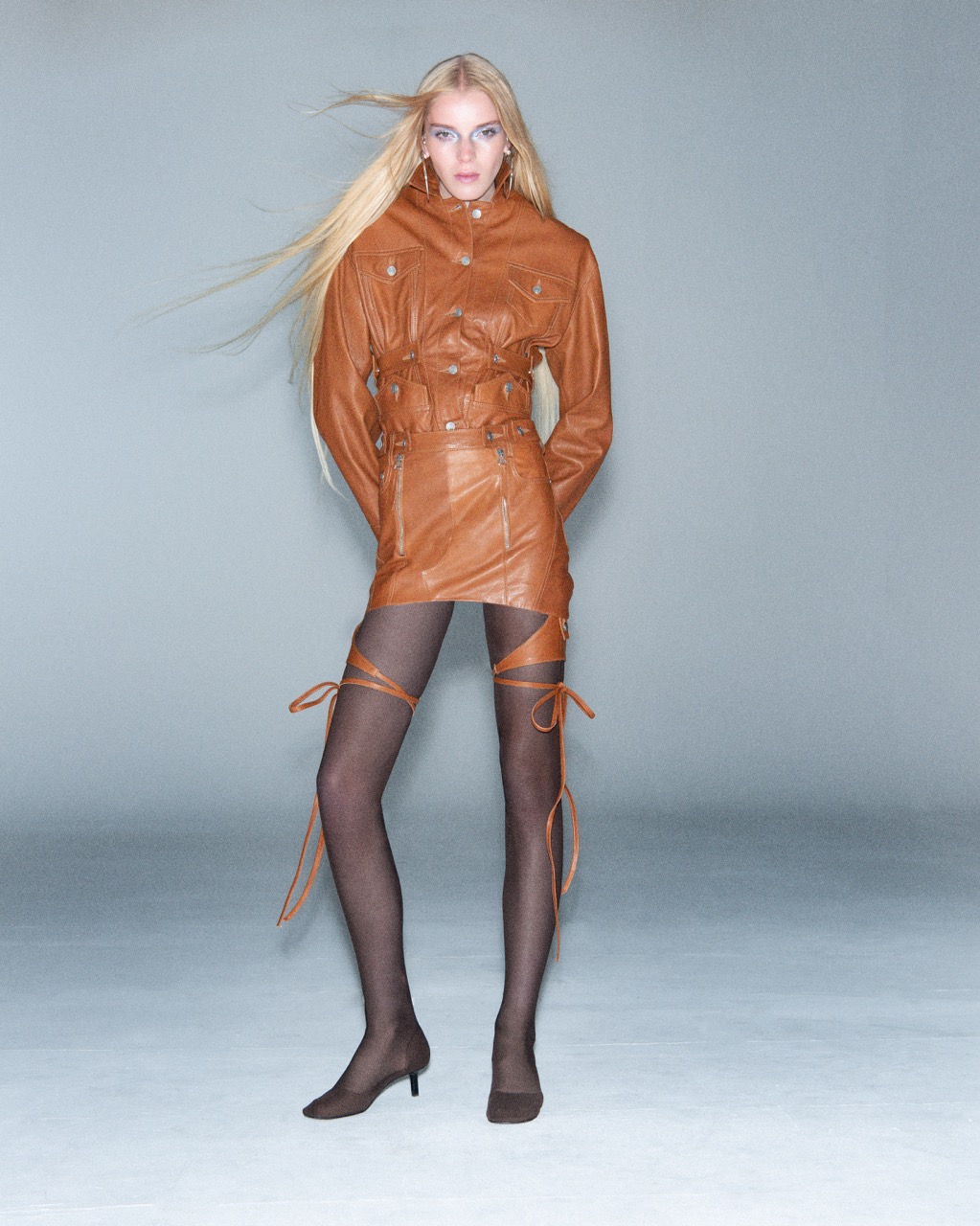

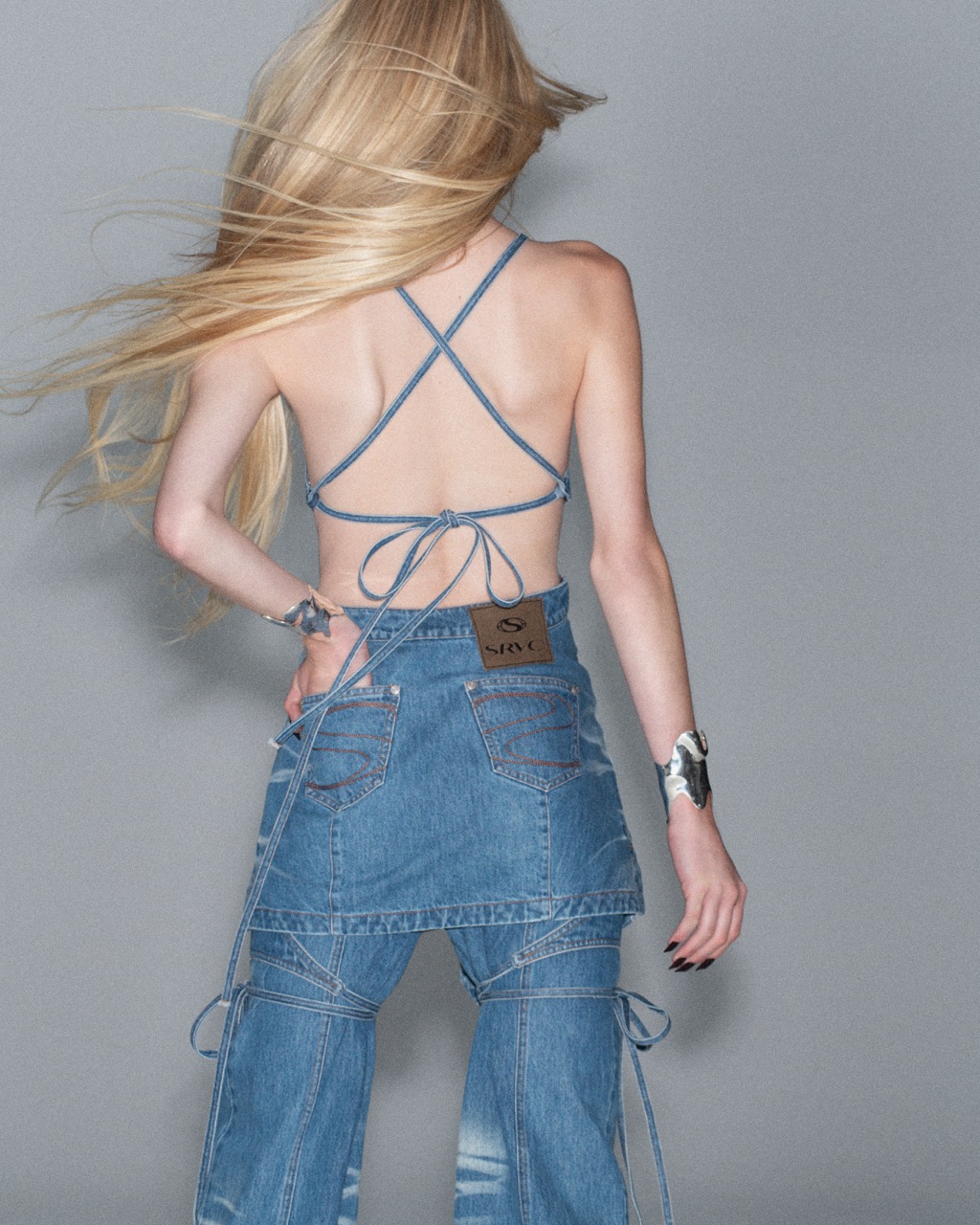
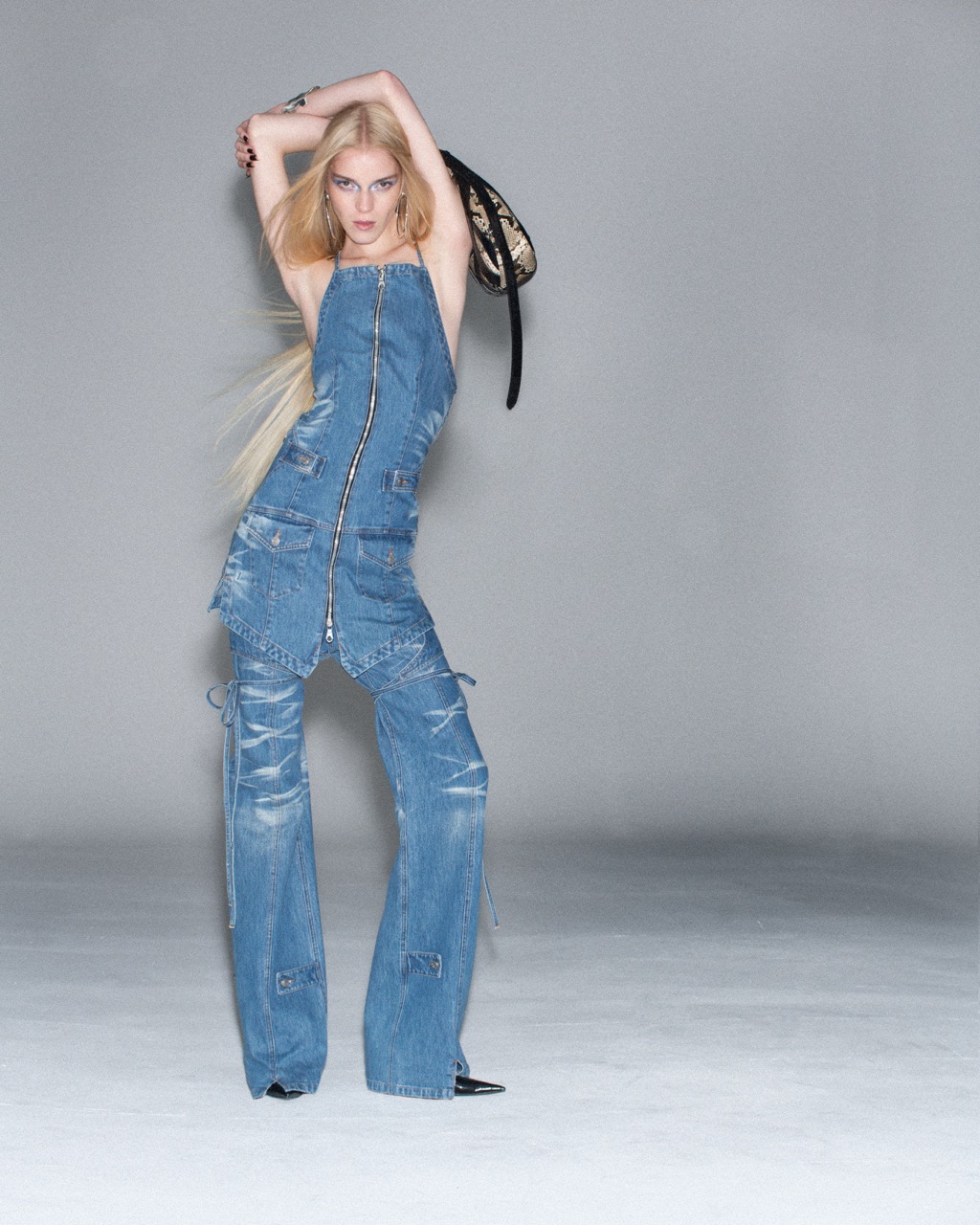
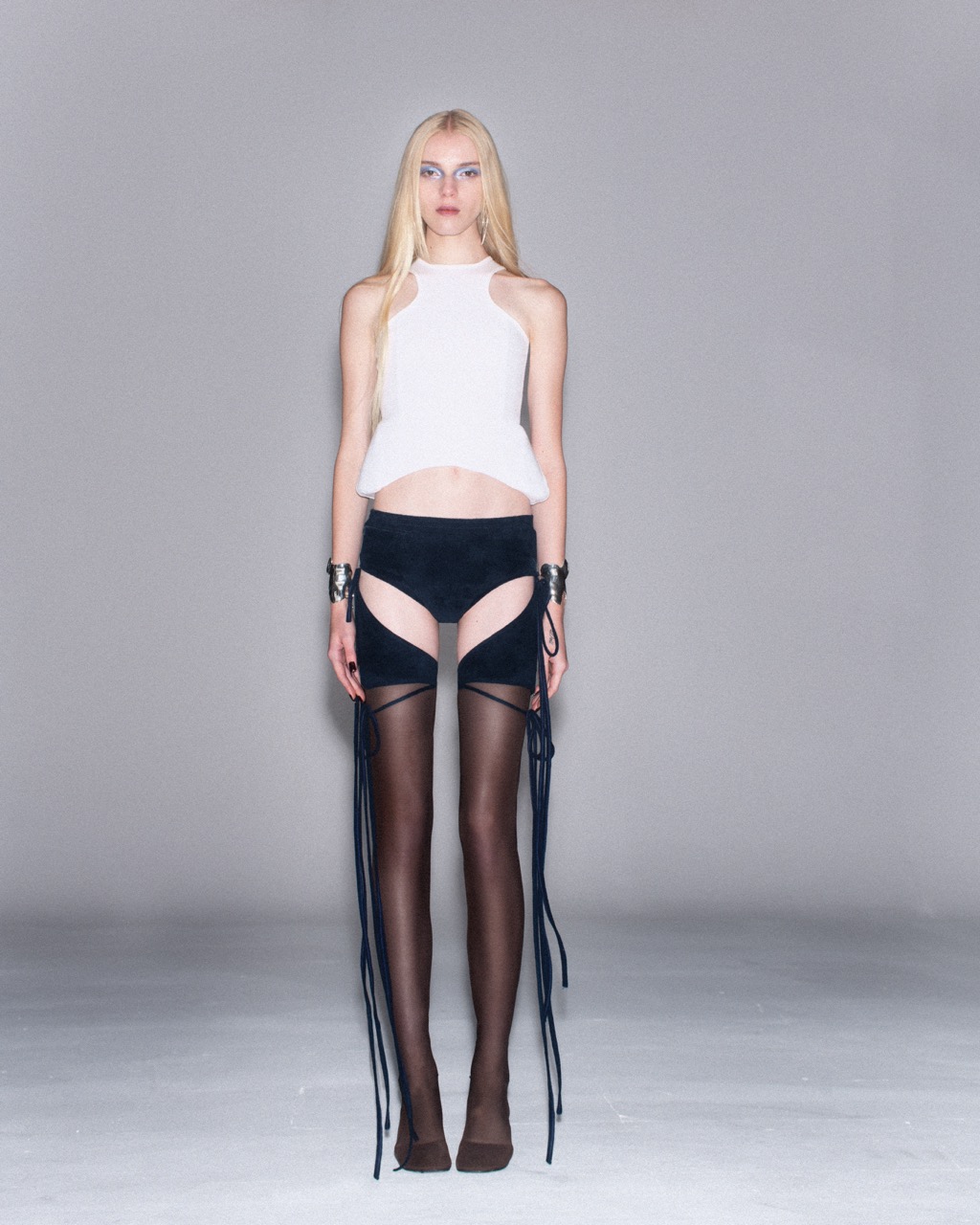
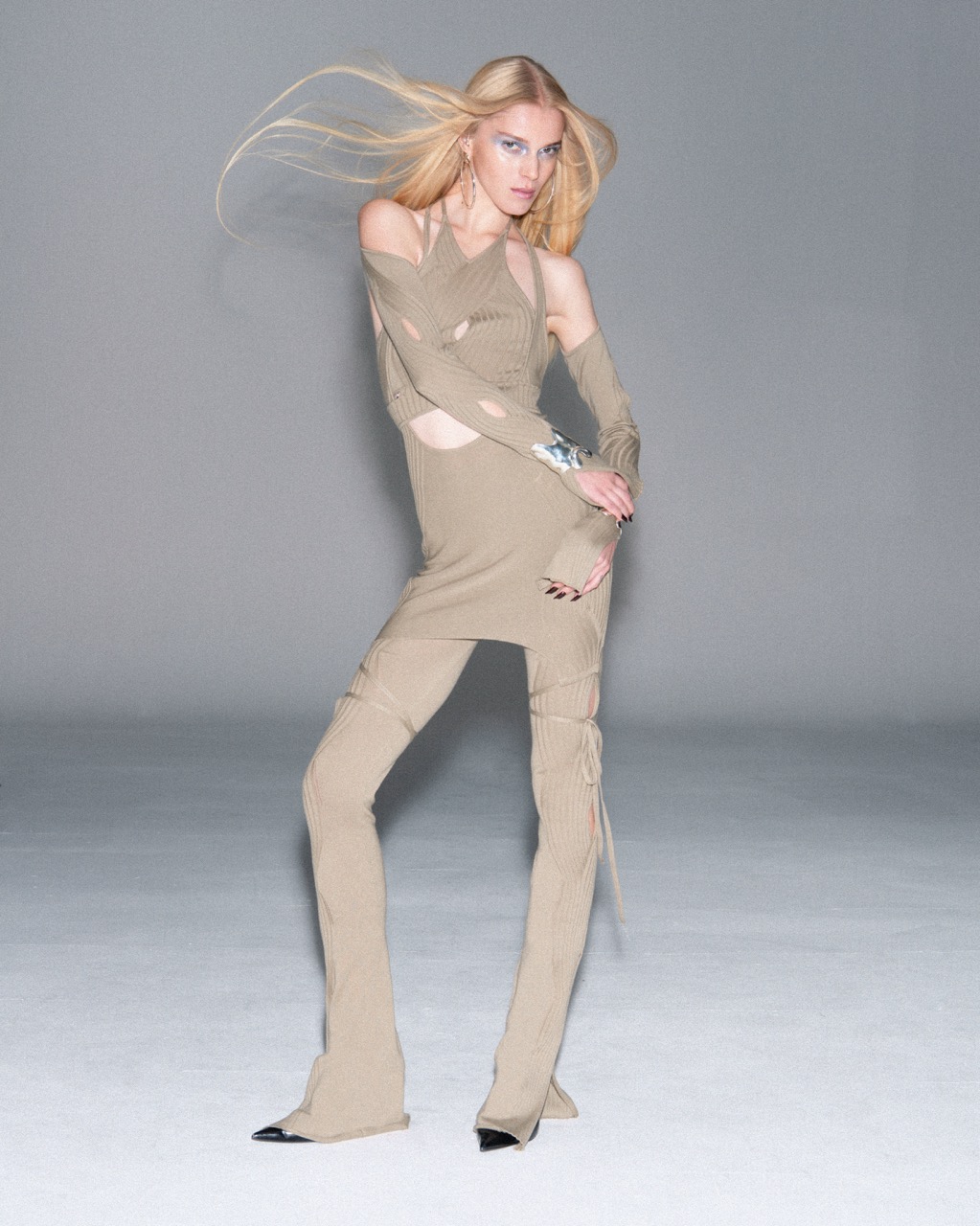
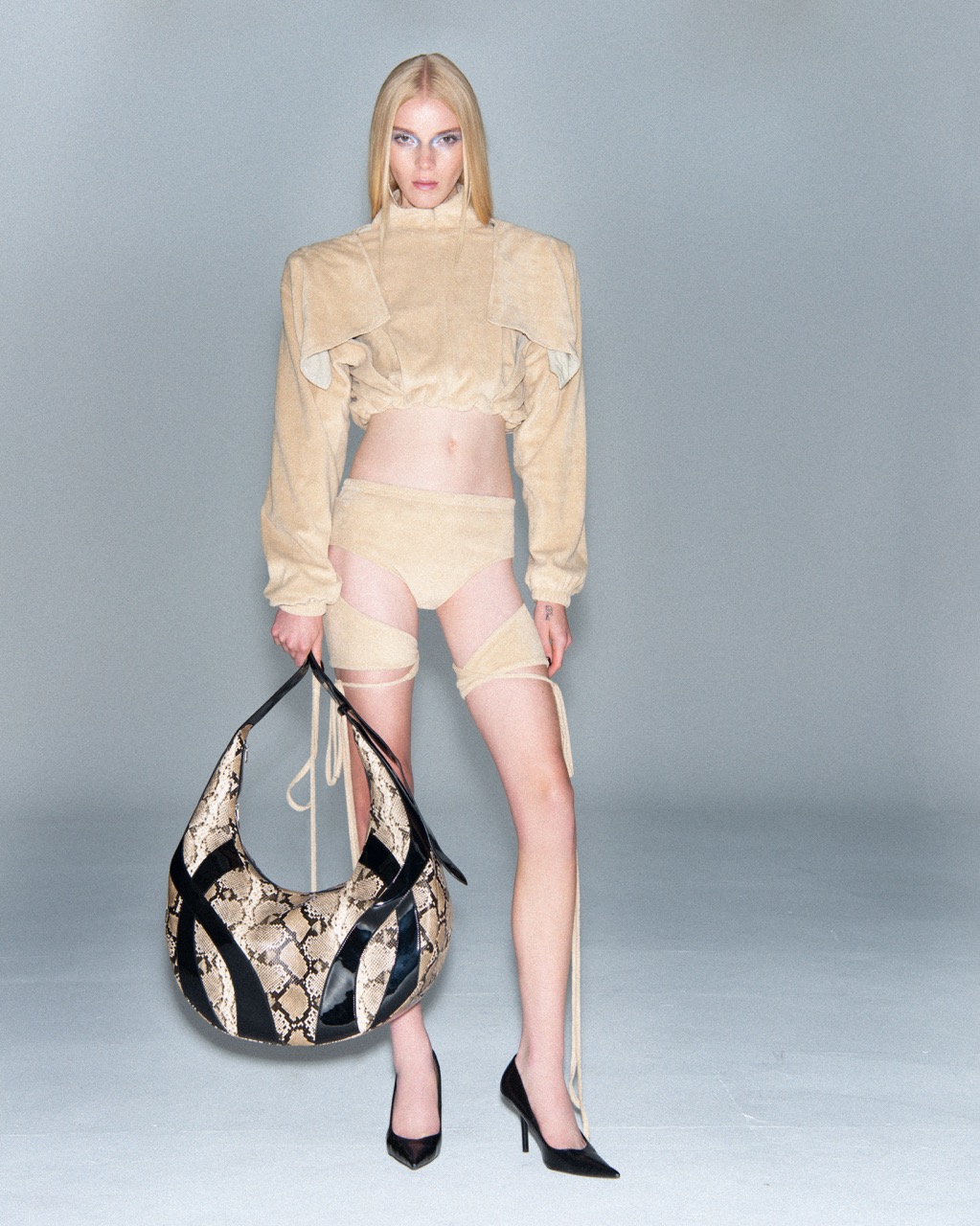
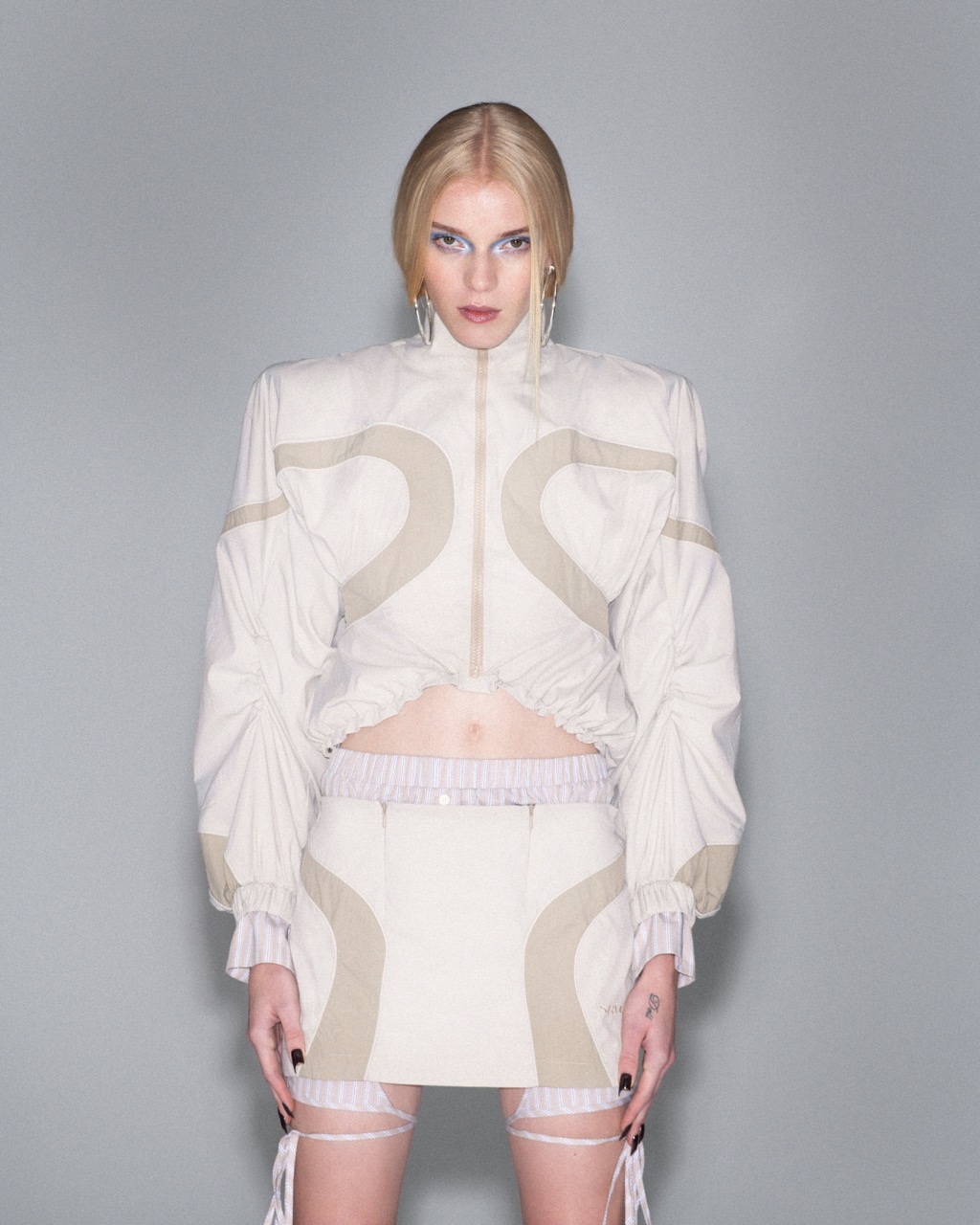
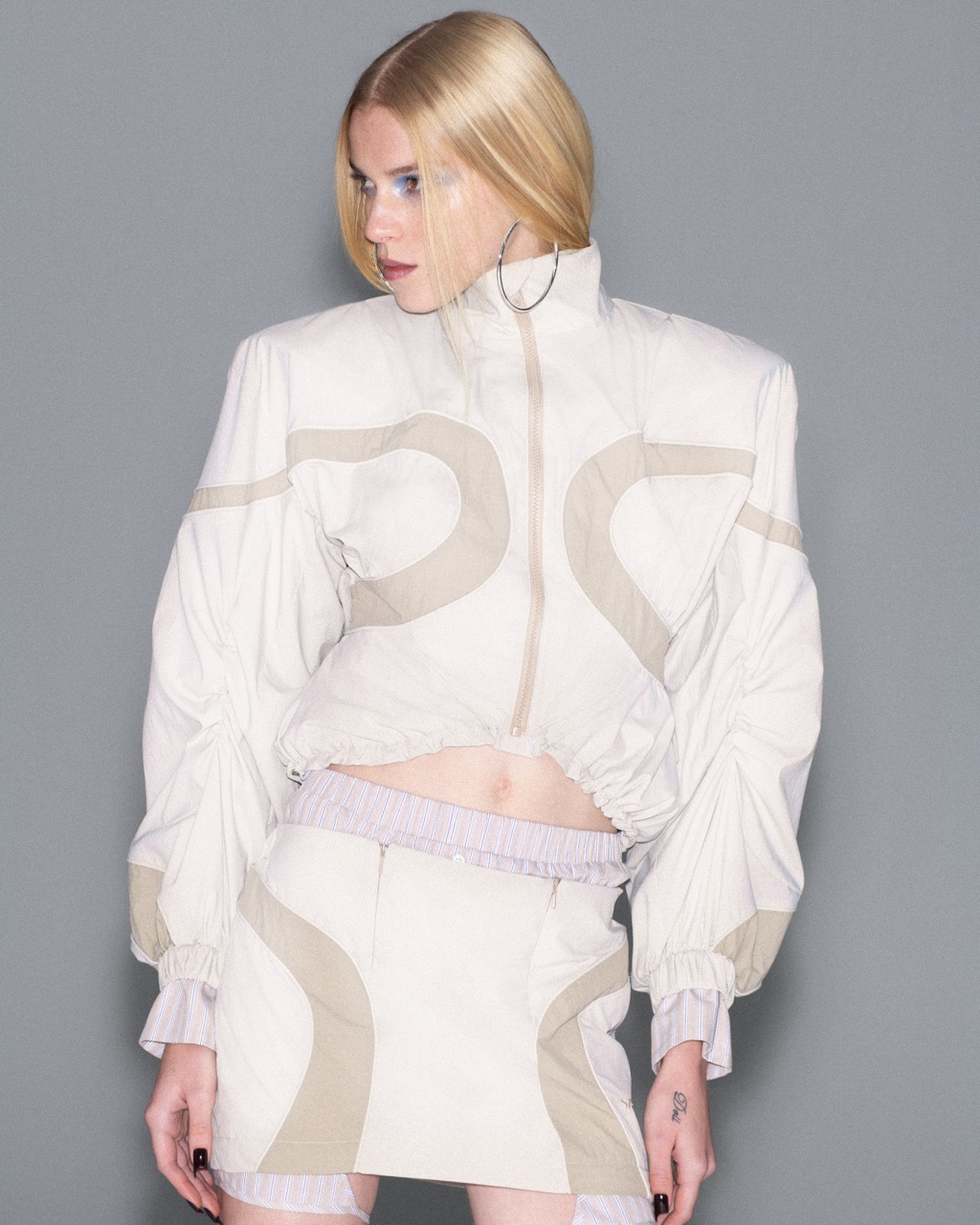
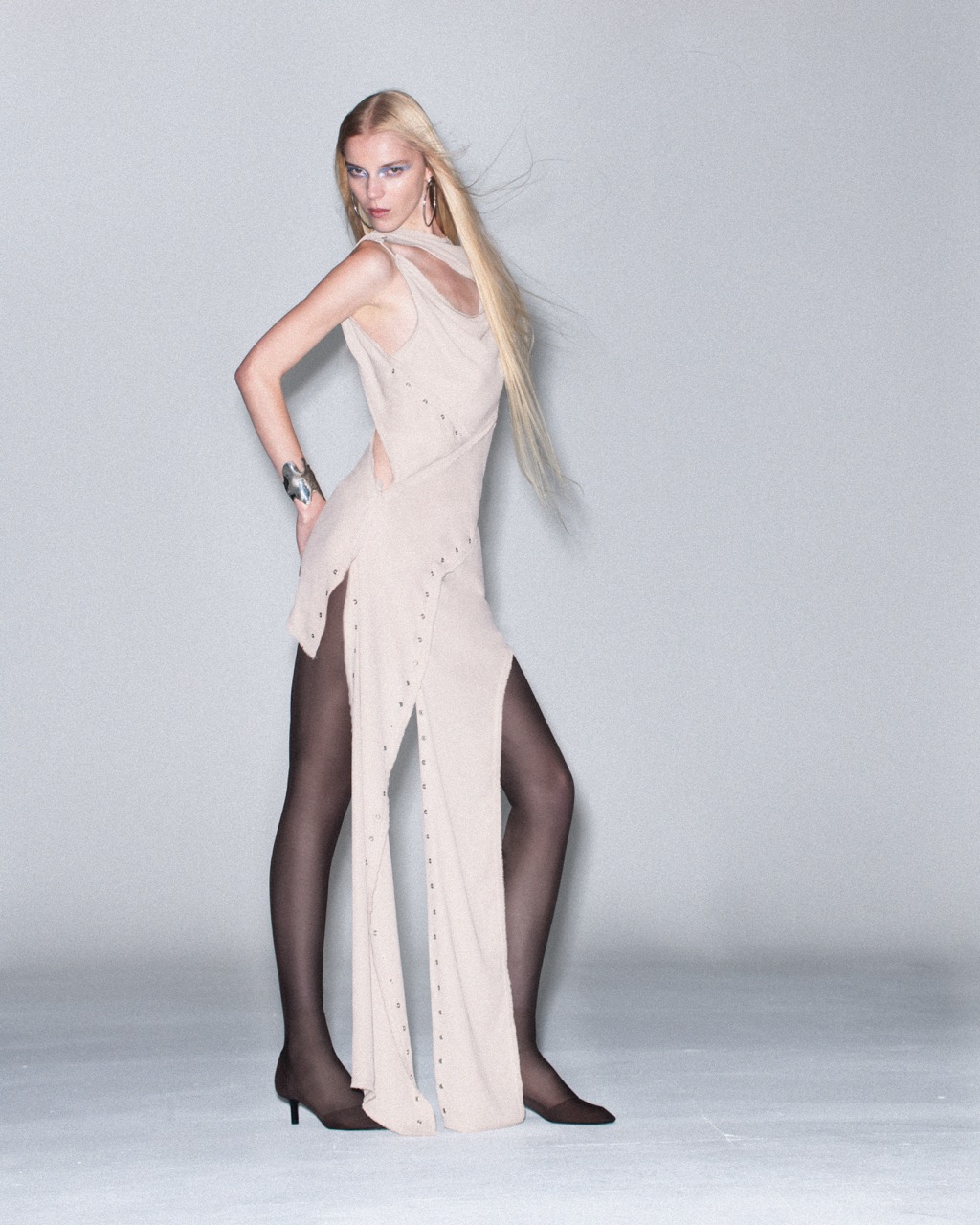
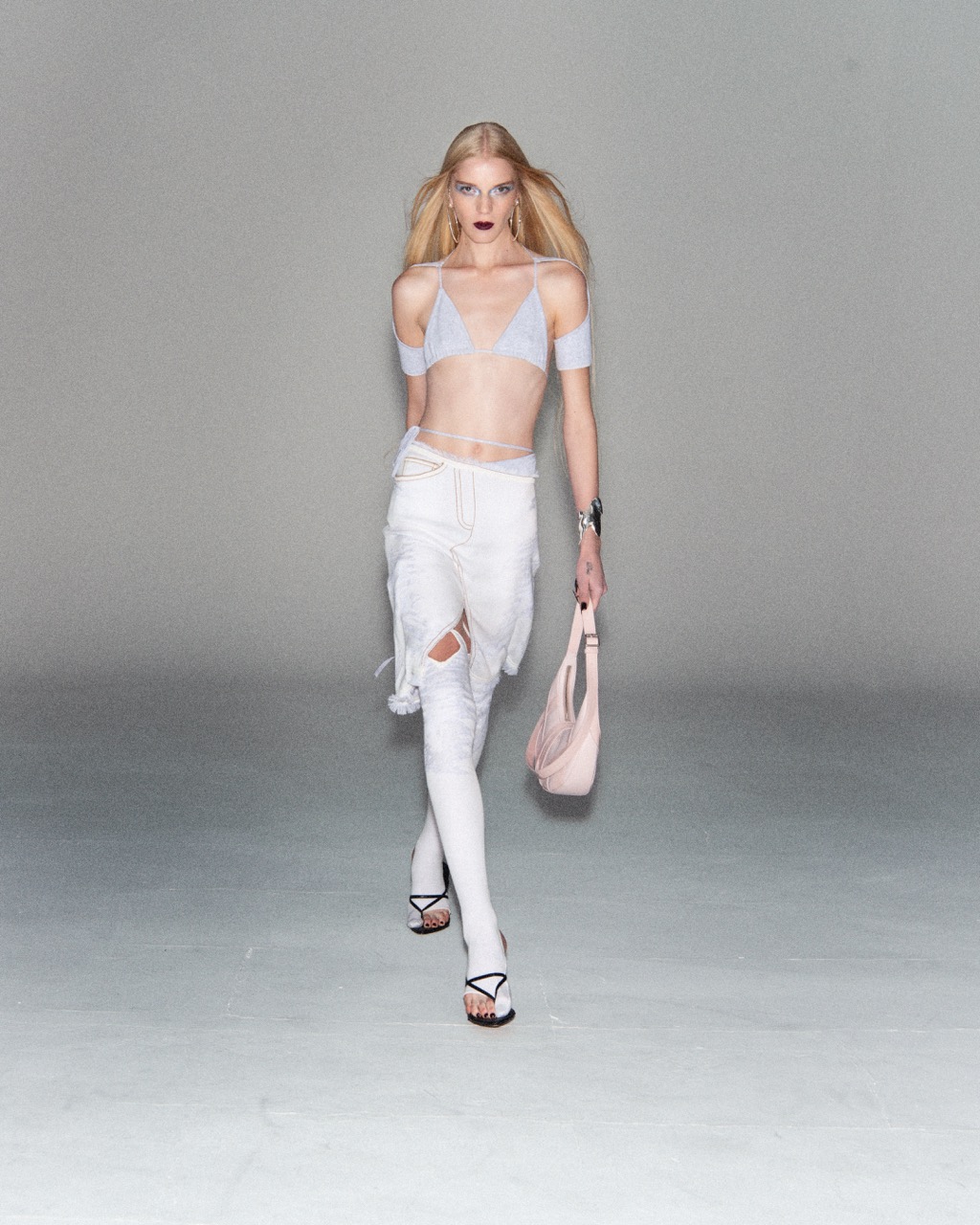
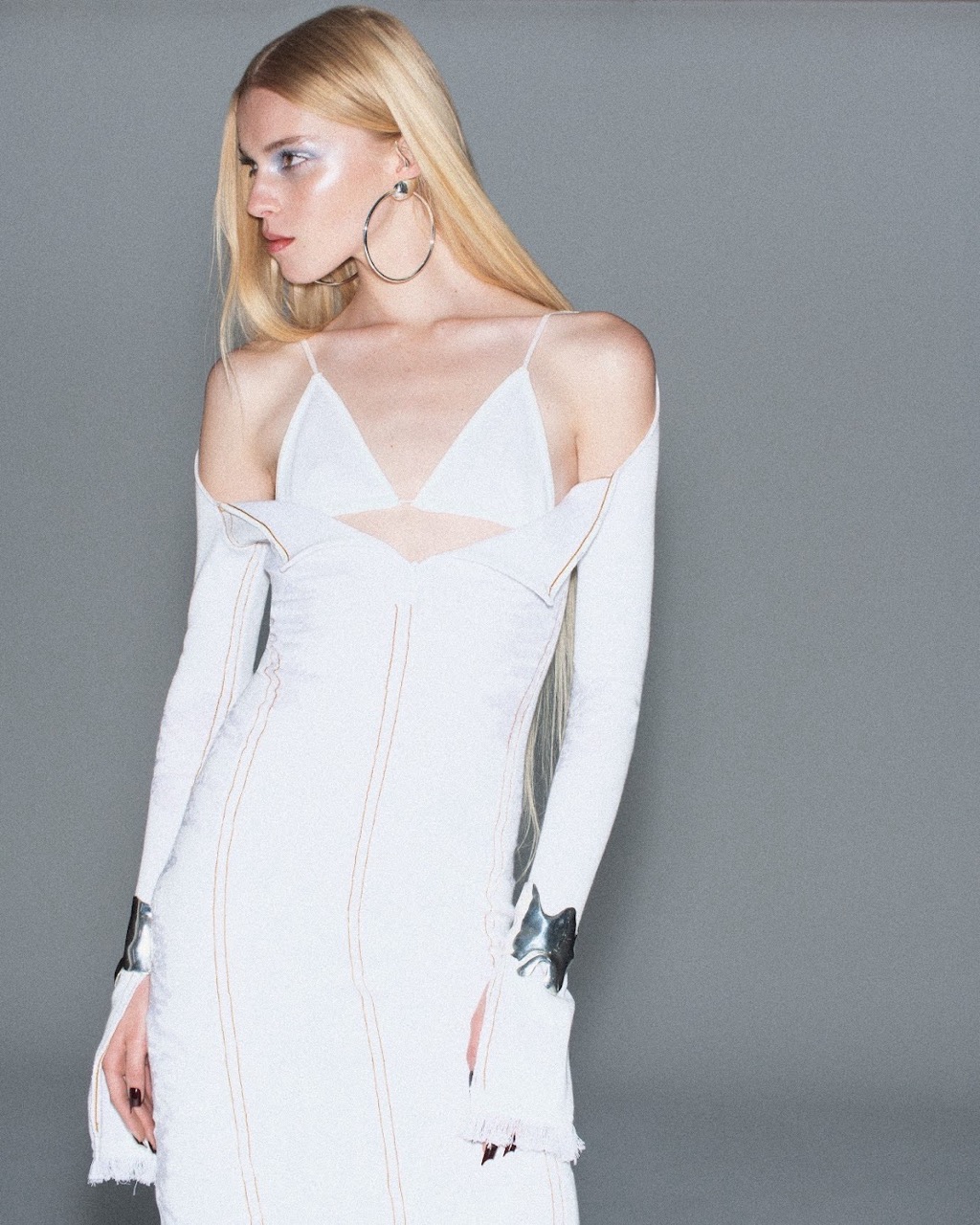
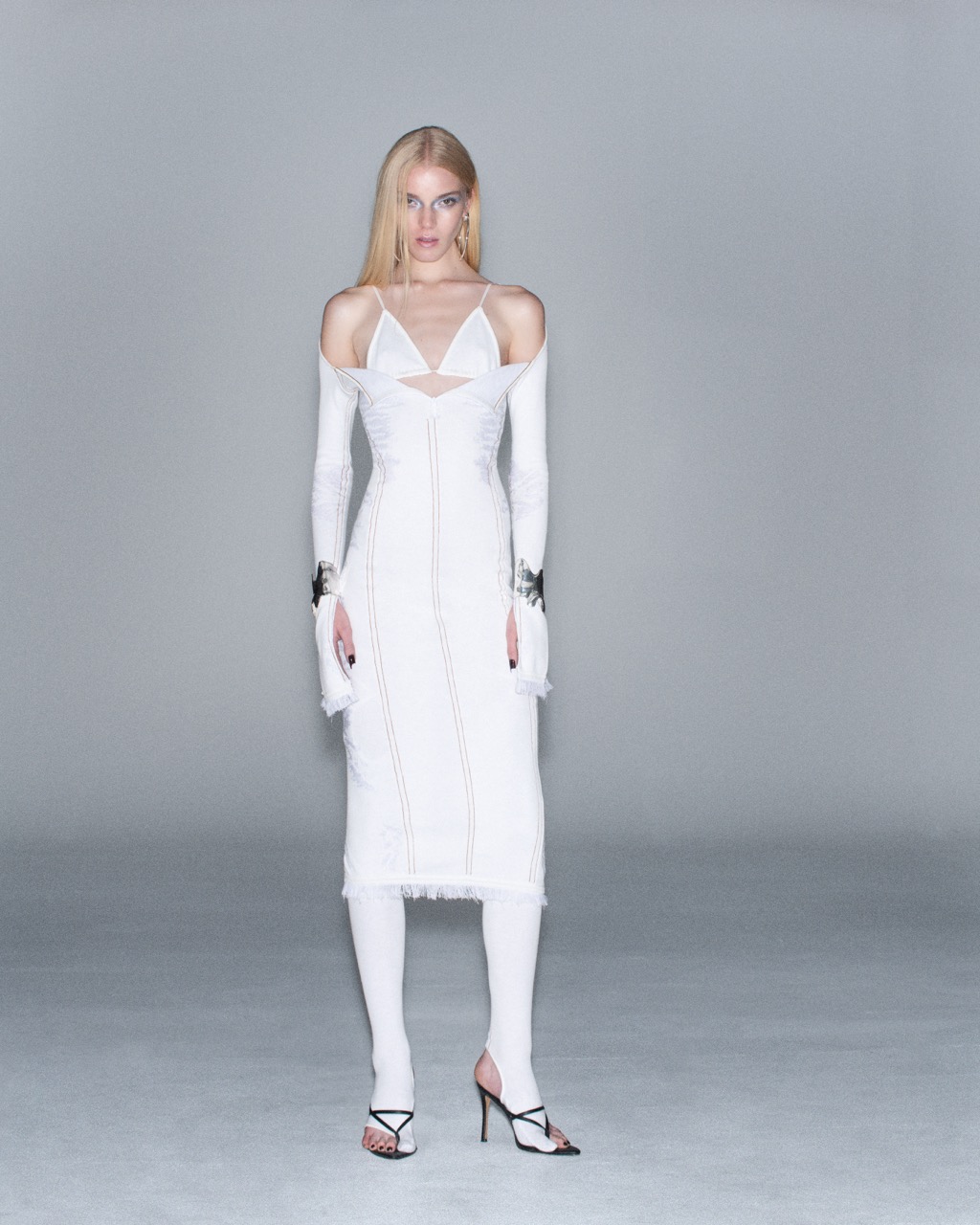
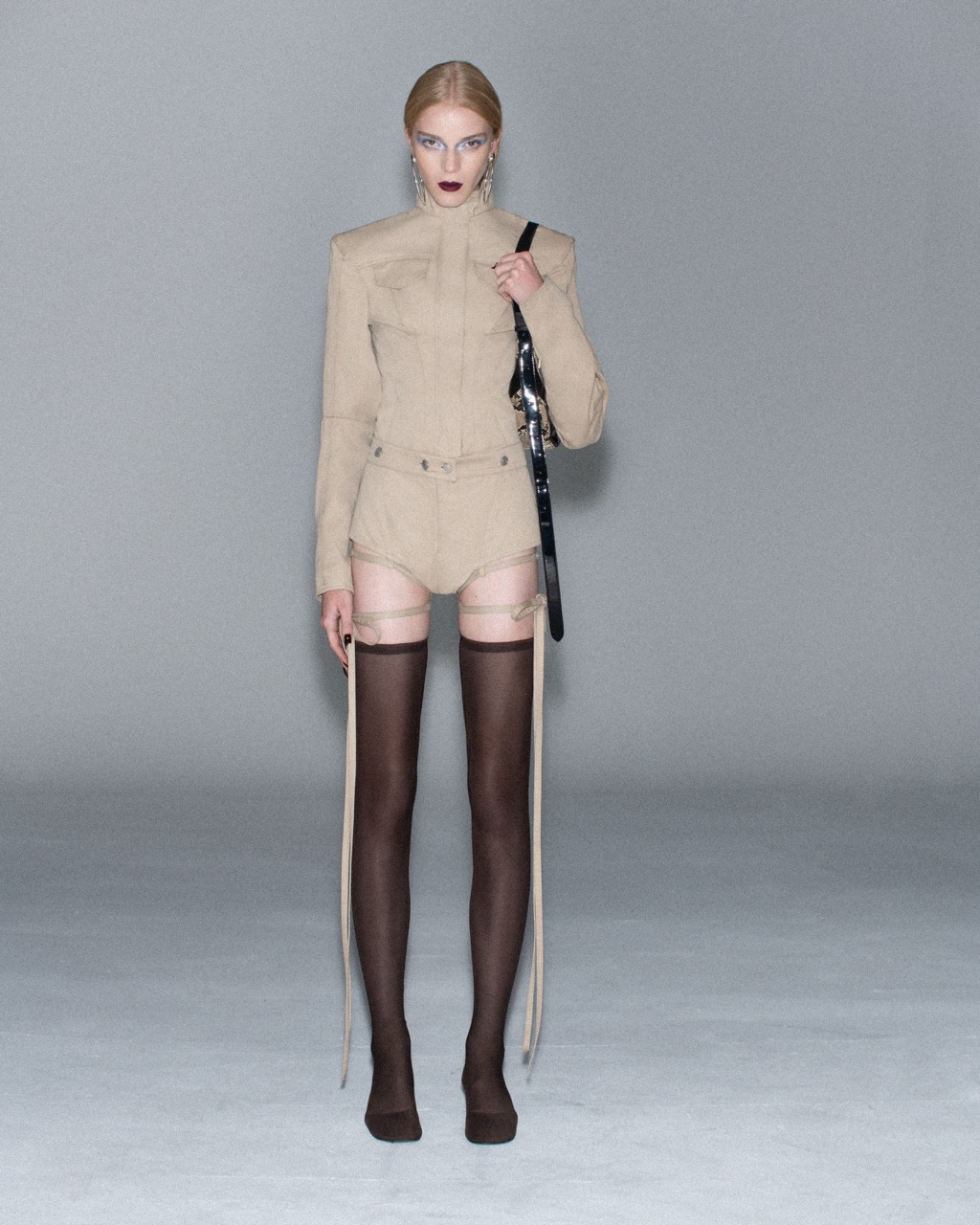
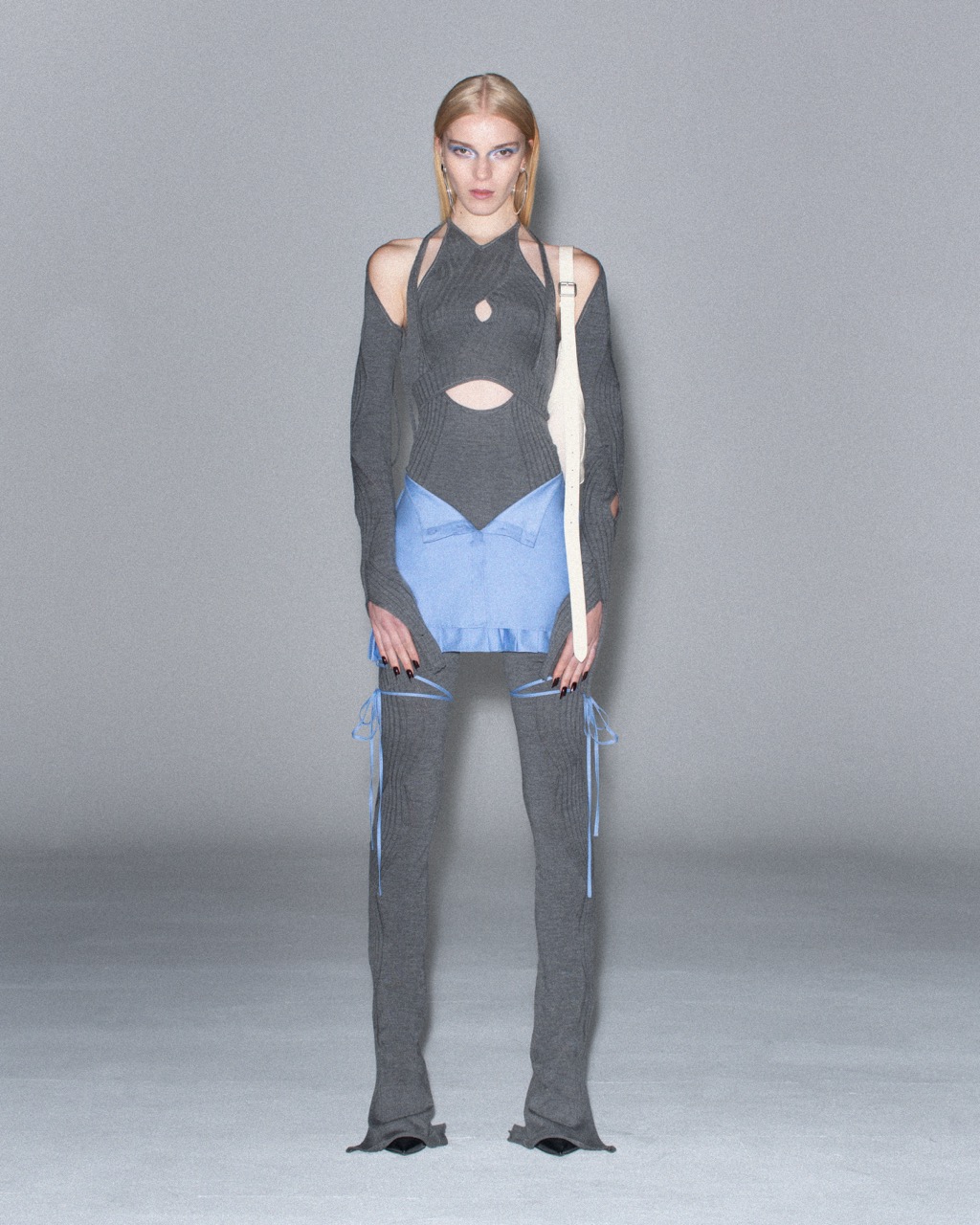
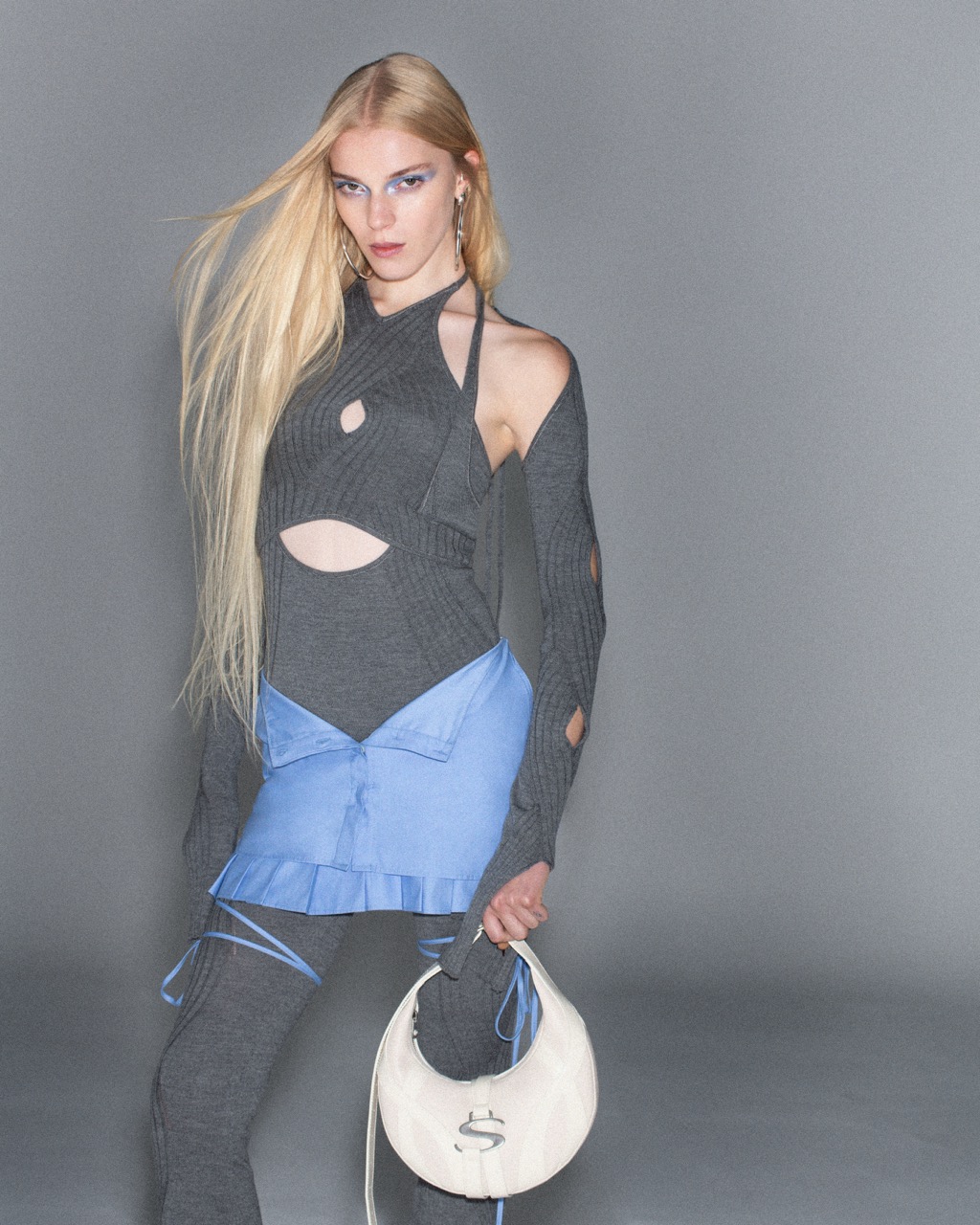

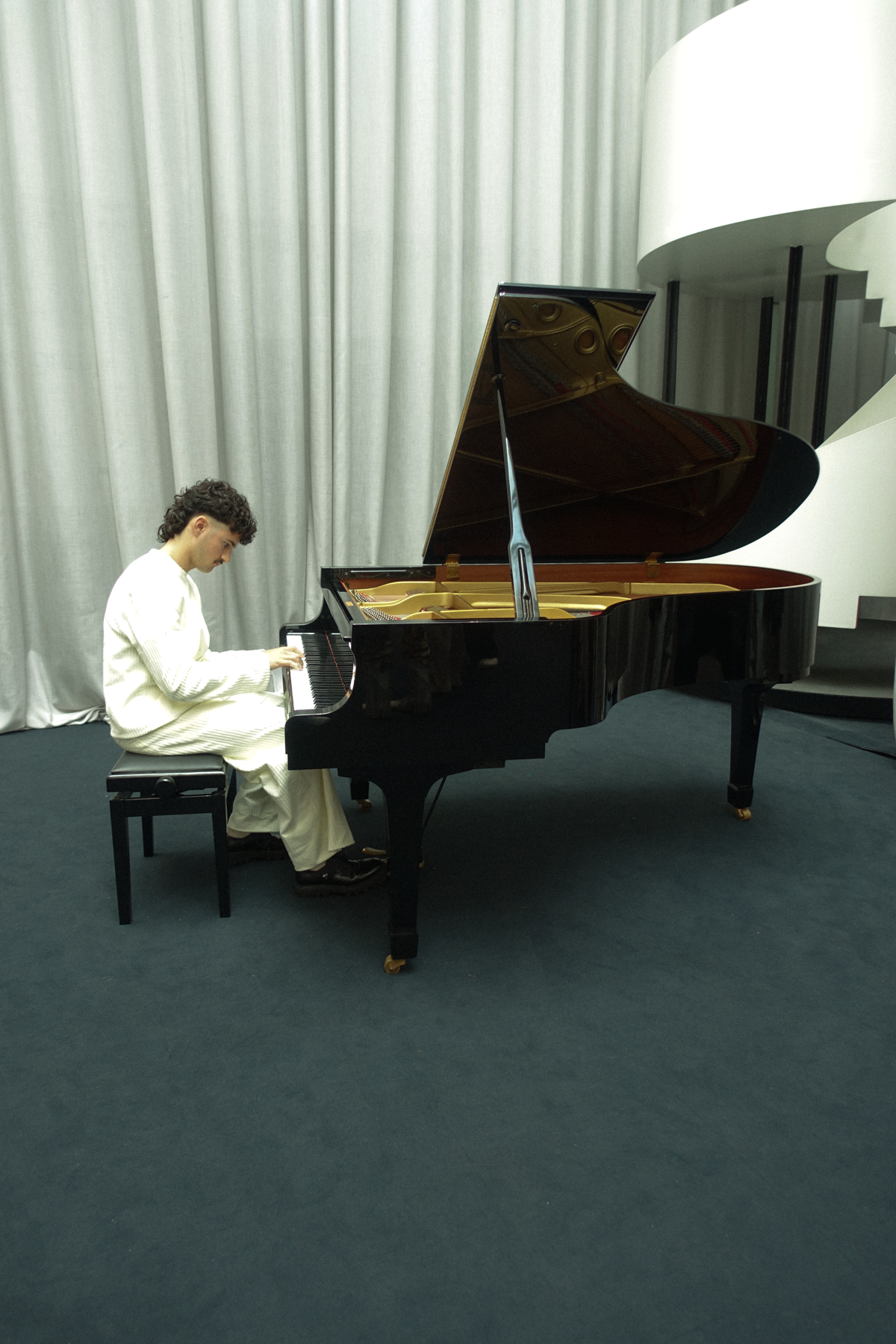

At the Portuguese Footwear Technological Center (CTCP), we saw how tradition blends with cutting-edge tech. And, of course, we couldn’t miss the shows at ModaLisboa, where emerging Portuguese designers are taking the spotlight. There was even time to squeeze in a few after-parties.
As we left Lisbon’s sun-soaked streets, it was clear: Portugal is no longer fashion’s best-kept secret. With its rich heritage and creative visionaries, this small country is stepping into the global spotlight — and office Magazine was there to witness it. We learned that “Made in Portugal" isn’t just a stamp; it’s a mark of quality, tradition and innovation.
Between the factory tours and ModaLisboa, we got a full view of both sides of the industry — and we left wanting to learn even more from our host.
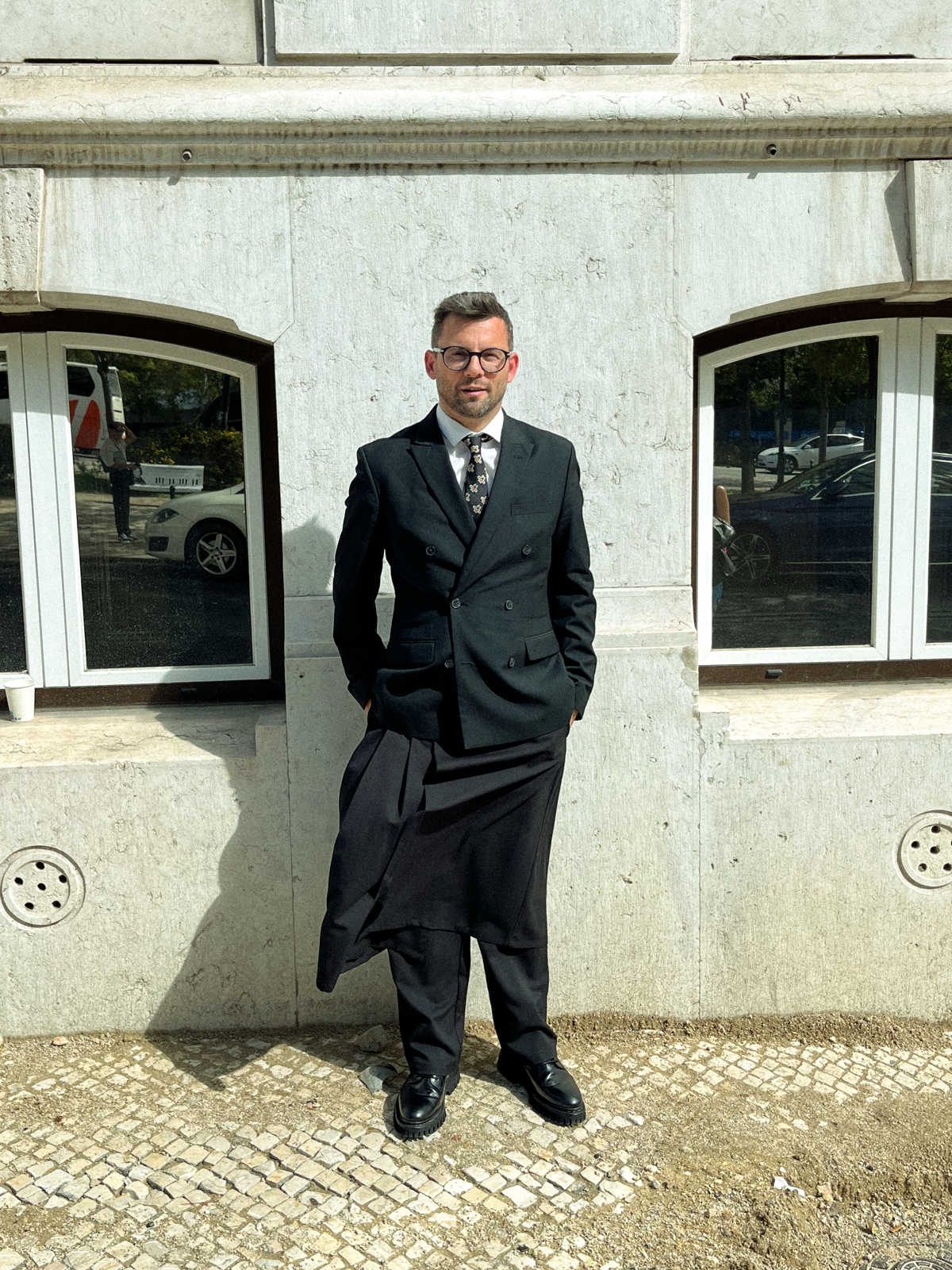
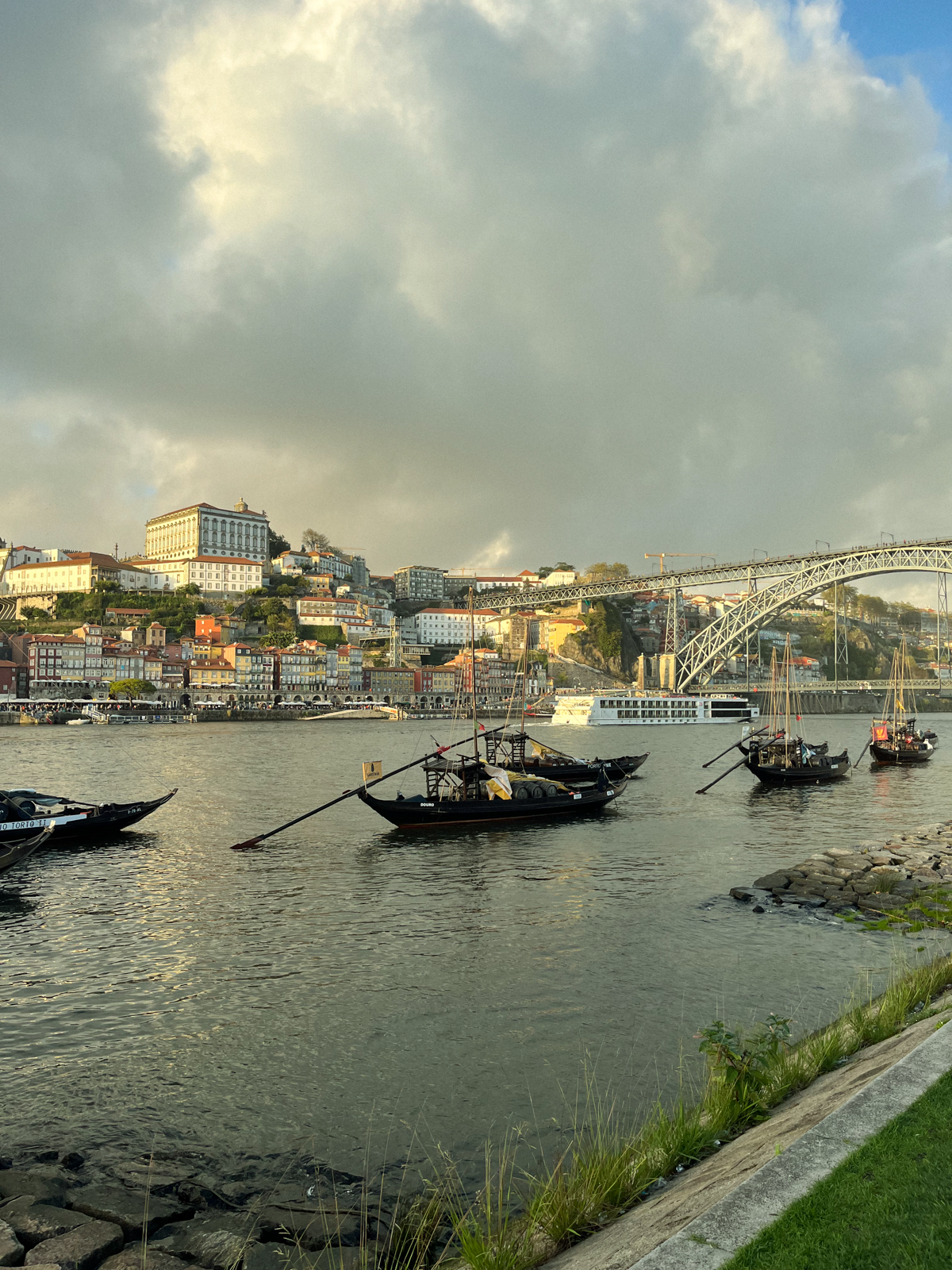
Paulo, so great to chat up with you after such an amazing trip. First off, congratulations on launching the new cover of Portuguese Soul and thank you for such an unforgettable experience. From the factories to the runways there was a lot to take in. Is there a personal highlight or moment that sticks out to you either at ModaLisboa or in Porto?
Paulo Gonçalves— There were so many moments. The anxiety of meeting a new group. The moments of bonding. The first dinner together. The visit to the factories and the Technological Center. The Portuguese Soul presentation at ModaLisboa. The Luís Onofre fashion show. Being able to present the cities of Porto and Lisbon through my eyes. The farewell.
I feel that the mission was accomplished. The work was productive. There were many shared laughs. And I feel like I’ve gained friends for life.
As Director of Communications for APICCAPS, Why did you find it so important to start the magazine?
PG— For a long time, I felt there was a big gap between the intrinsic quality of Portuguese footwear and the global awareness of our country. The fact that people didn't know us devalued our product.
Back in 2010, I launched a very controversial, yet impactful campaign called ‘Portuguese Shoes: The Sexiest Industry in Europe’. That jumpstarted the change in our image. Portuguese Soul emerged shortly after -it was our contribution to improving Portugal's image worldwide. That's why the magazine is distributed in 120 countries. It is also a testament of love for Portuguese fashion and footwear, as well as a showcase of the talent that exists in my country.
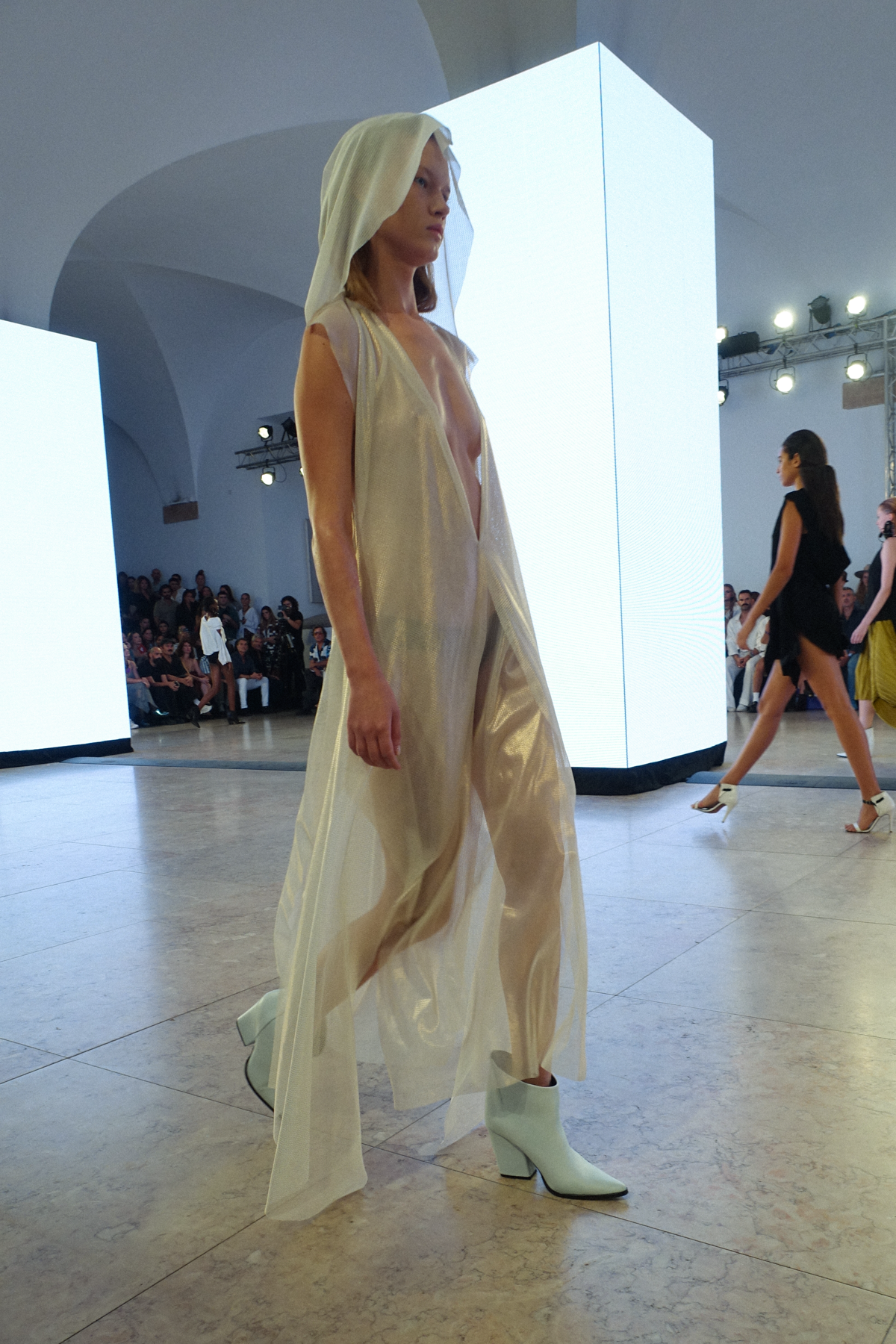
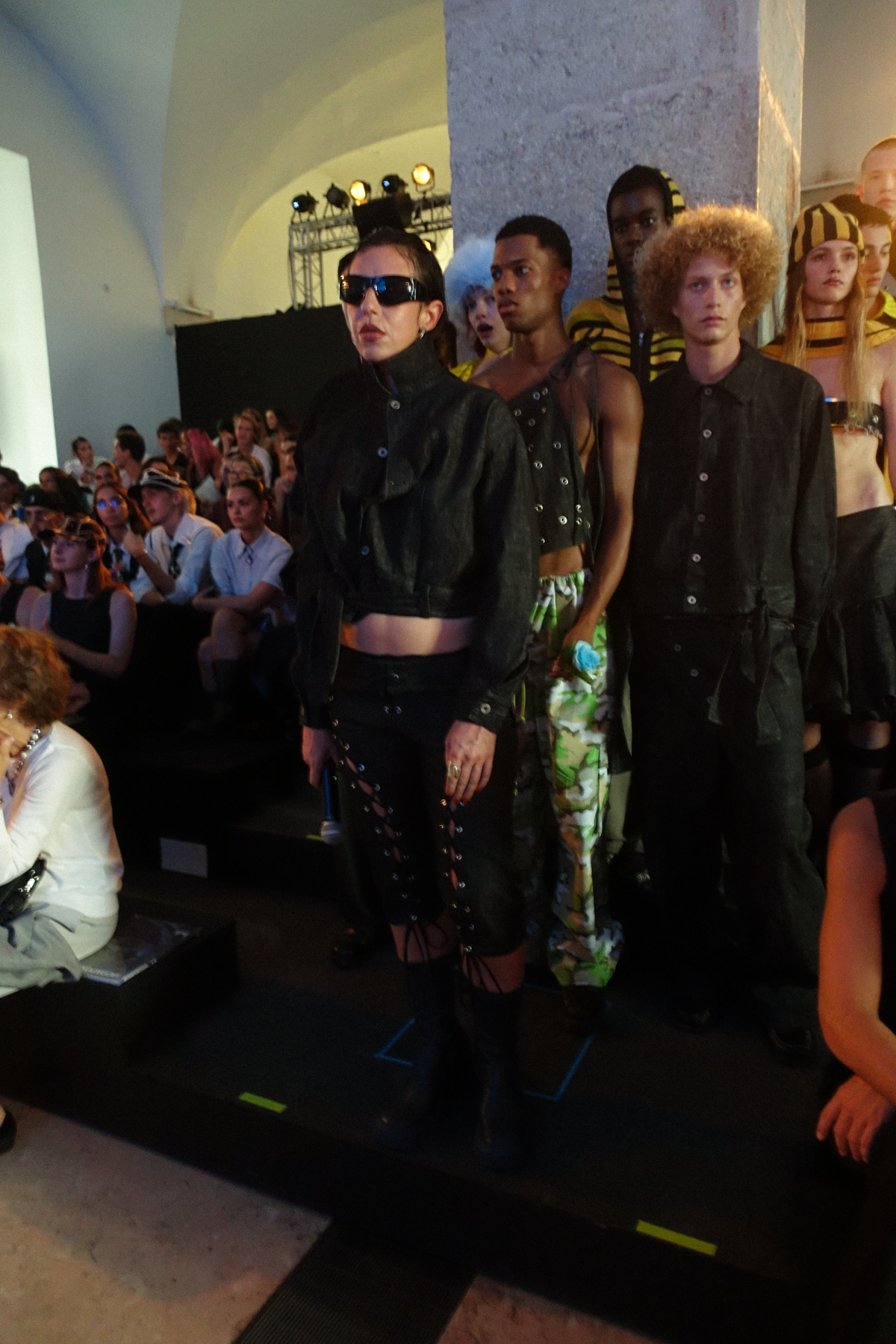
Where is your happy place in Portugal?
PG— I travel a lot, so I would say home. But there is a unique place in Porto, the lighthouse that separates the Douro River from the Atlantic Ocean.
During the trip, it was clear that sustainability is becoming a big part of Portugal’s fashion DNA. Do you think this will become the country’s key advantage?
PG— Every year, 22 billion pairs of shoes are produced worldwide, with 88% of them made in Asia. I don’t think that’s reasonable or sustainable. I believe there is room in the market for a small producer that focuses on quality at fair prices.
For this reason, we are going to invest 600 million euros by the end of this decade. It’s our biggest investment ever and a strong show of confidence in the future.
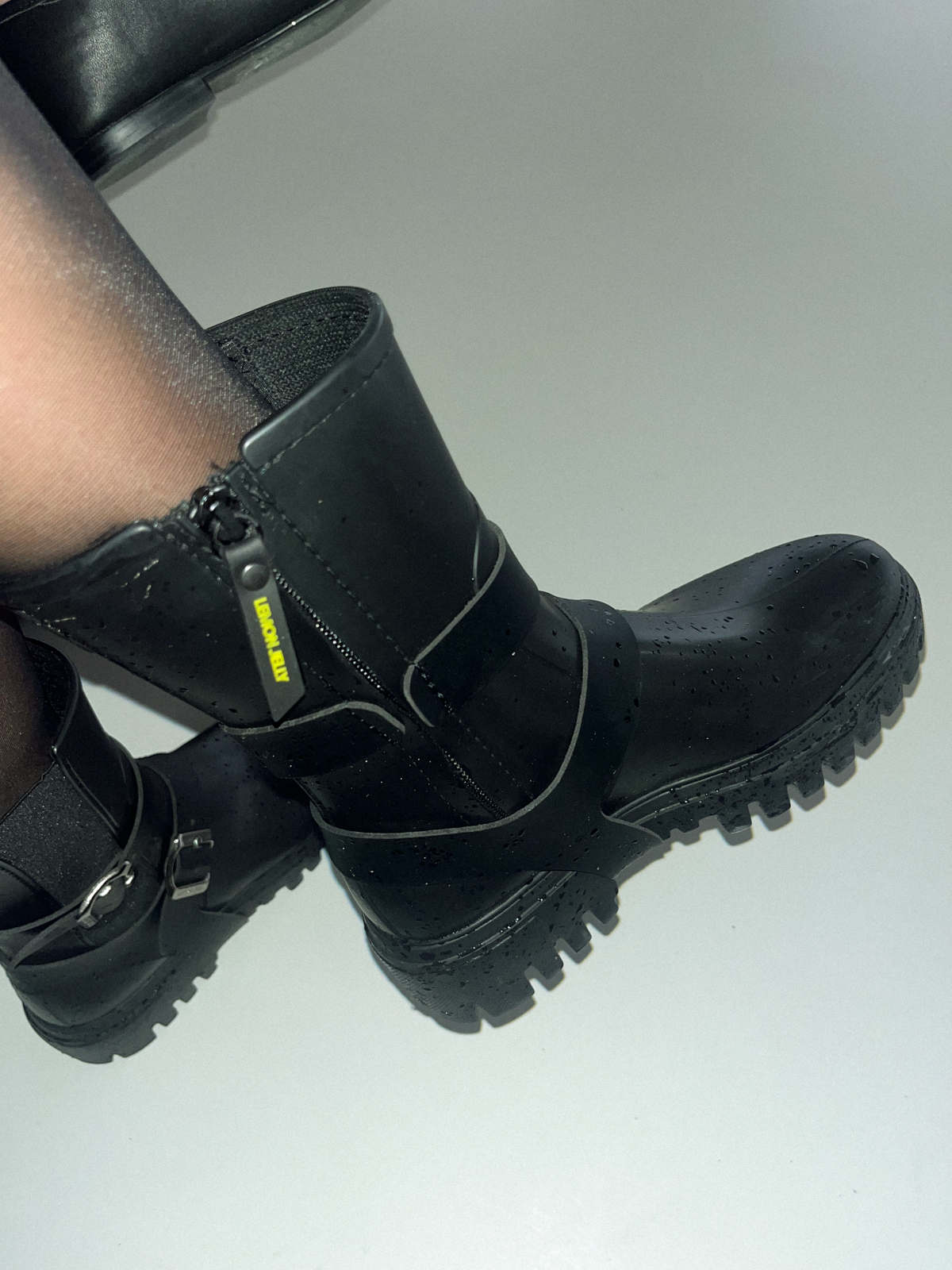
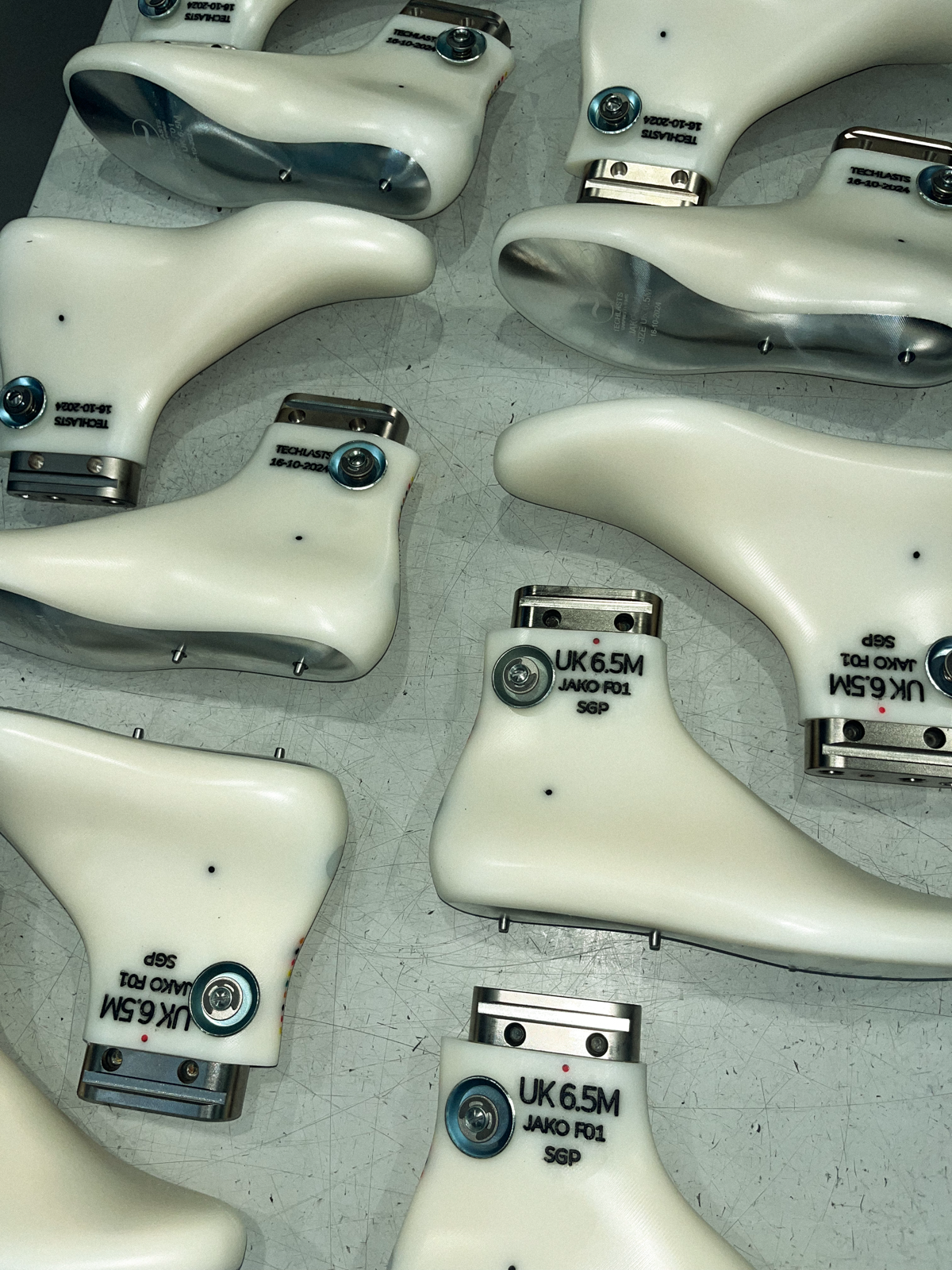
Why do you continue to do a print magazine in 2024?
PG— Because it makes sense. I believe we still have much to prove and that we must constantly reinvent ourselves. I believe we can be leaders, not followers.
Next year, the magazine will celebrate its 15th anniversary. We want to do even better. More than 50 professionals work with us. It's a big responsibility.
Do you have a favorite Portuguese dish?
PG— Without a doubt, codfish. Accompanied by a good white wine, whether from Douro, Dão, or Alentejo.
You’ve been a part of APICCAPS for over two decades now. What has kept you there and passionate for so long?
PG— I am a passionate person who loves fashion and shoes. I enjoy socializing, discovering new cultures, and having the opportunity to meet incredible people. I feel like I’ve dedicated my life to the footwear sector, and I’ve never regretted it. I have given everything to this industry and to APICCAPS but I’ve also received a lot in return and have been able to explore the rest of the world.
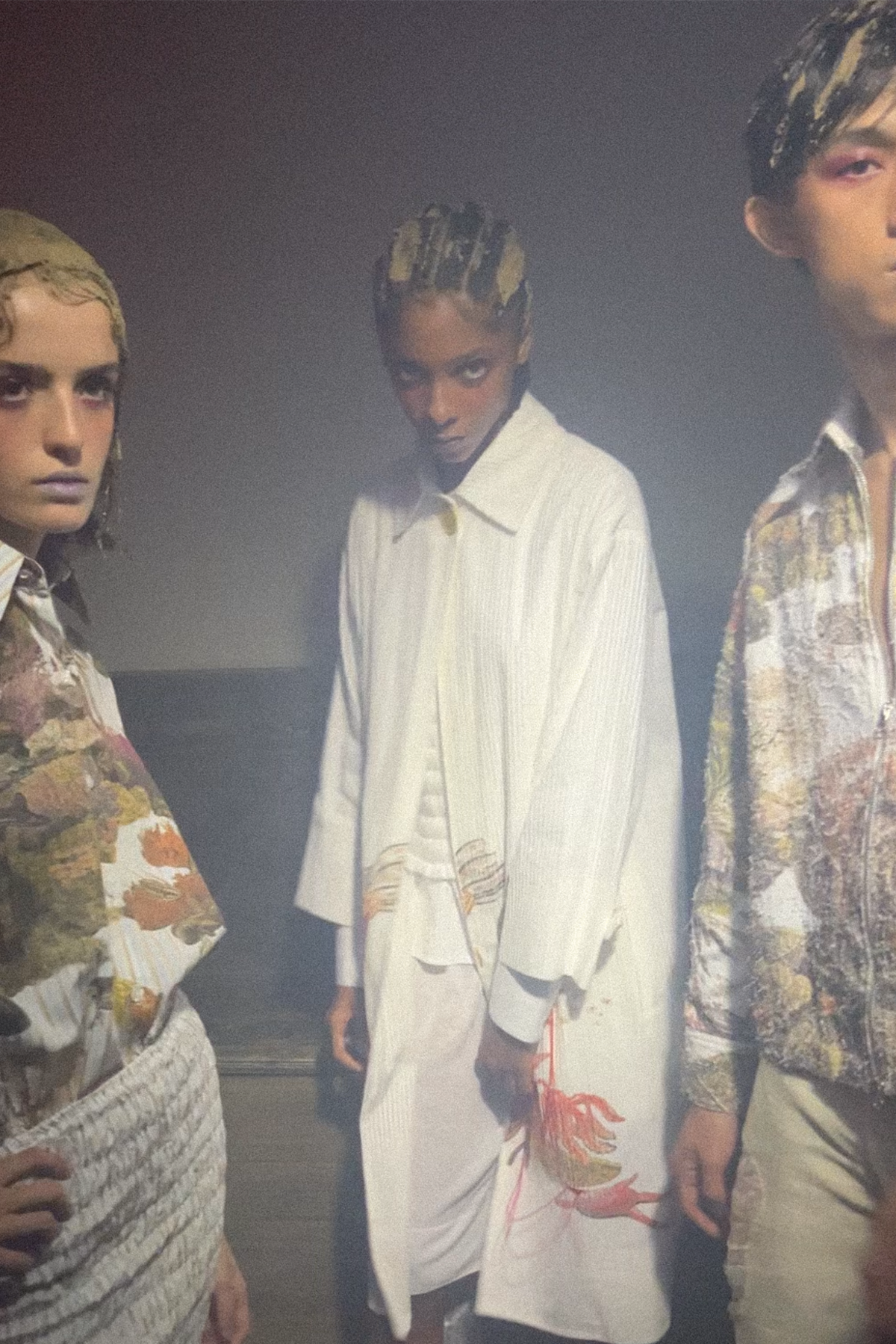
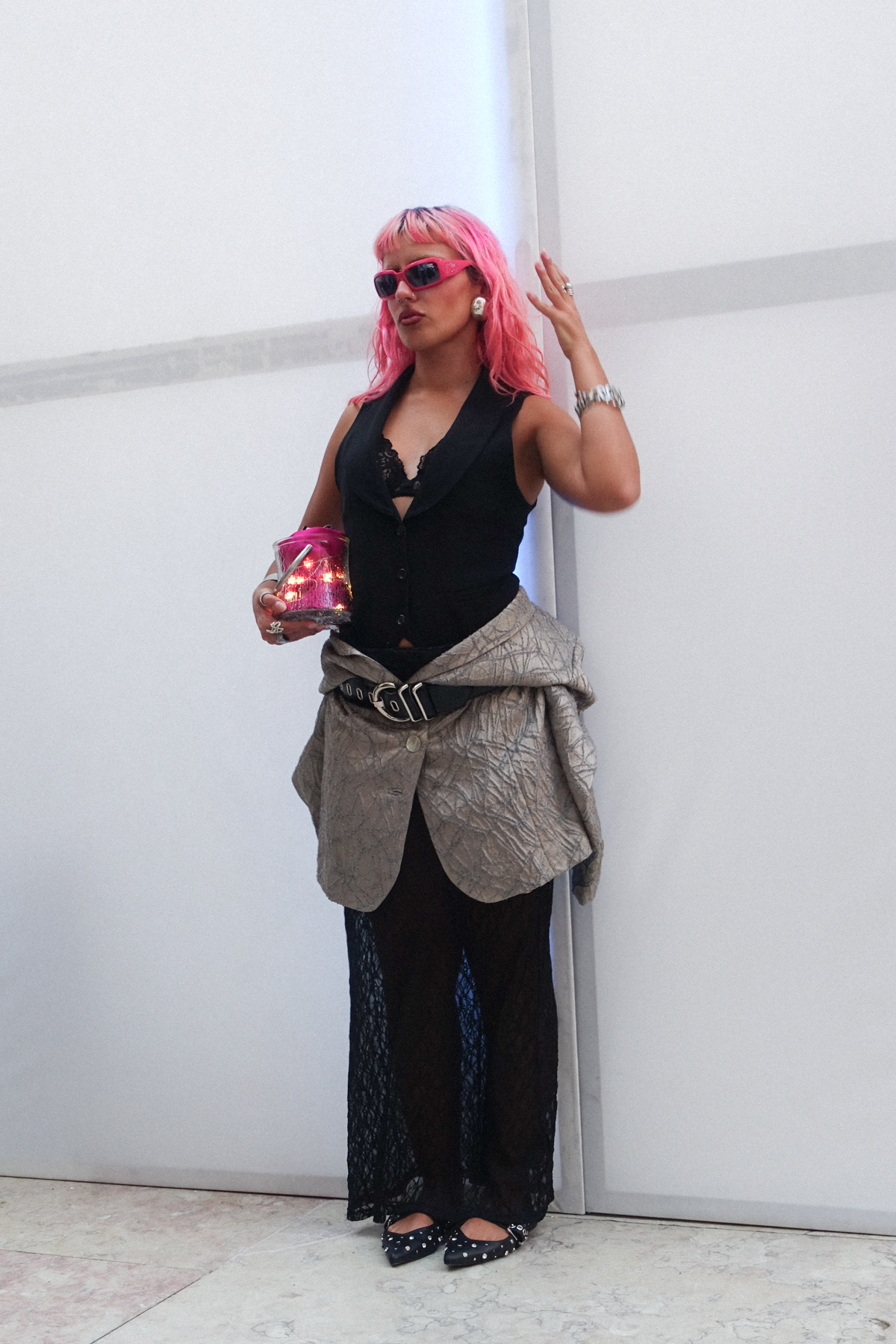
What role do you think Portuguese designers play in shaping the global fashion landscape?
PG— It’s a fundamental vision. While companies have the technology and know-how accumulated over generations, designers bring a fresh, young, and bold perspective to the market.
I am a strong advocate for creative partnerships between designers and the industry. That’s why we invest in being present at ModaLisboa, as well as at other important fashion weeks like London, Paris, and New York.
Away from Sustainability. What’s going to be a big innovation that will change the game for Portuguese fashion?
PG— Productive innovation, development capacity, and a quick response to the market are some of the main competitive arguments of Portuguese companies.
What’s your most prized fashion possession?
PG— Shoes. Always shoes. And in this chapter, I am privileged. I have the best of all. The Portuguese.
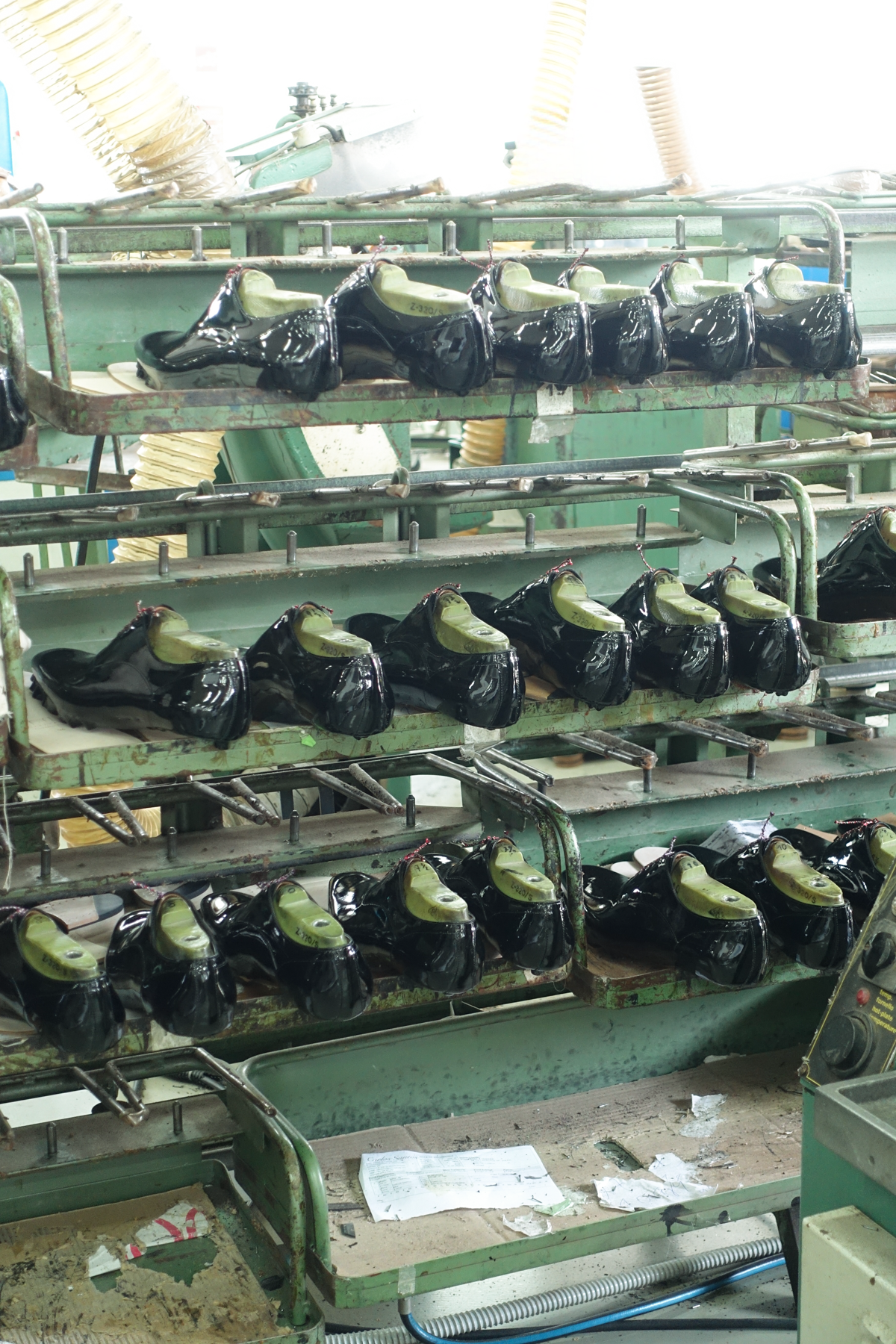
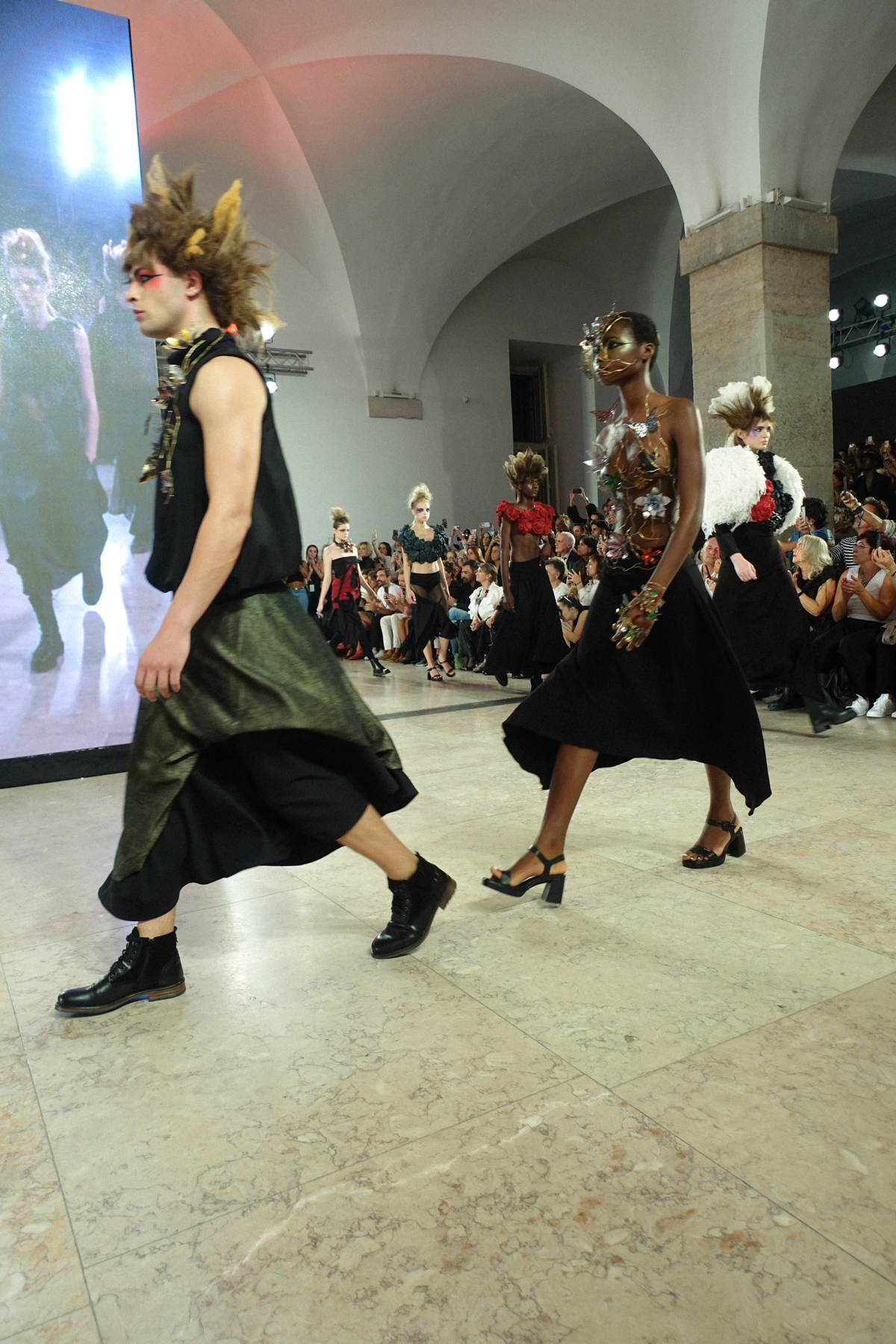
If you could feature anyone past or present in Portuguese Soul, who would it be?
PG— We’ve had the opportunity to showcase the greatest Portuguese talents in Portuguese Soul and there’s always an opportunity to discover more. From music to theater, and across fashion in general, a new generation of great value is emerging in the country. Portuguese Soul will always provide a stage for all these young people who are full of dreams.
Before we wrap this up. What’s next for you, APICCAPS, and the magazine?
PG— I want to be able to maintain the same emotional wavelength in life, at APICCAPS, in the magazine, in everything I do. I fall in love again every day with those around me and with what I do. Being able to enjoy life surrounded by good people and good energy is a privilege I will do my best to preserve.
